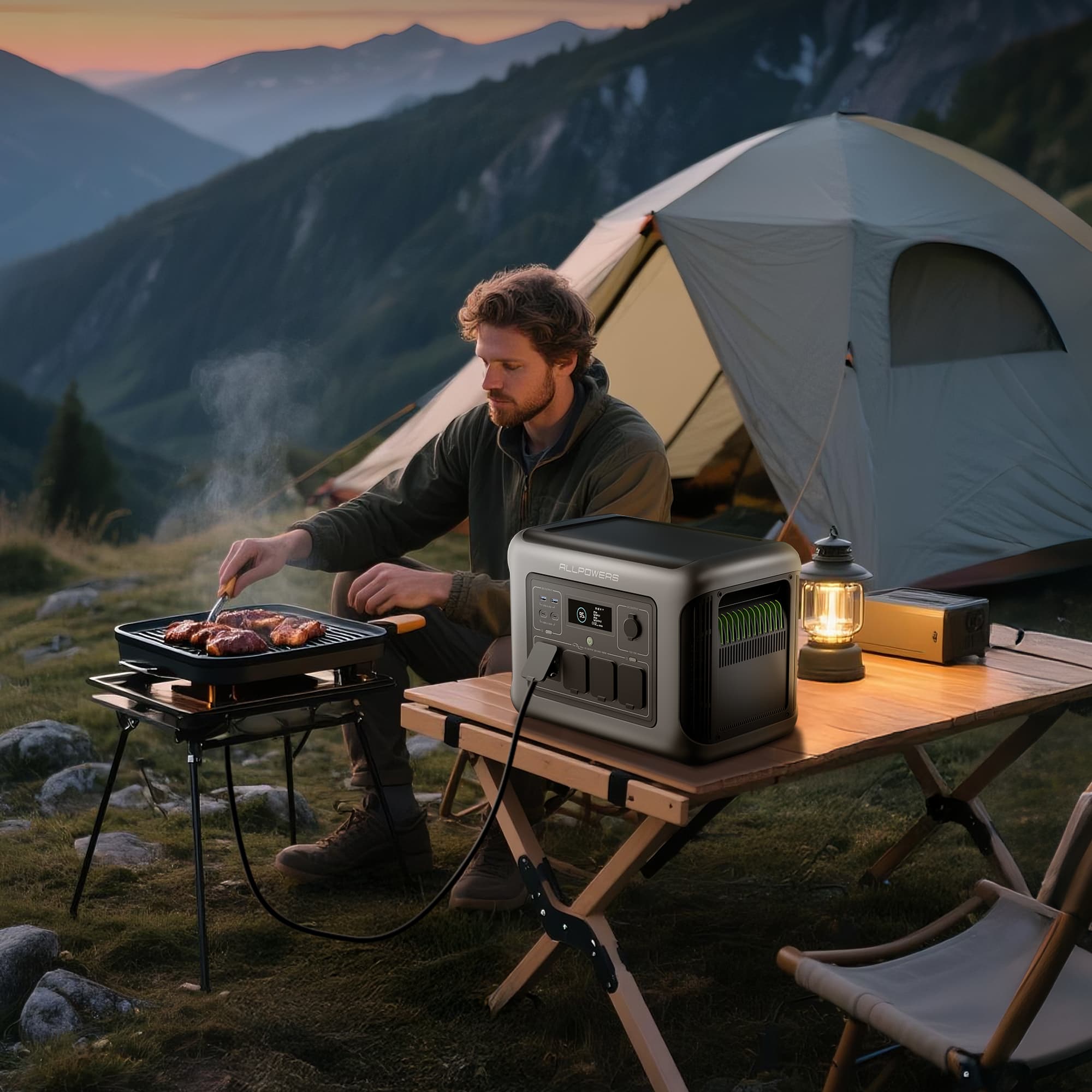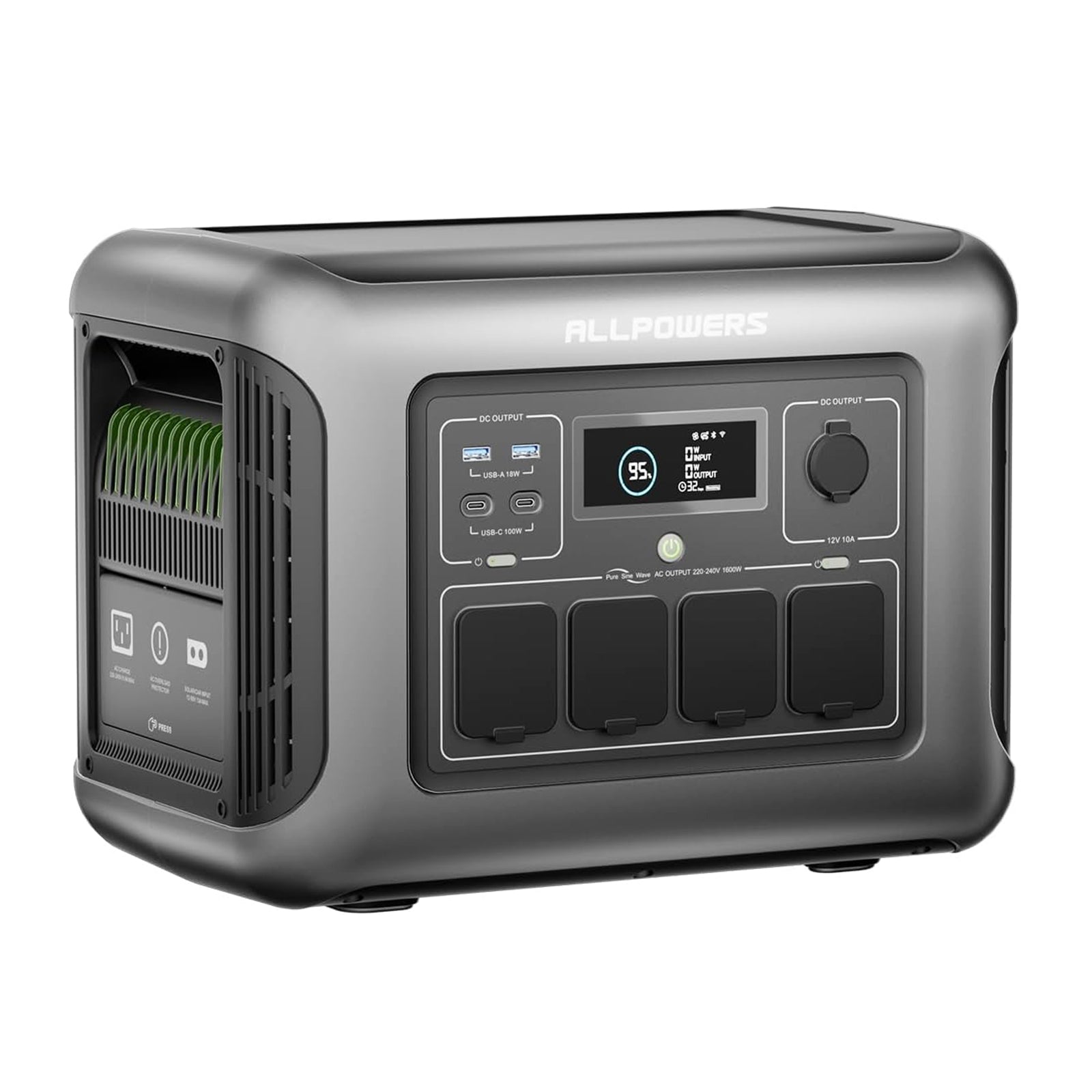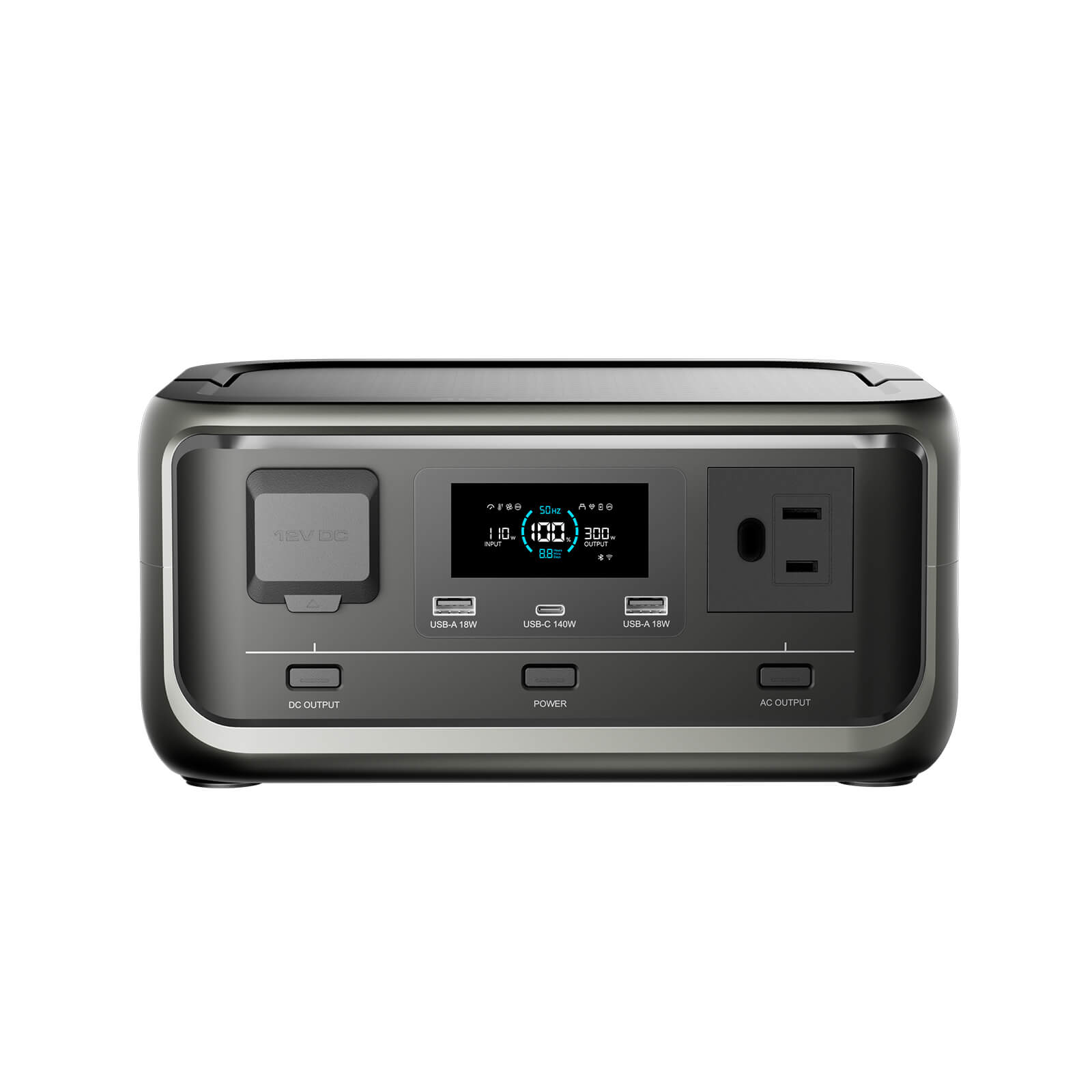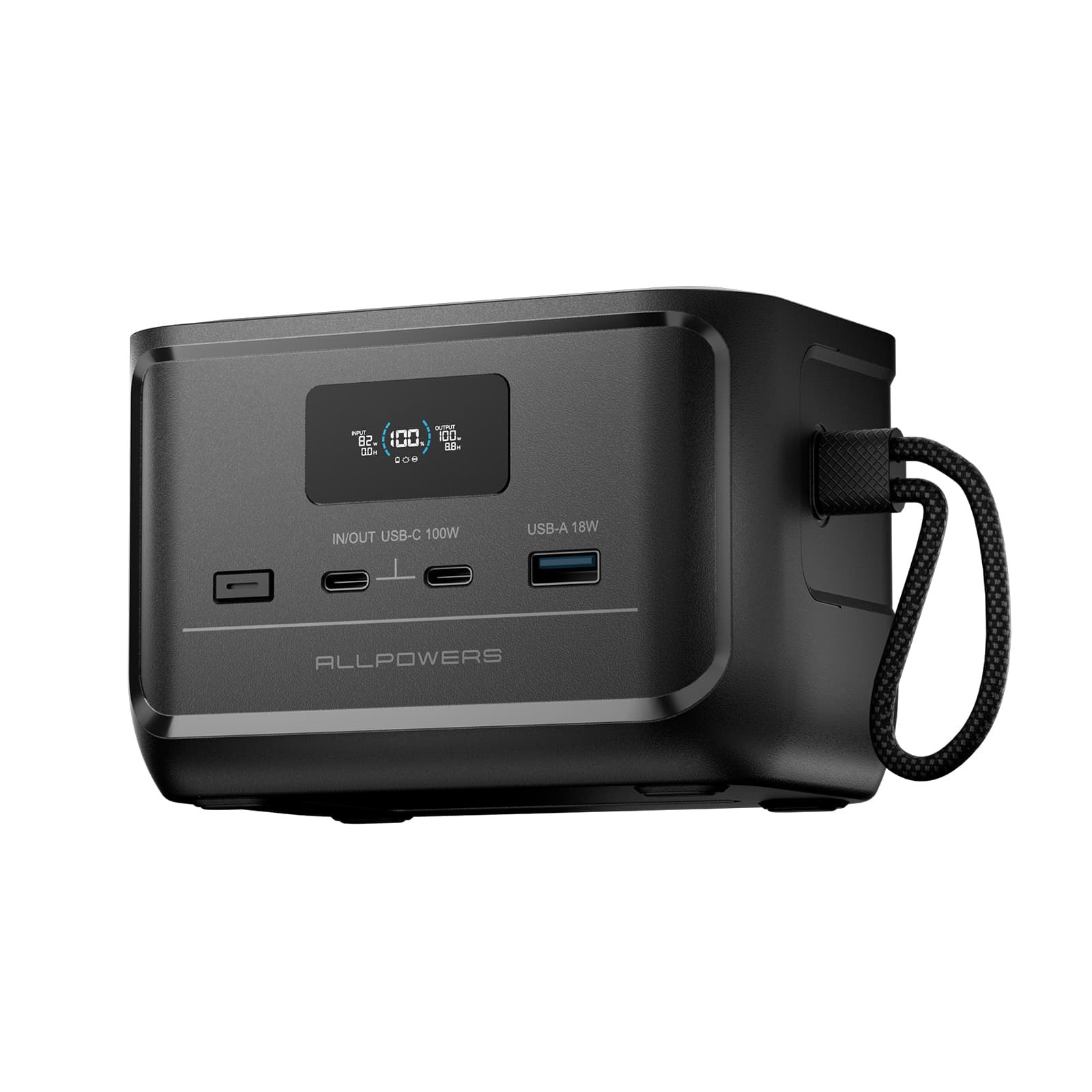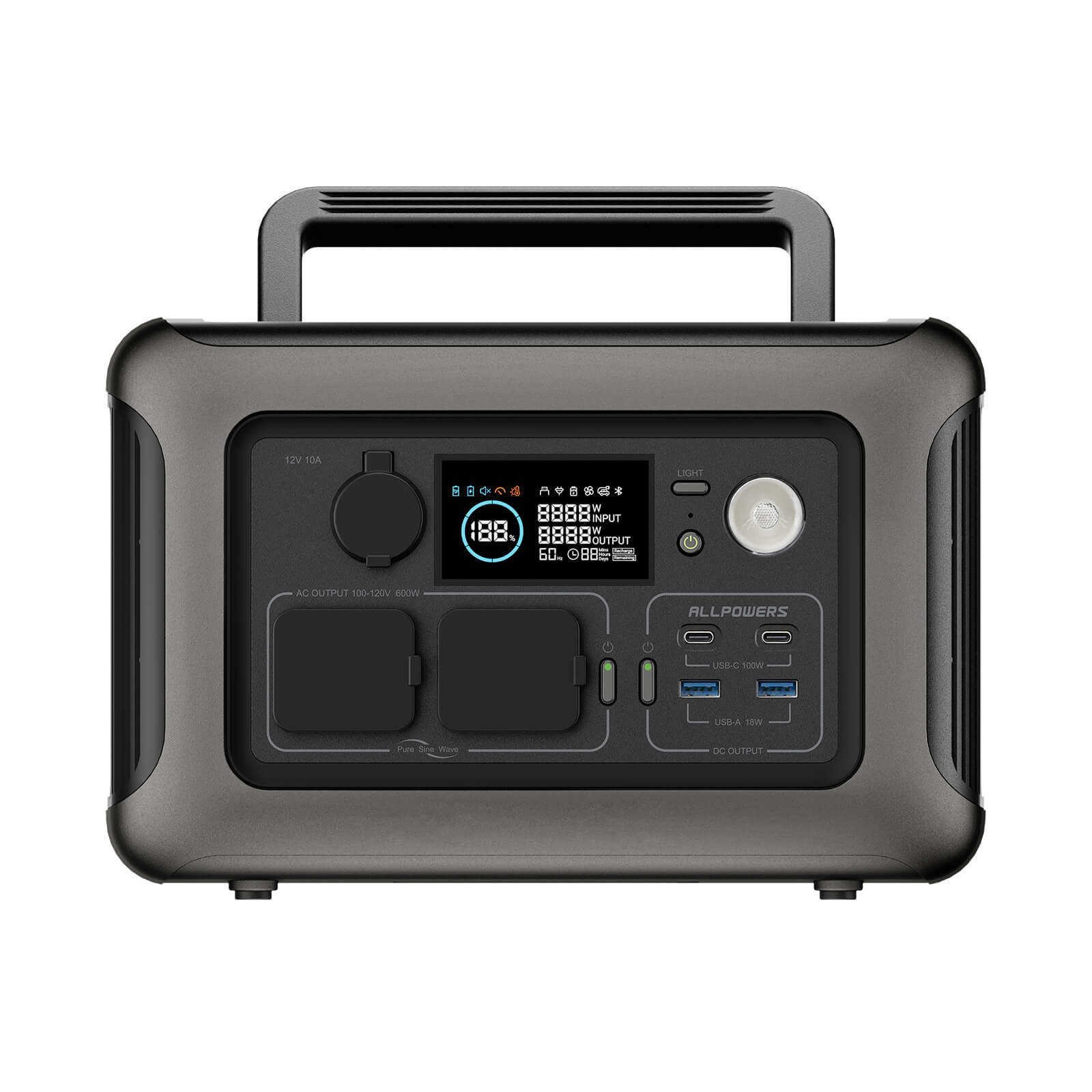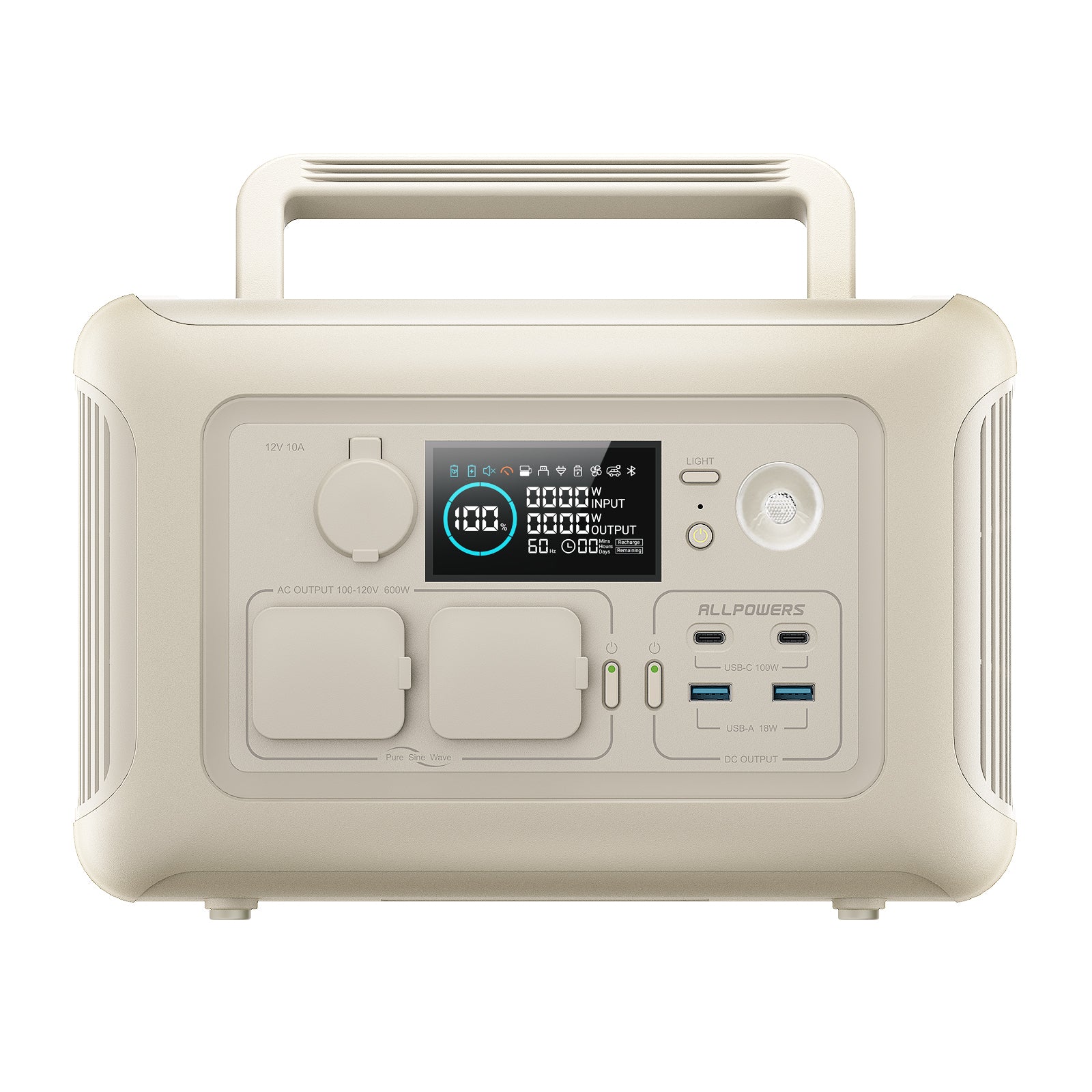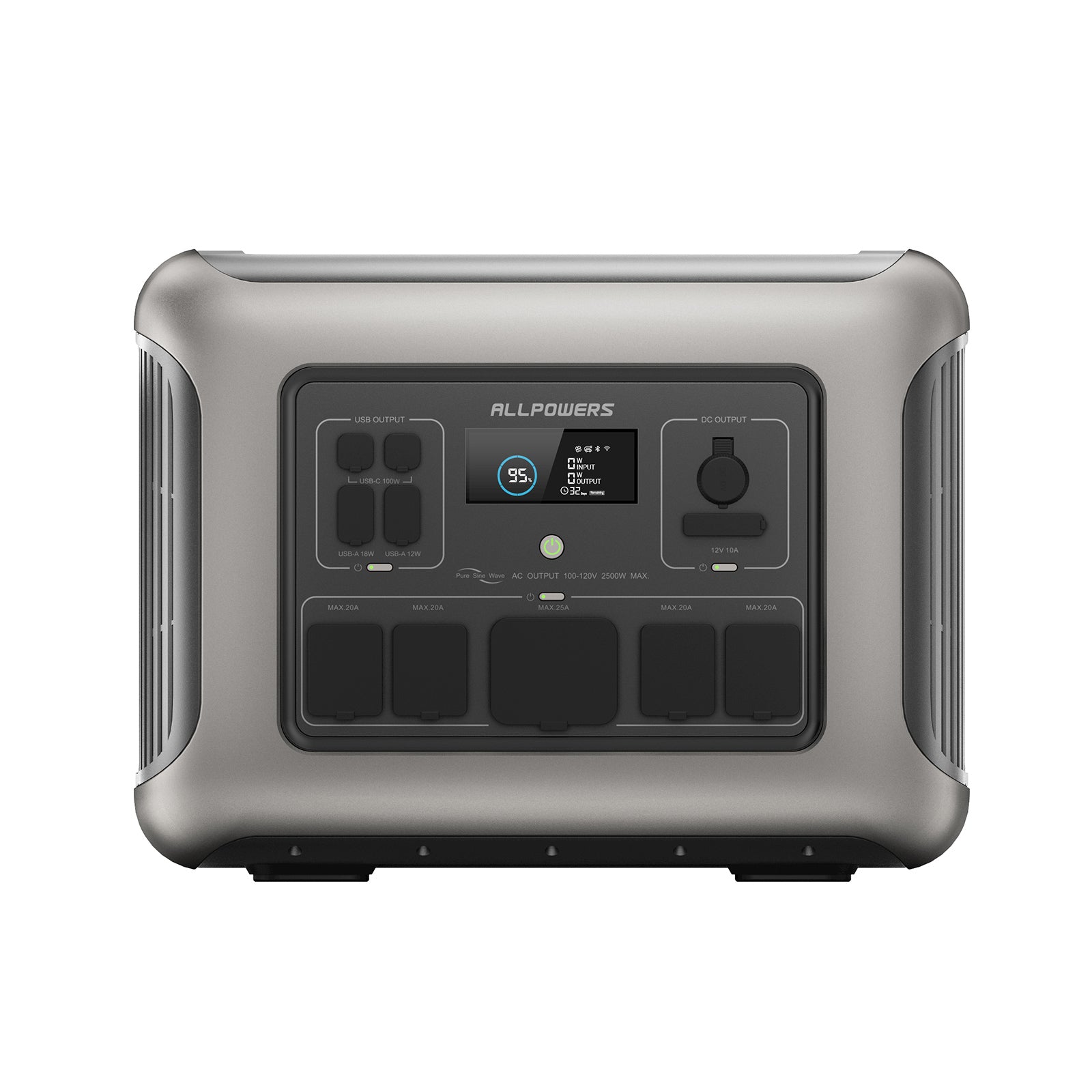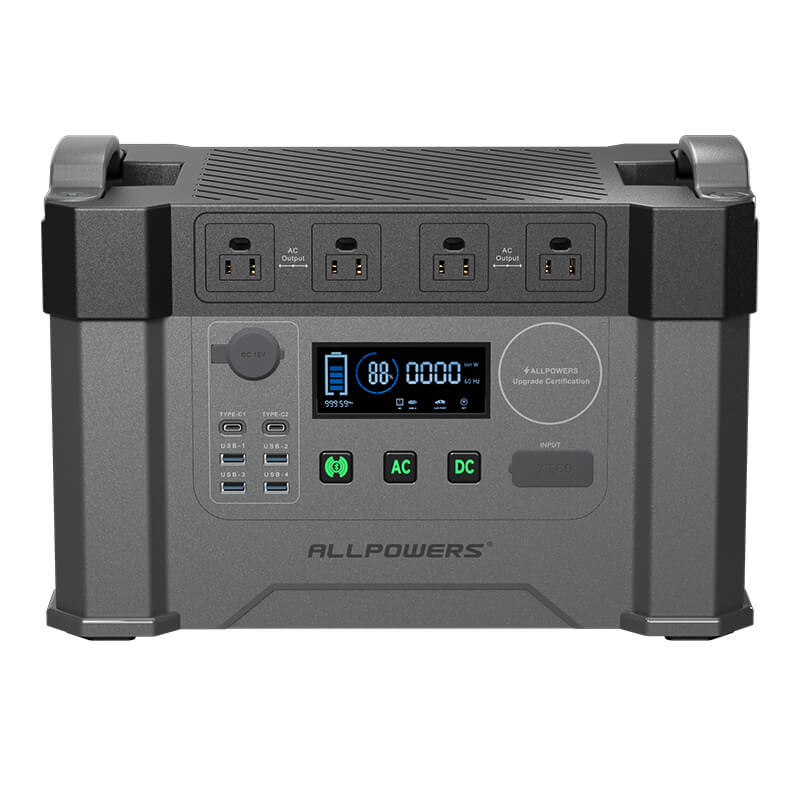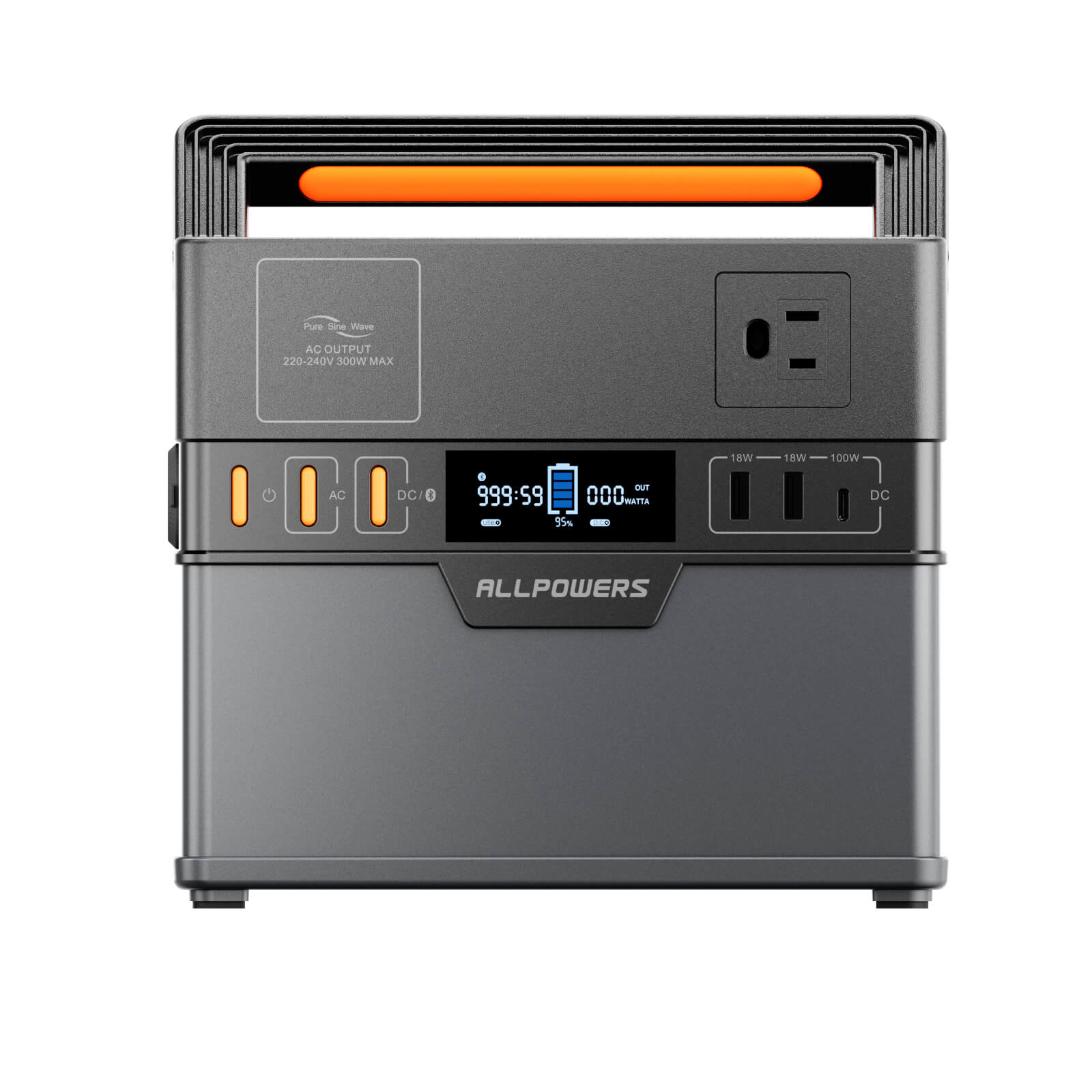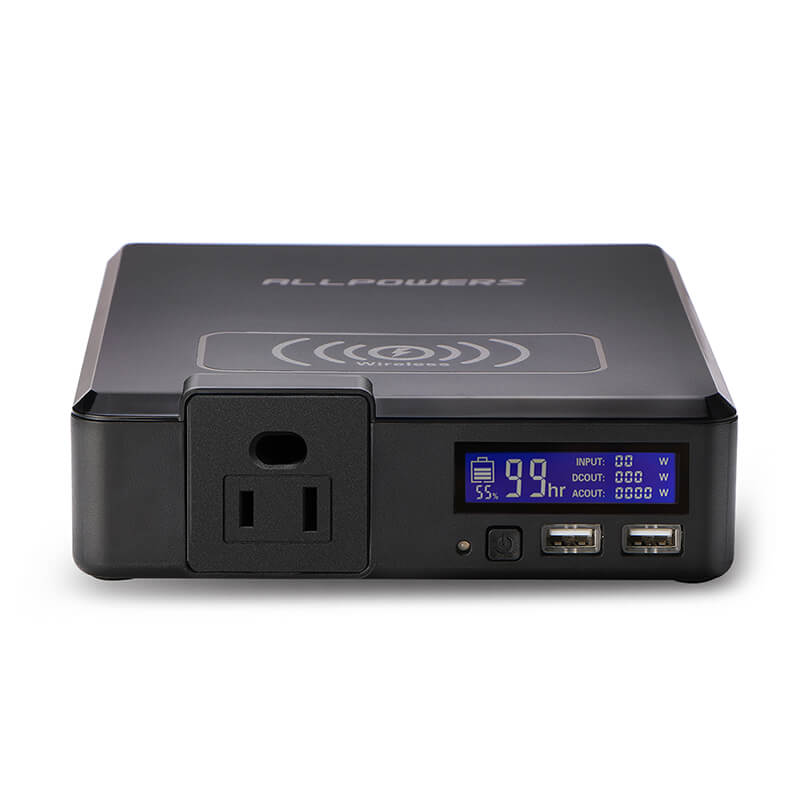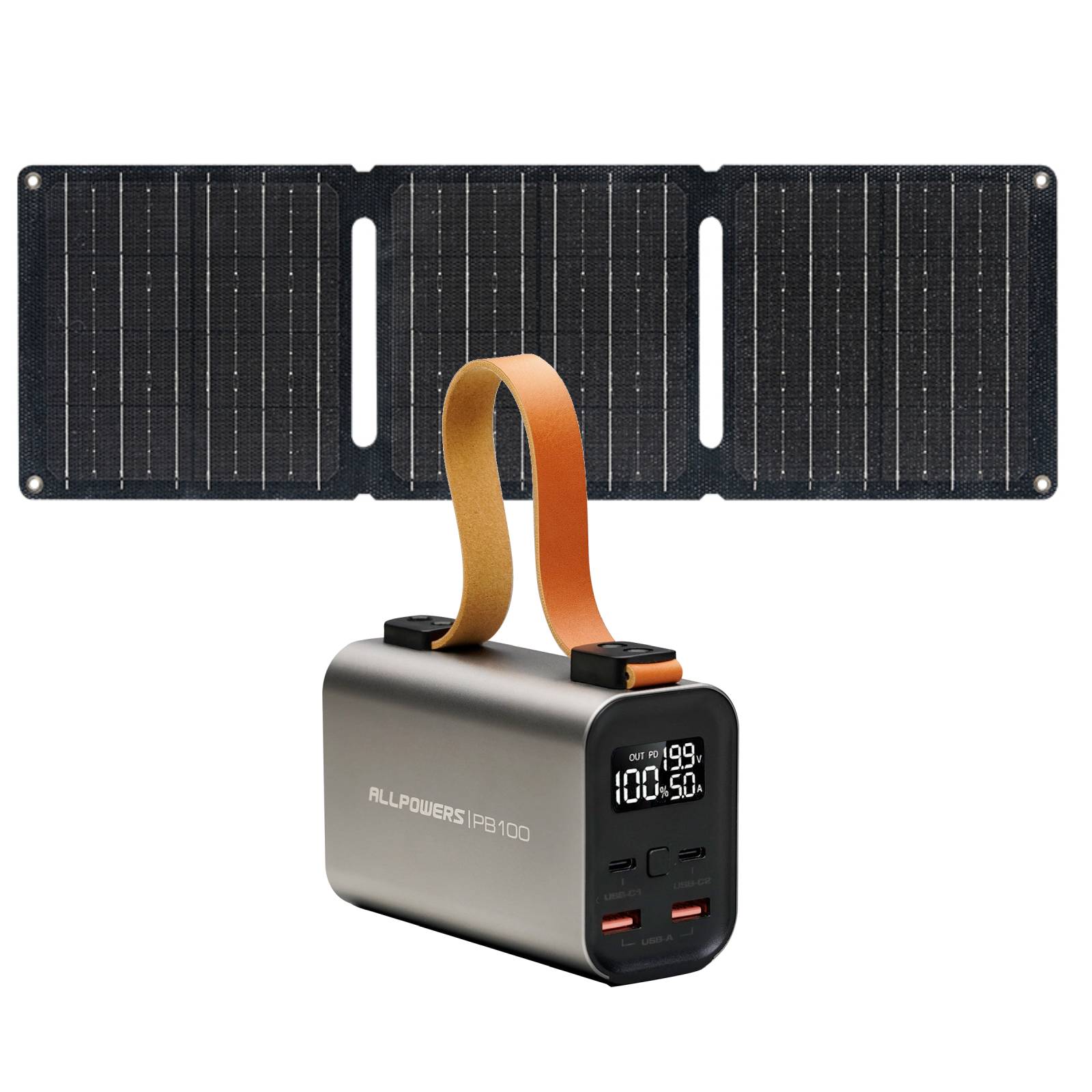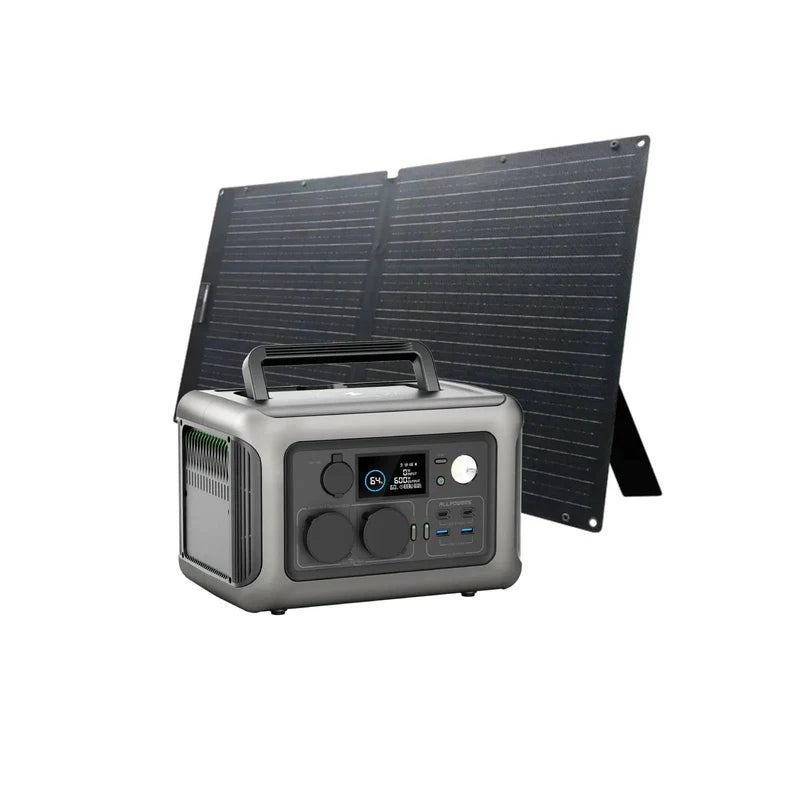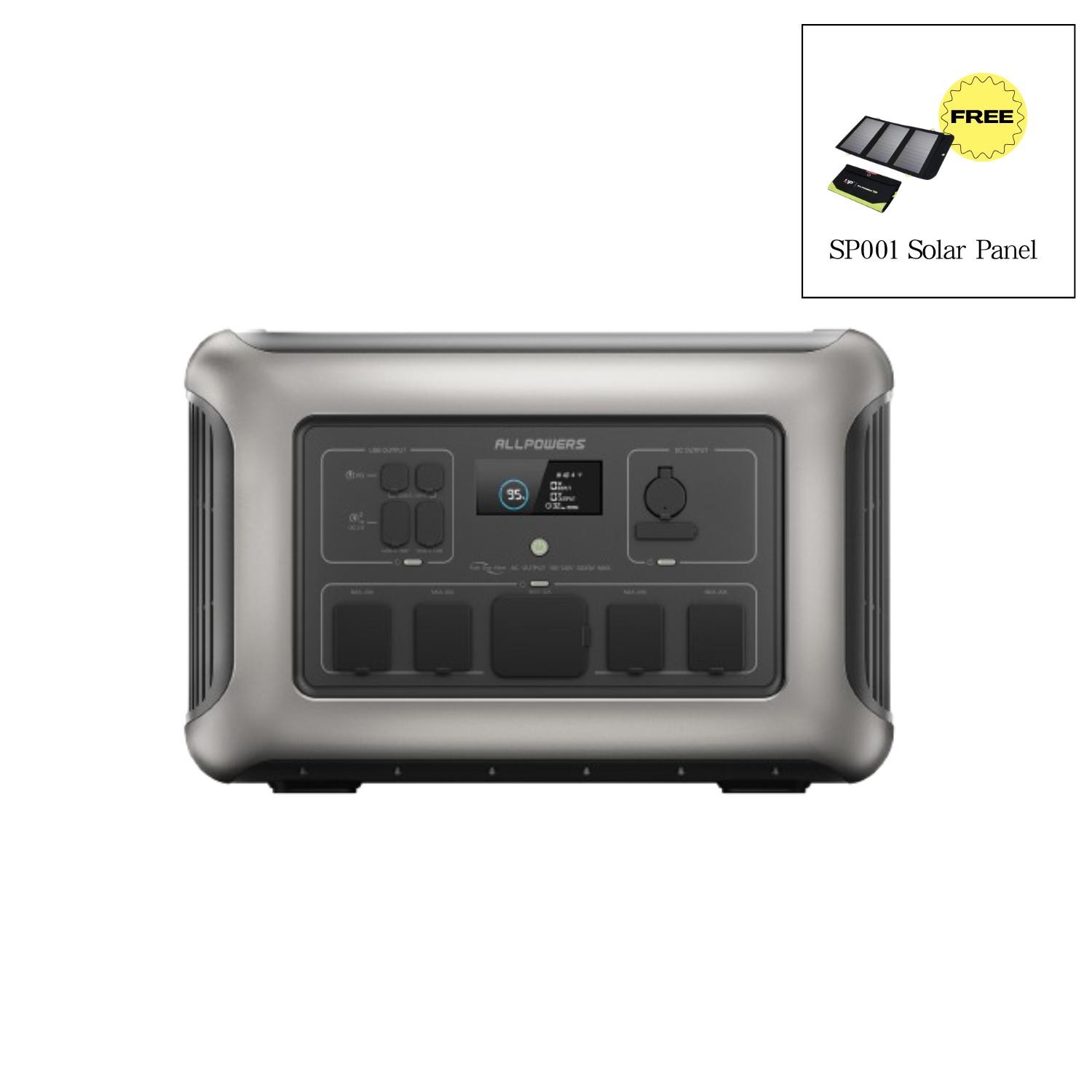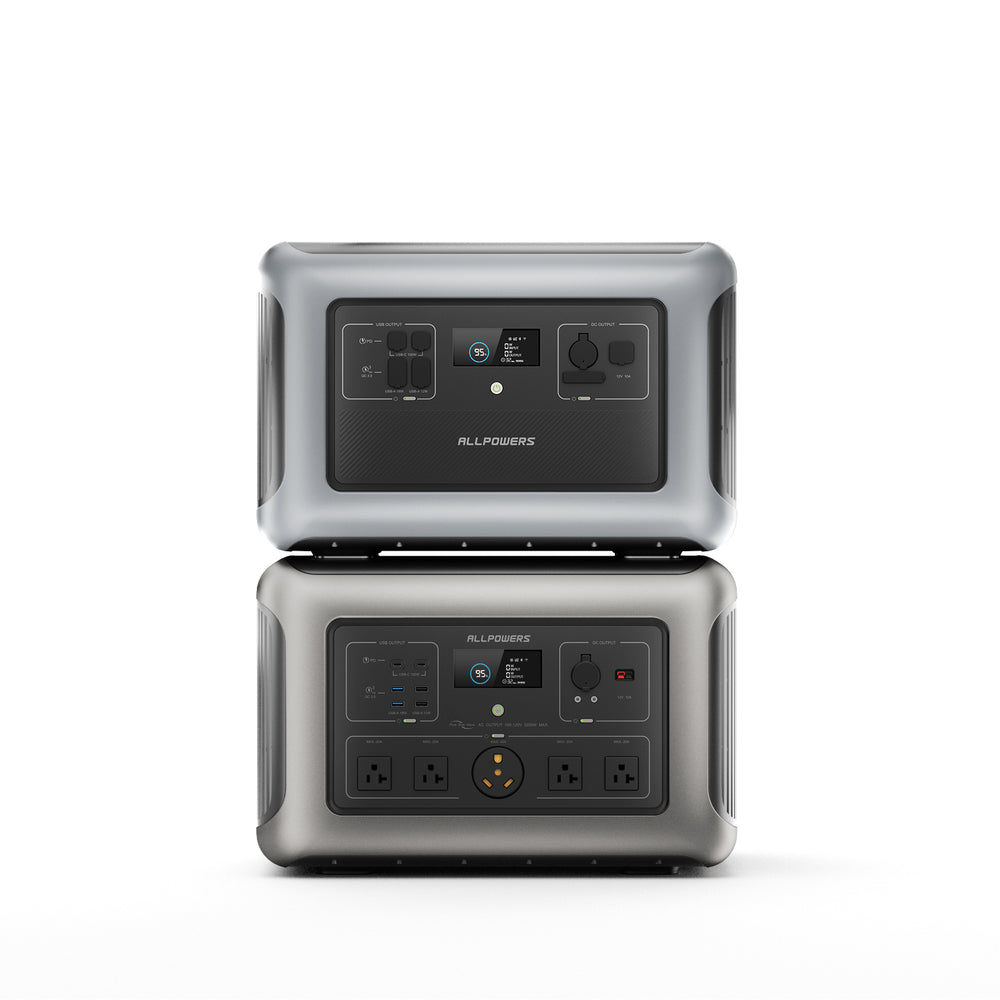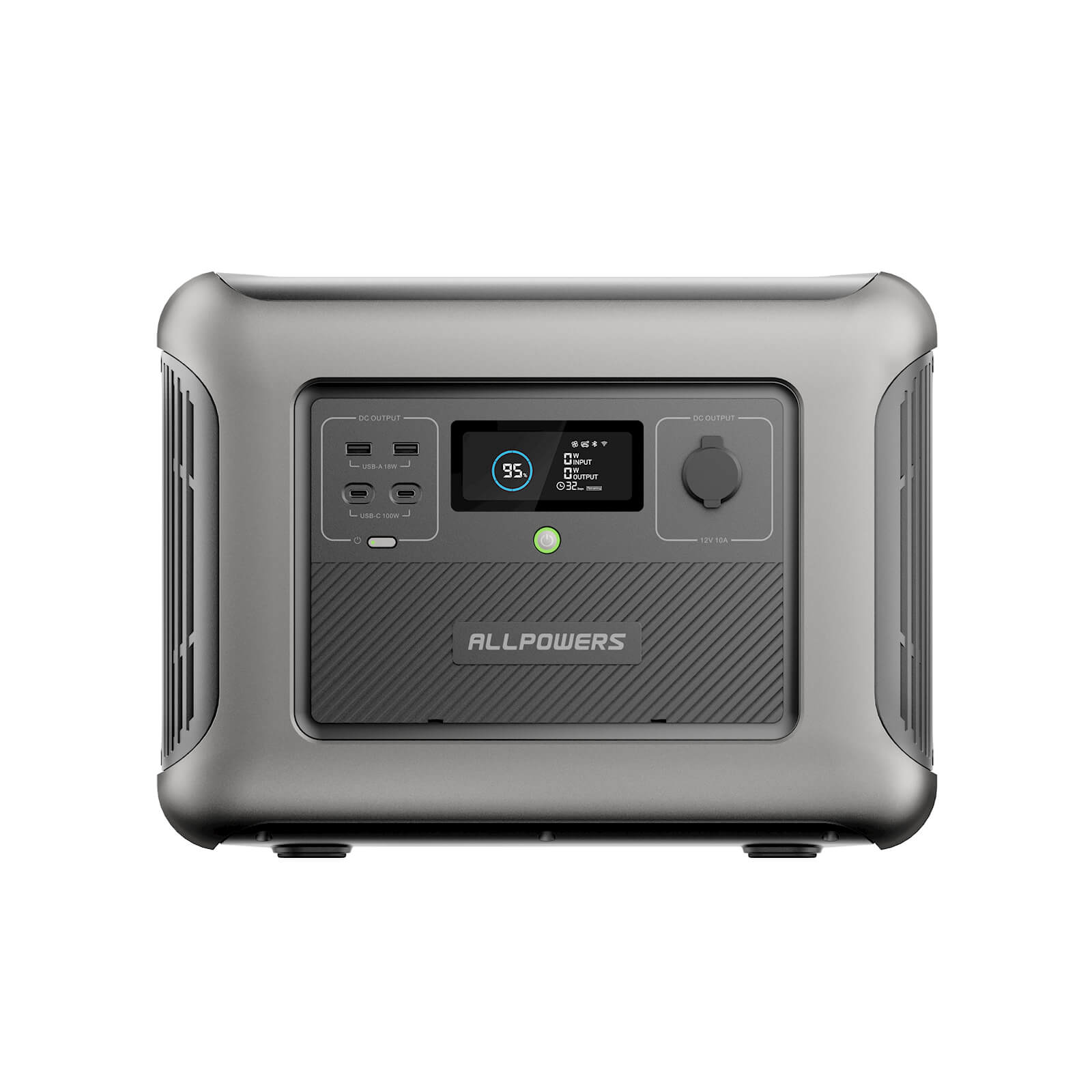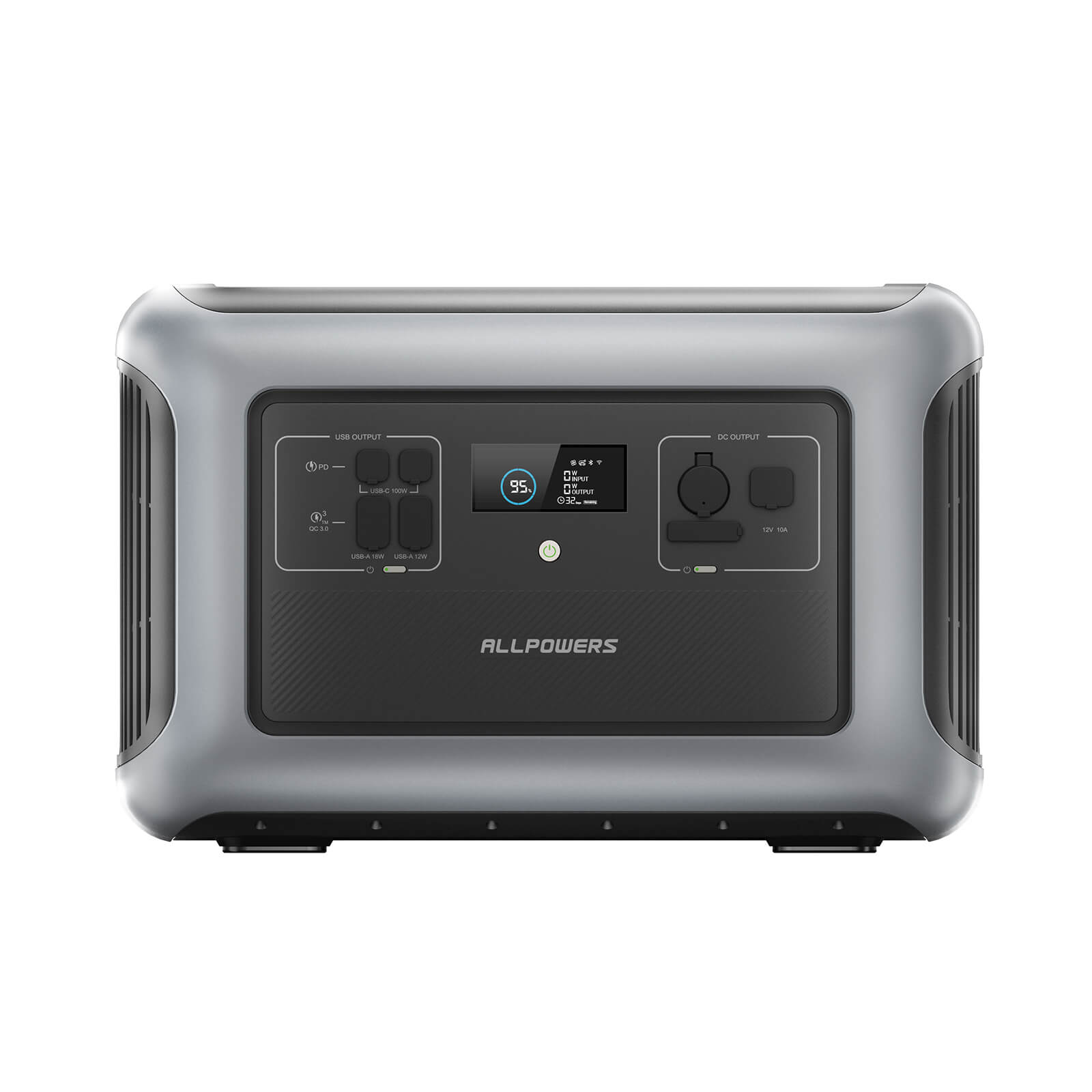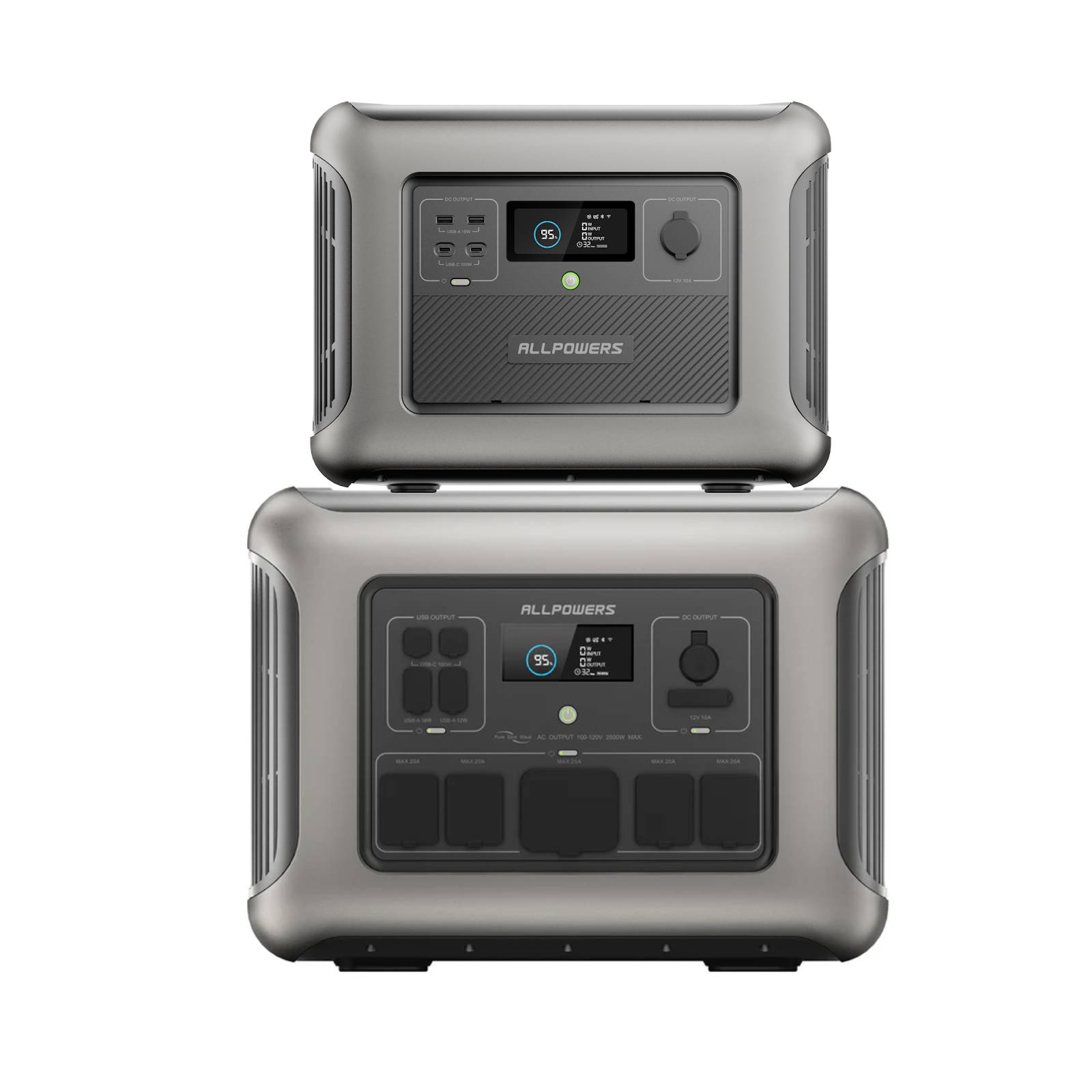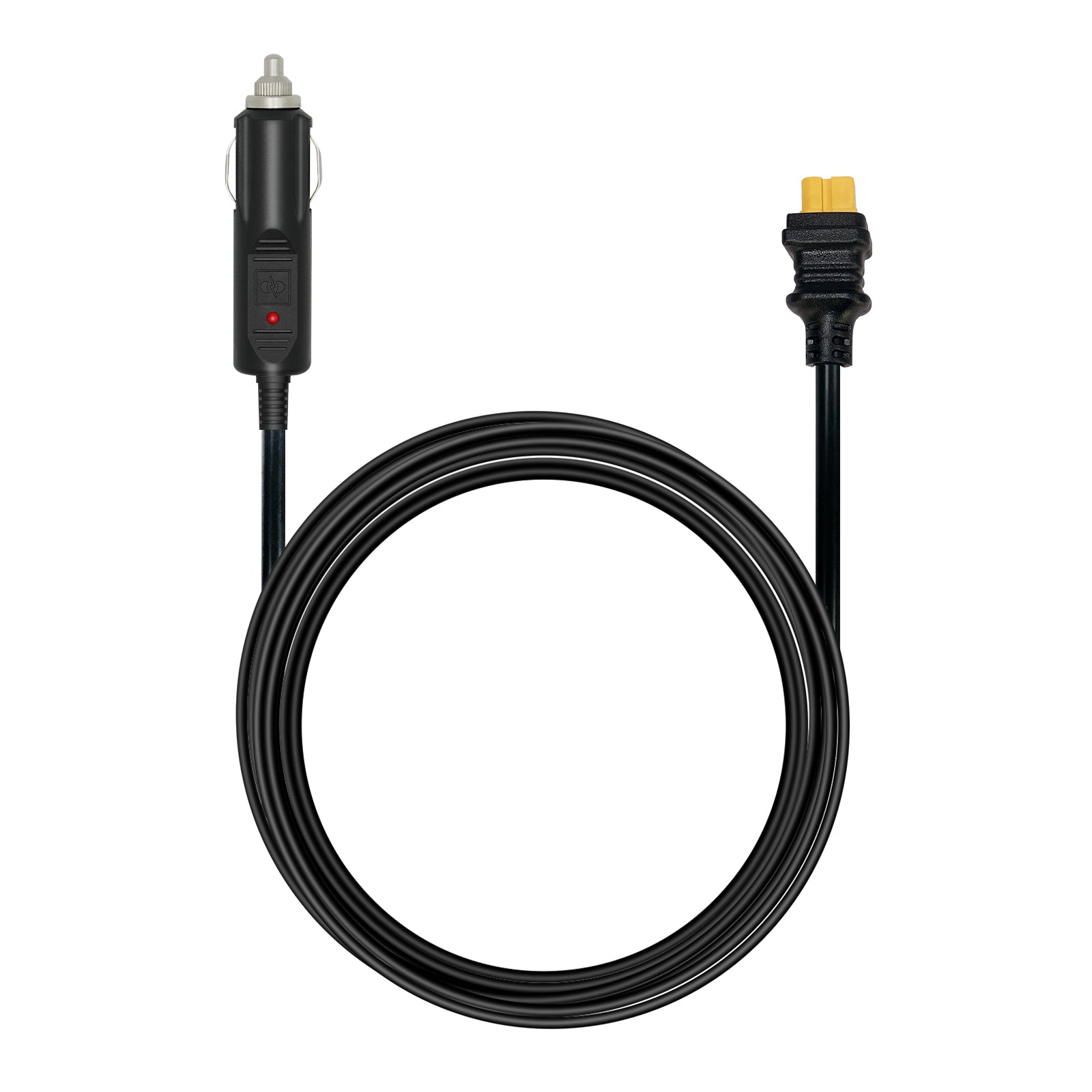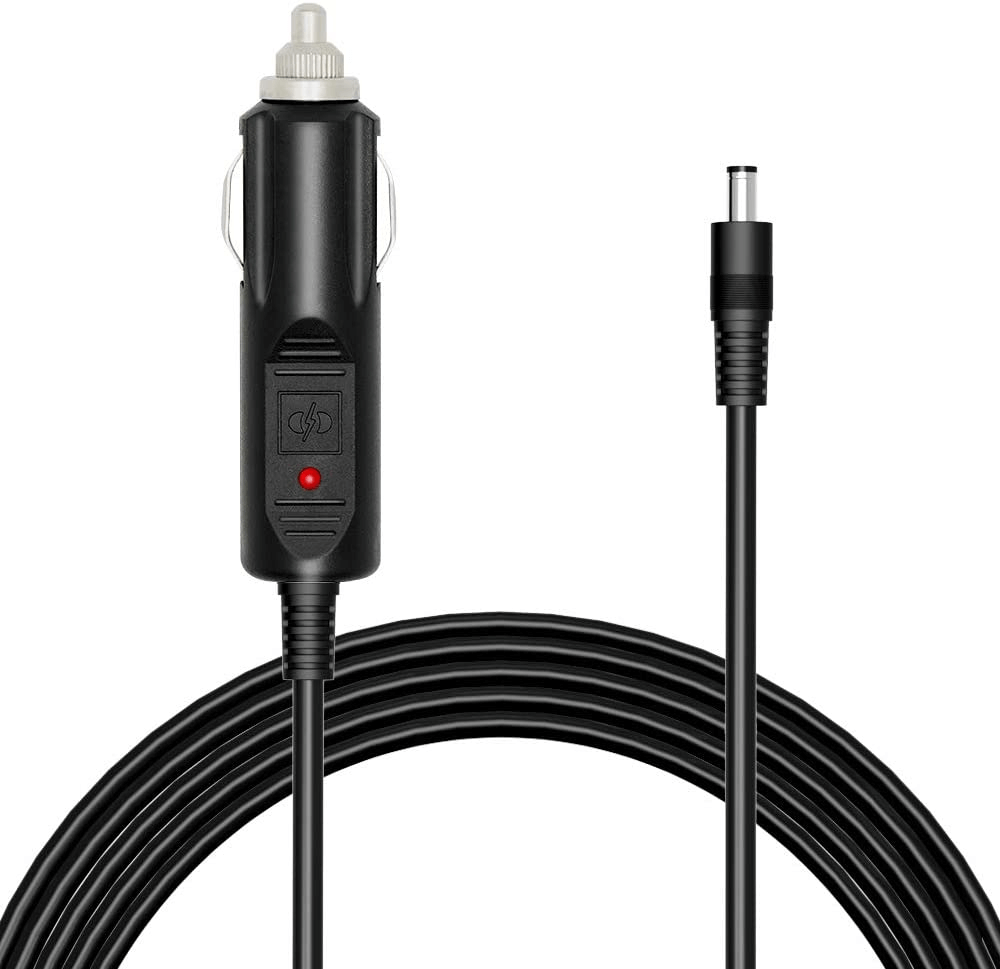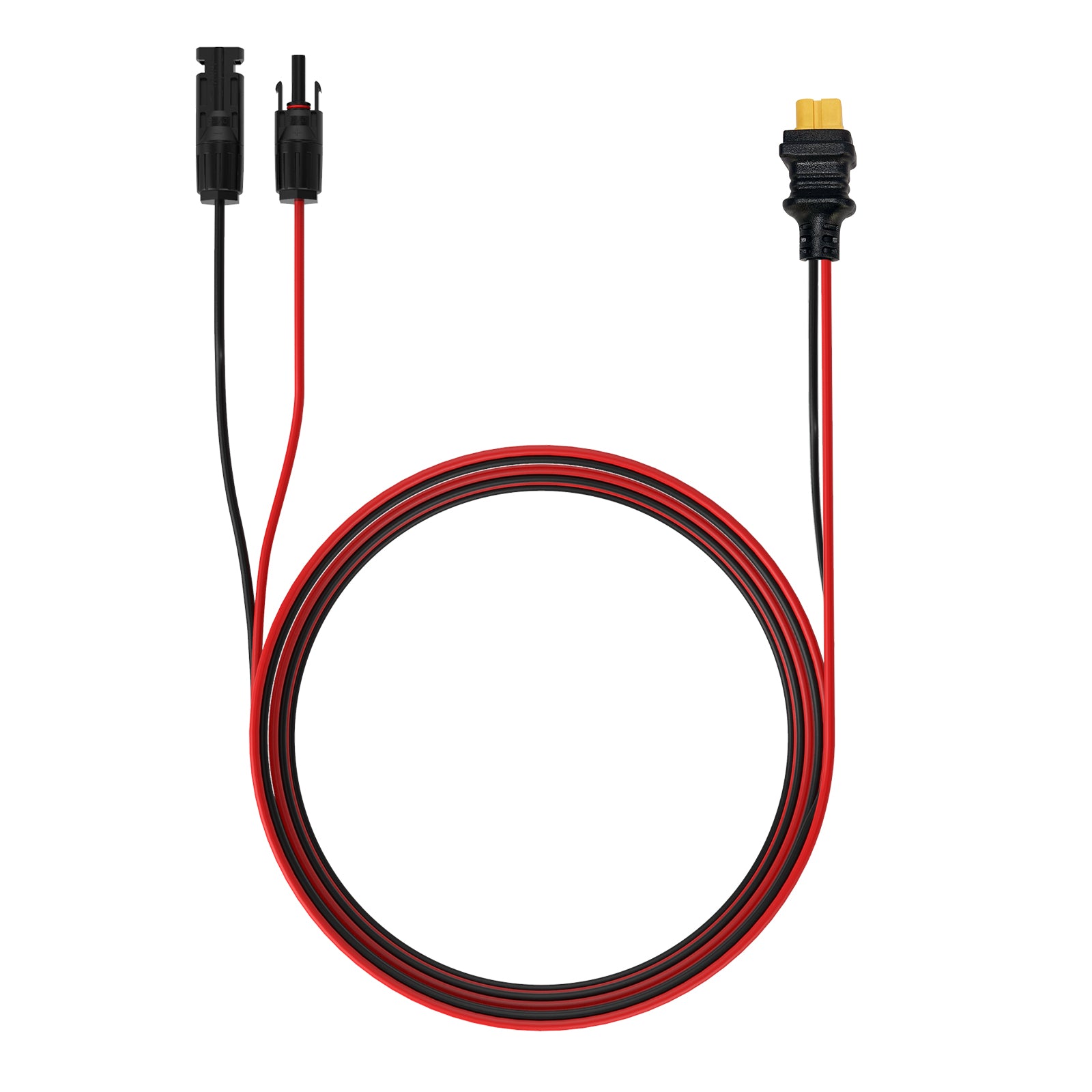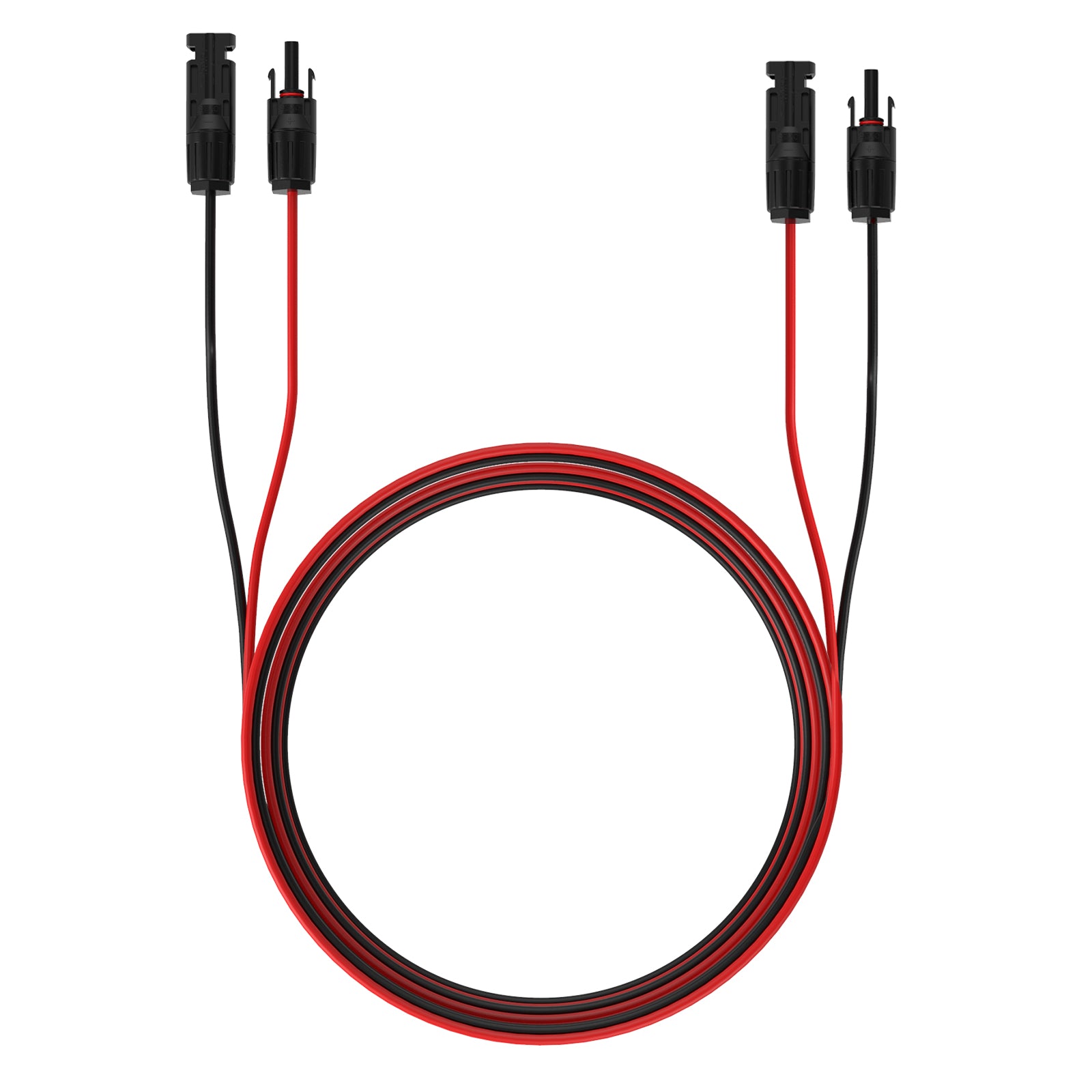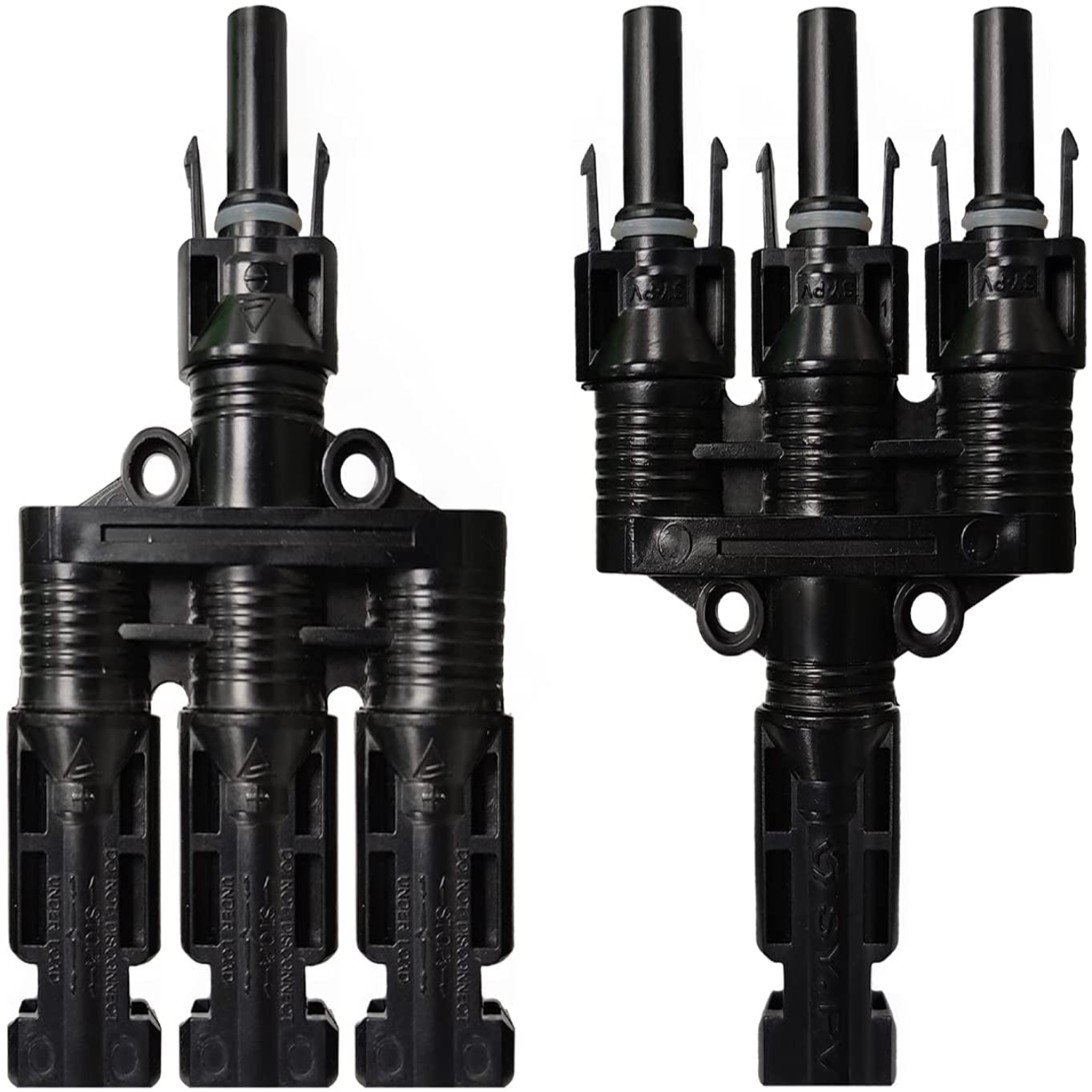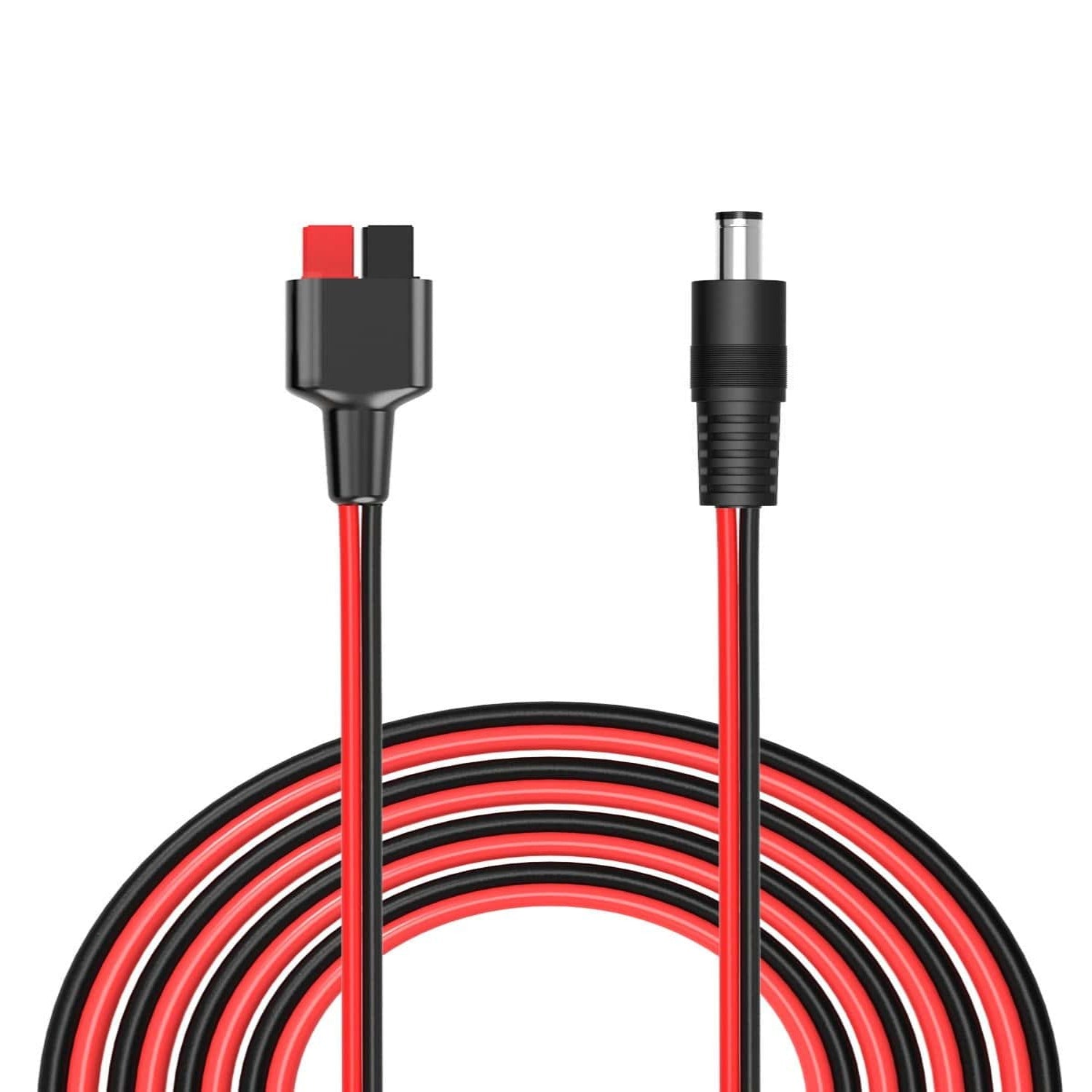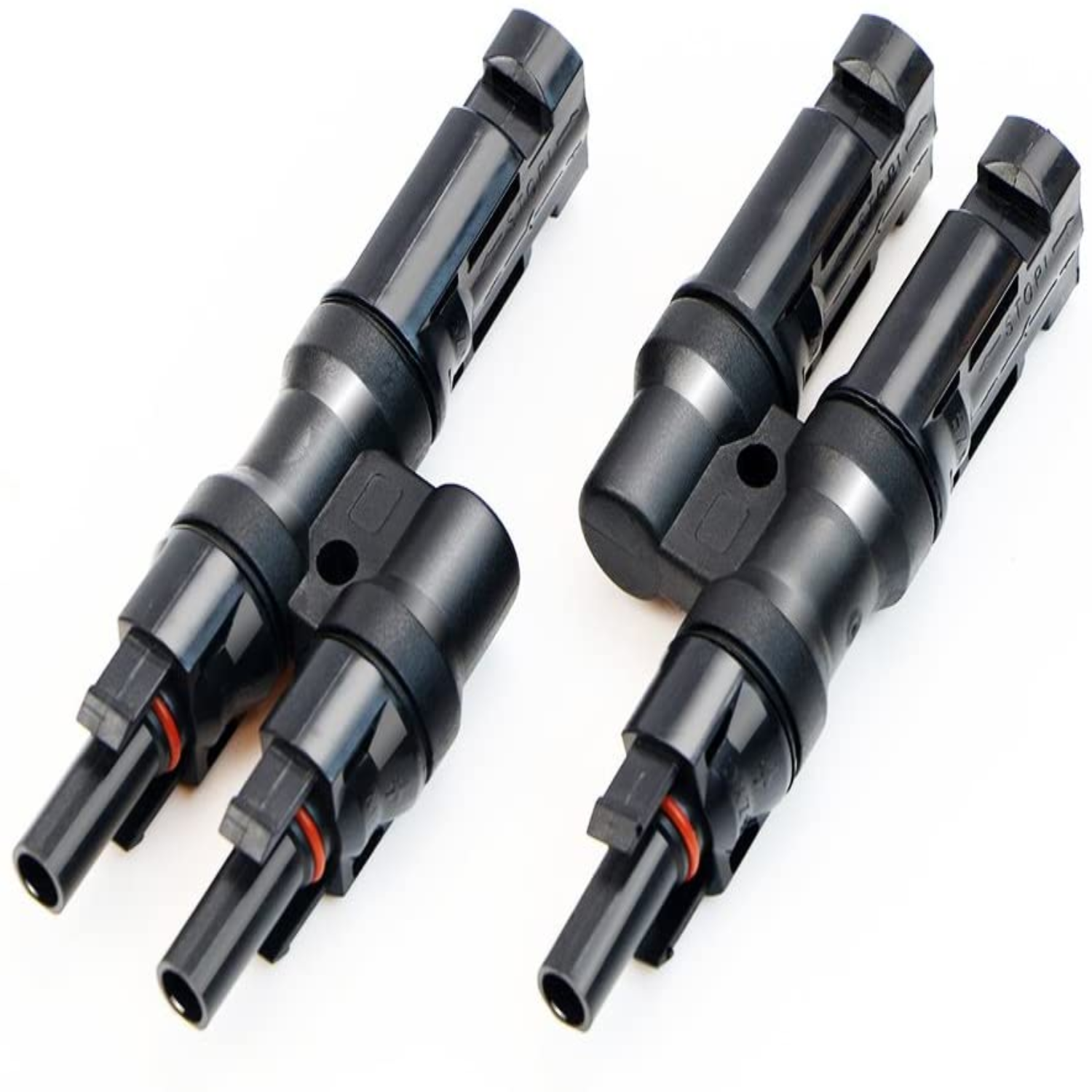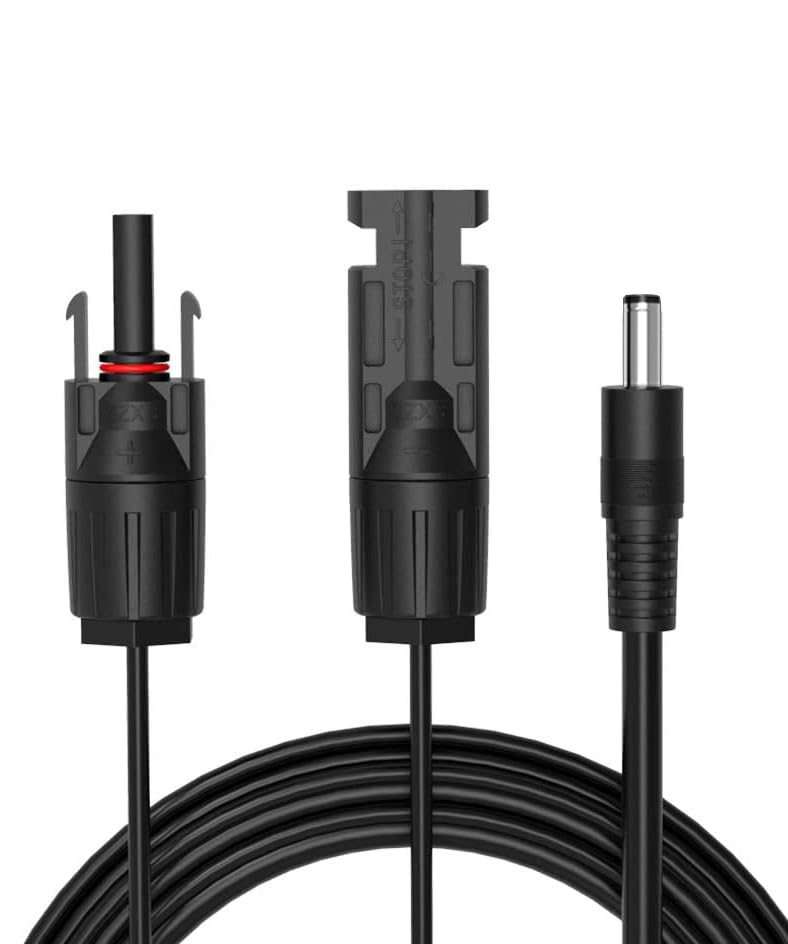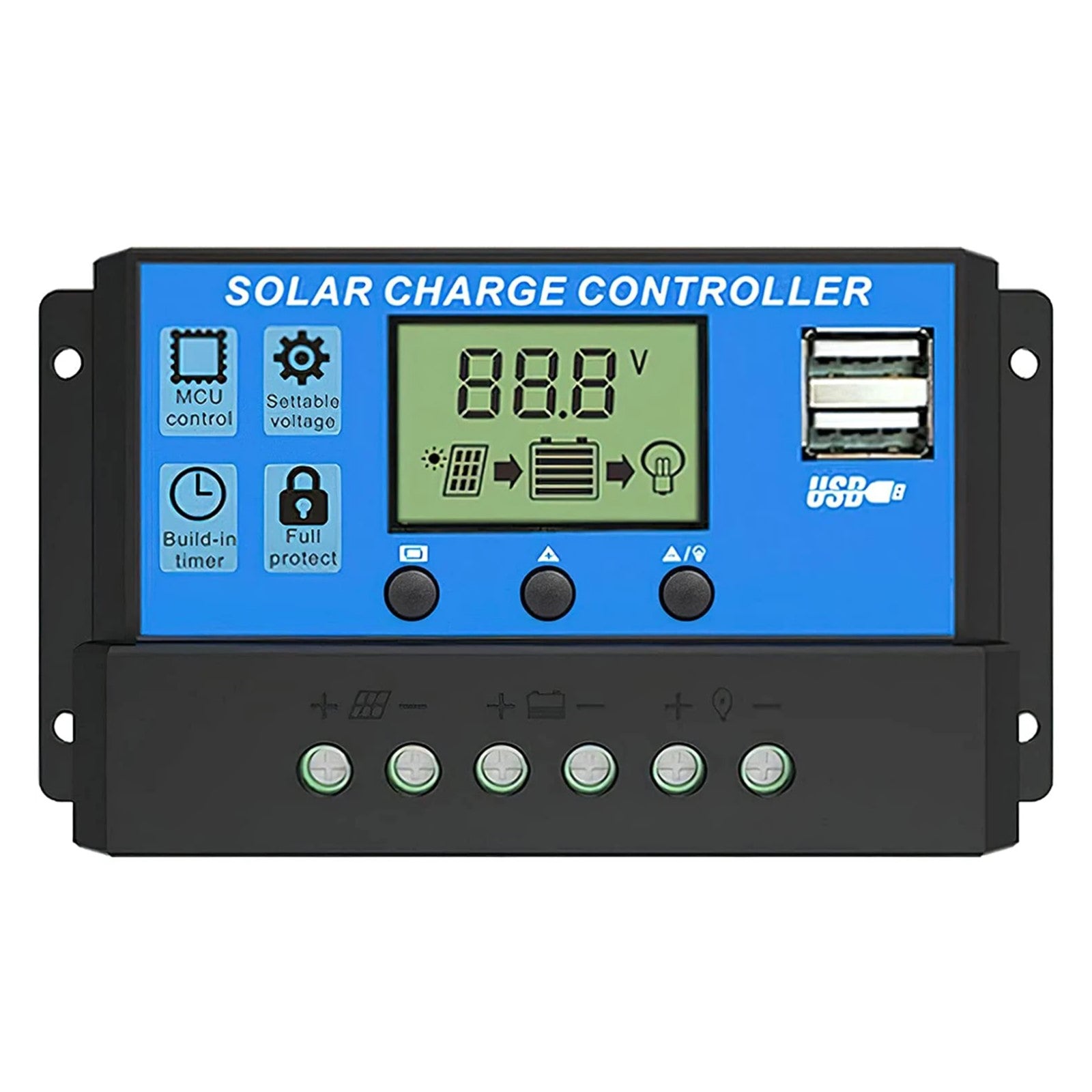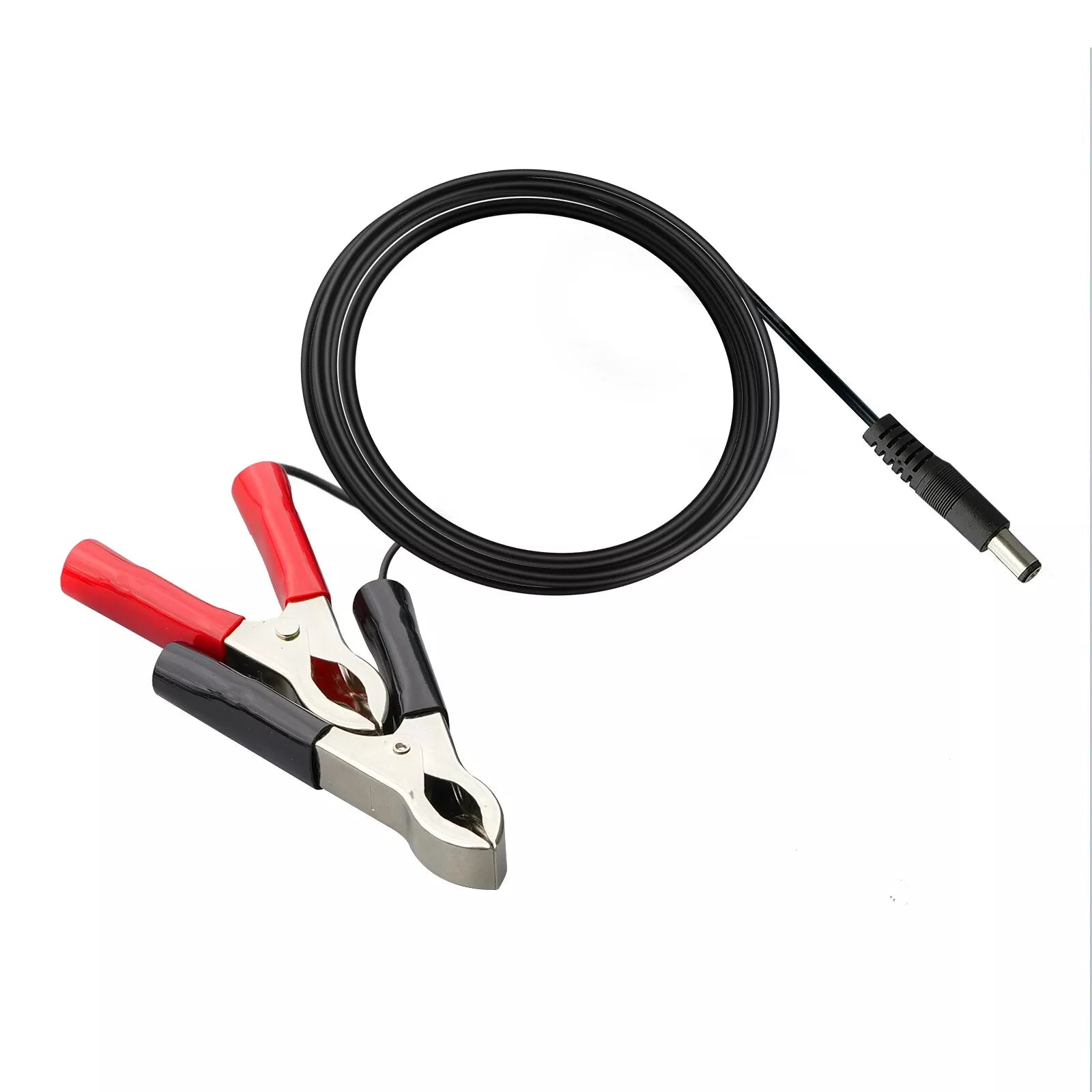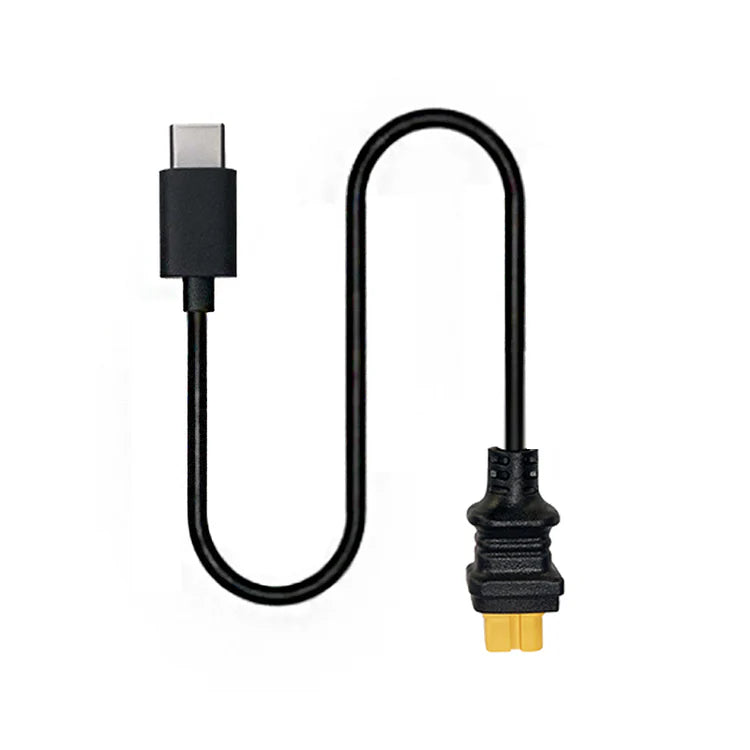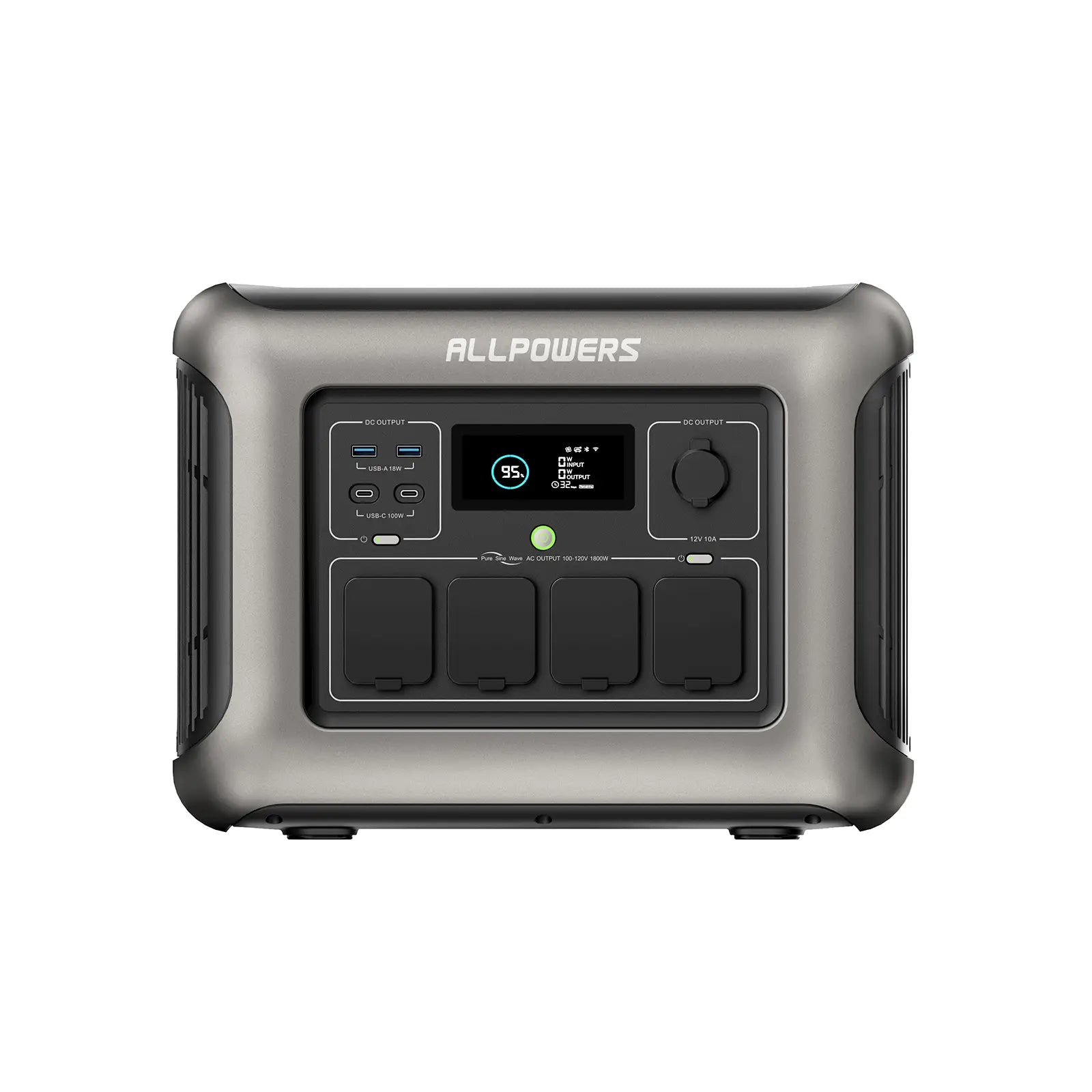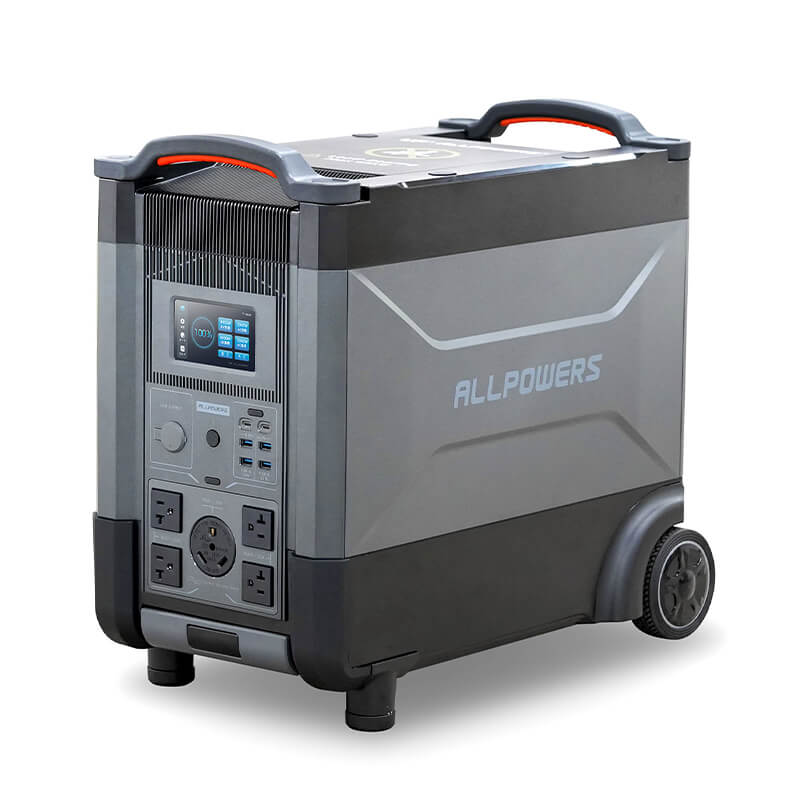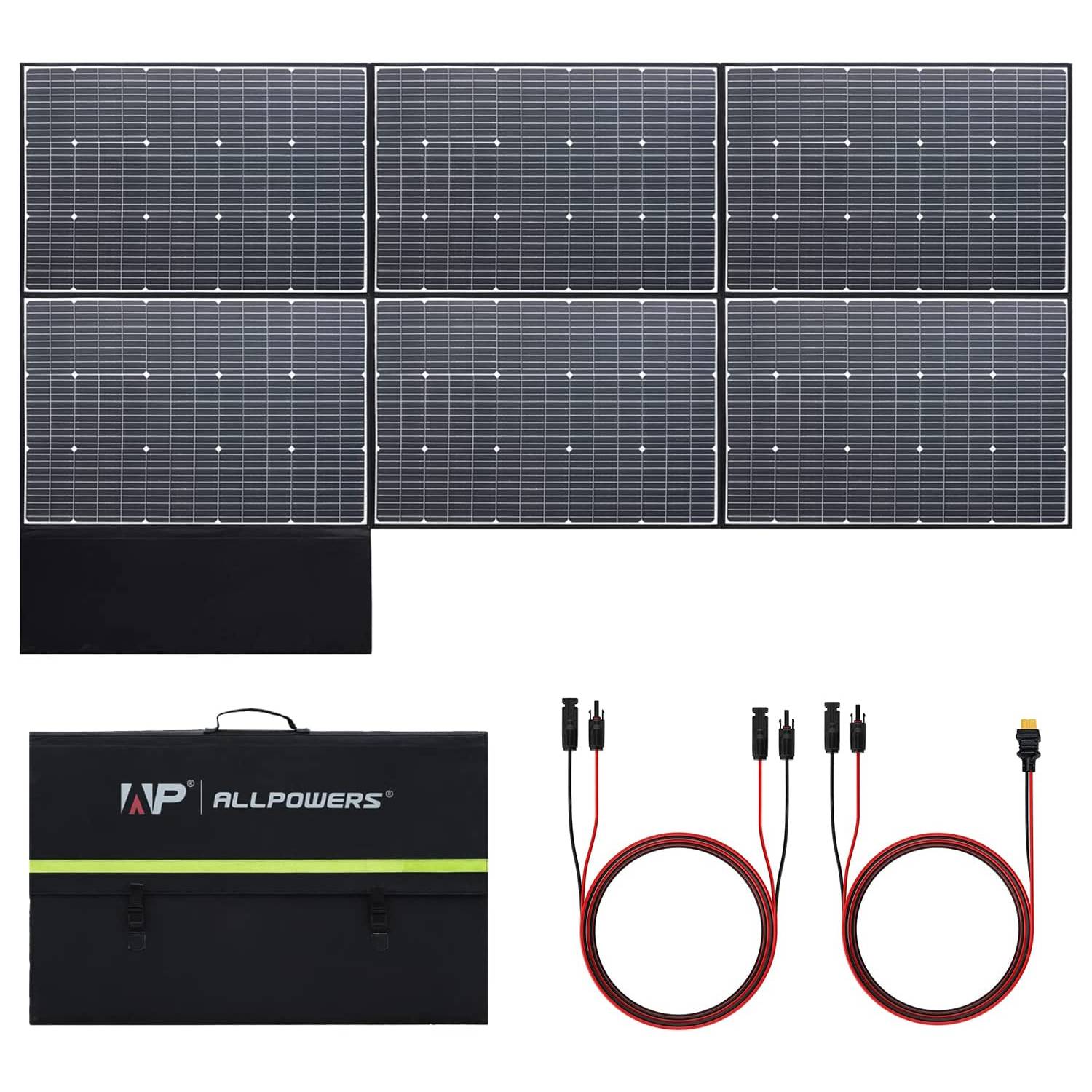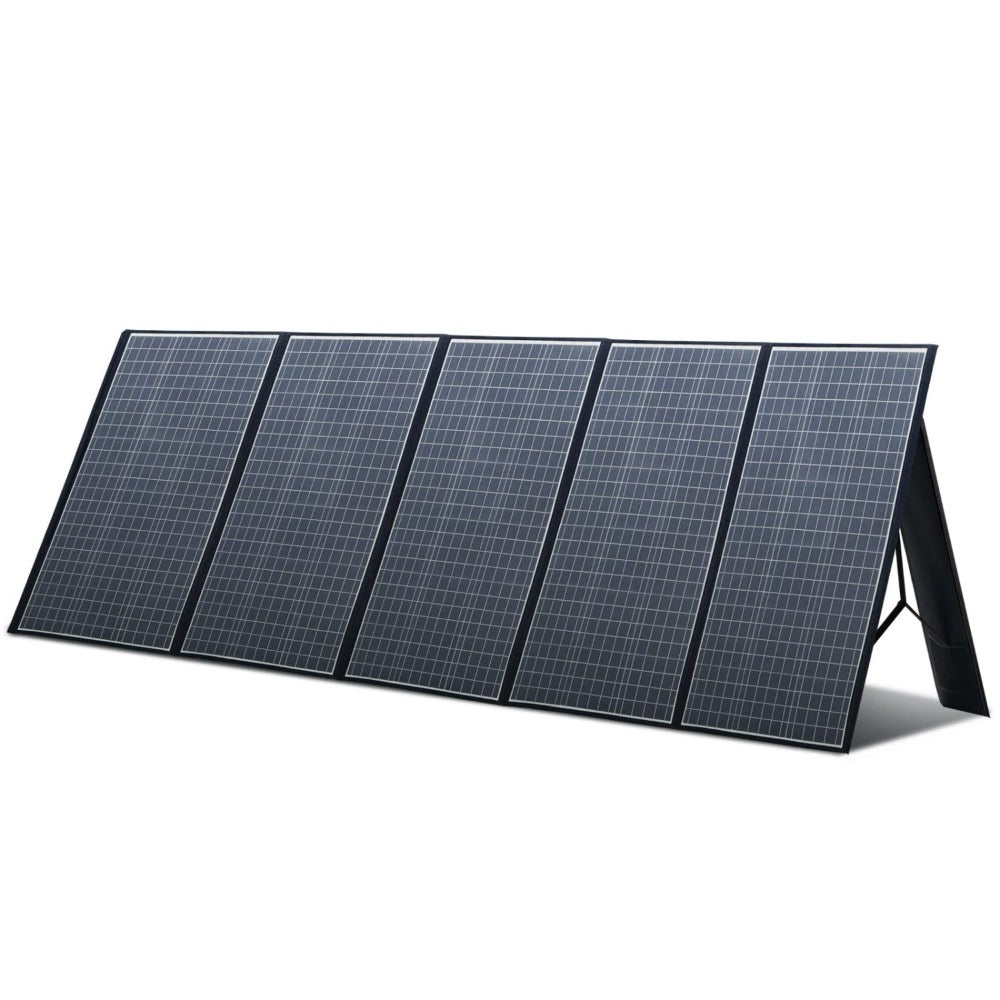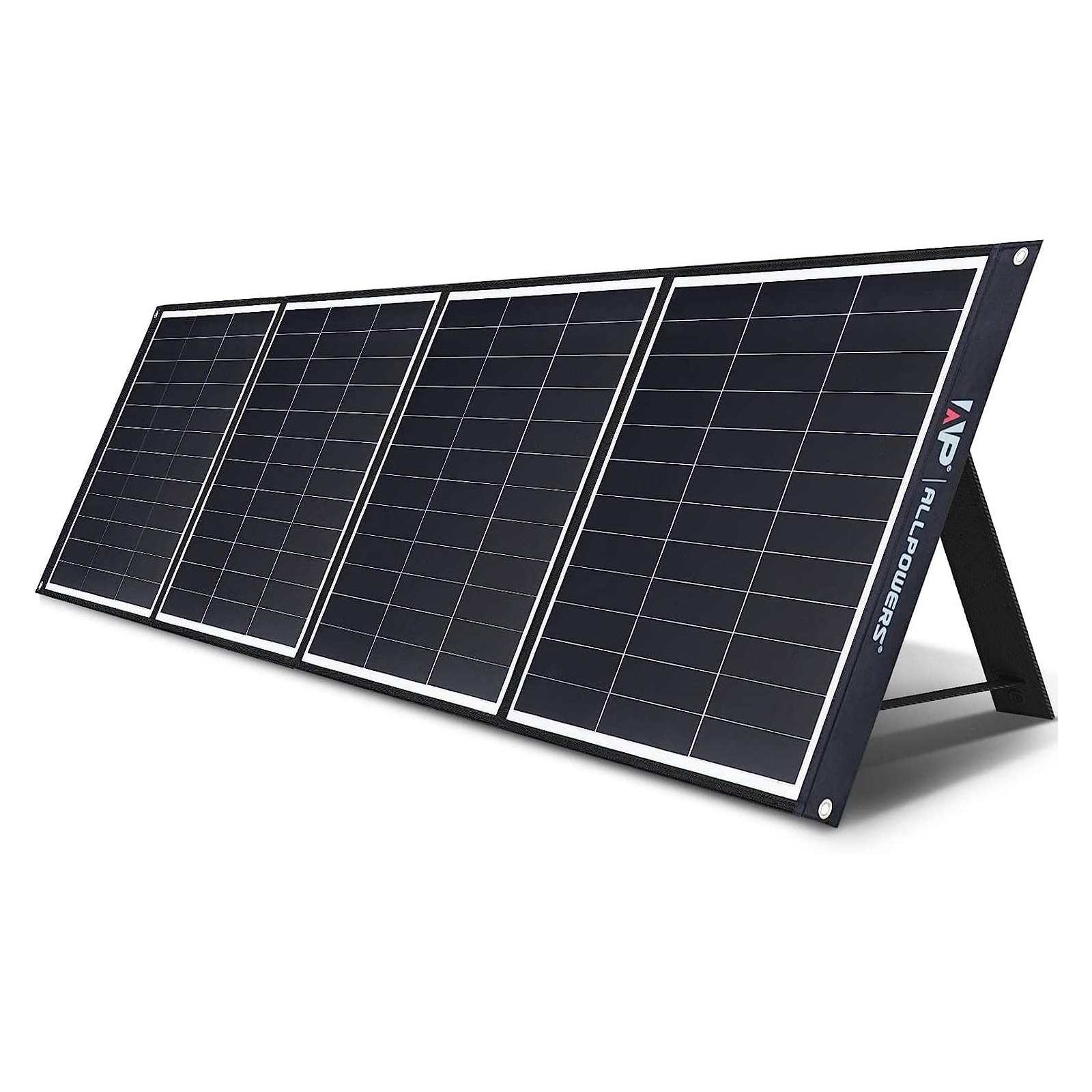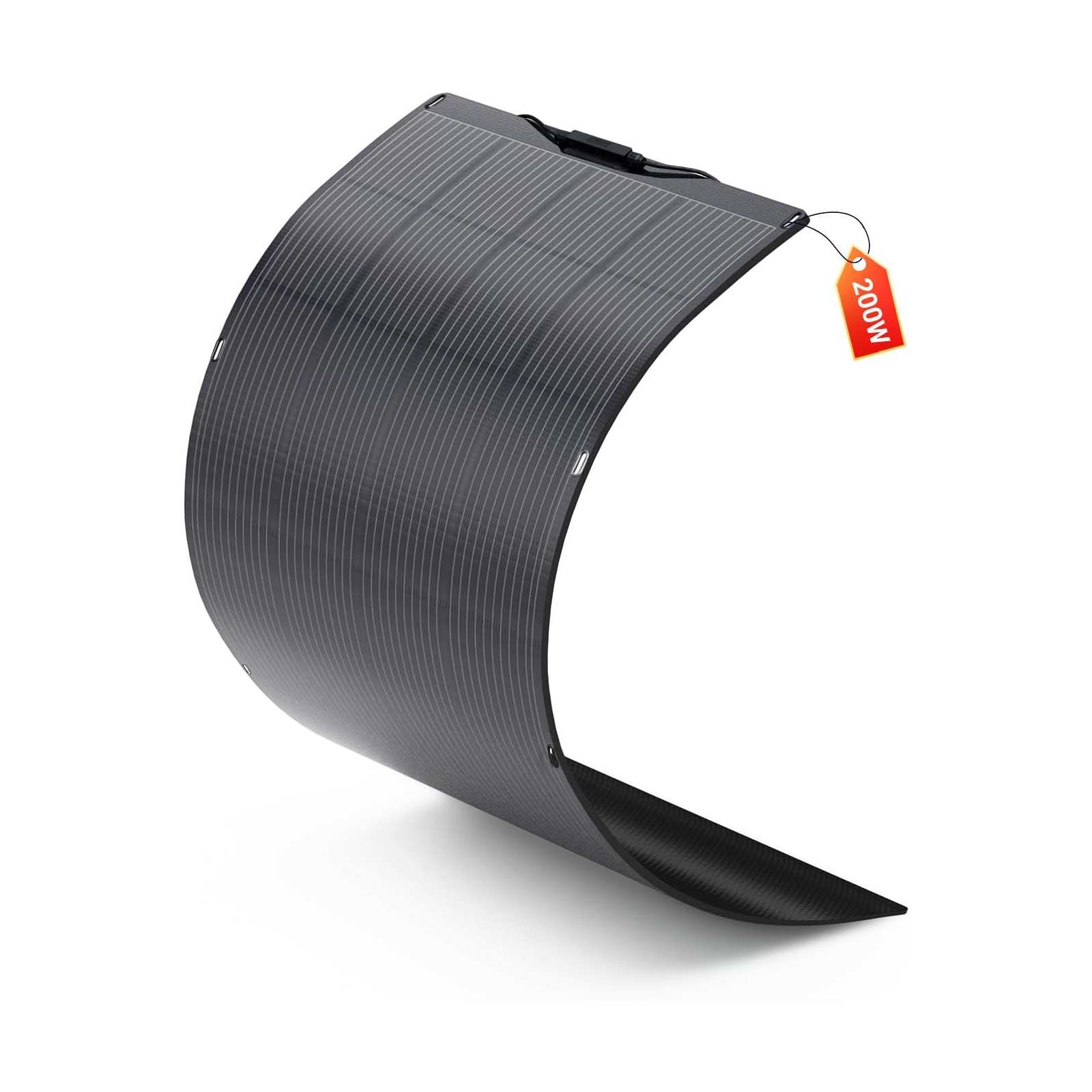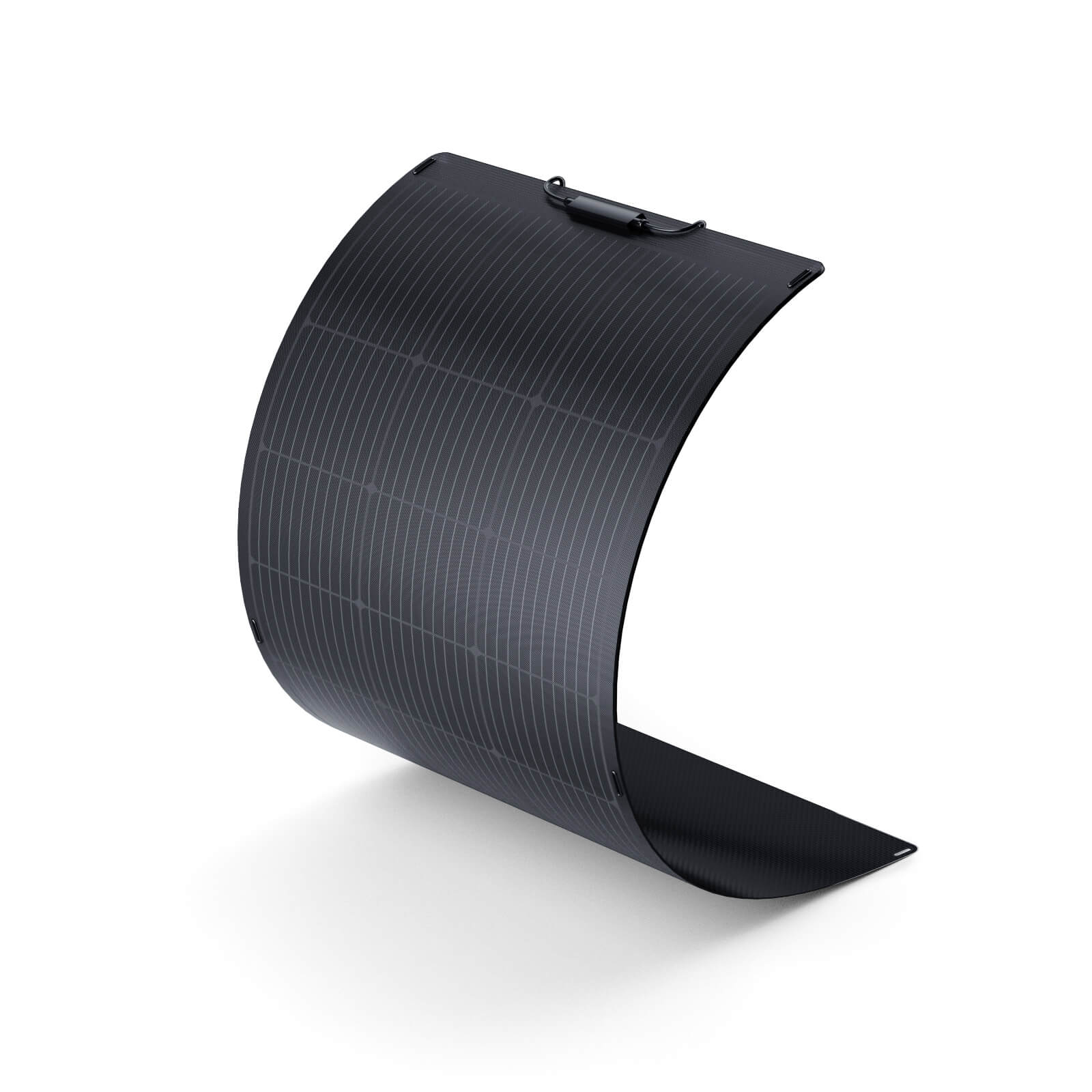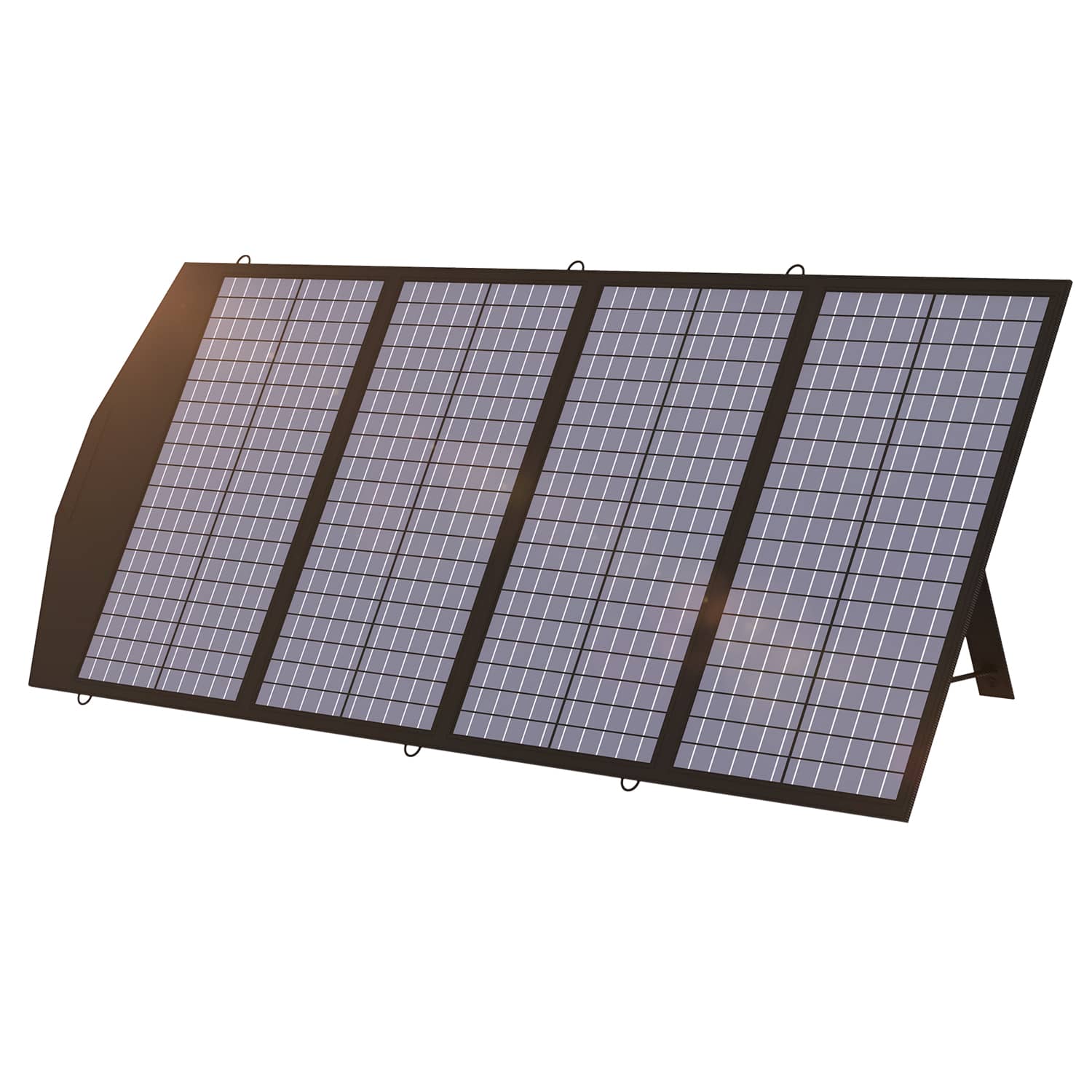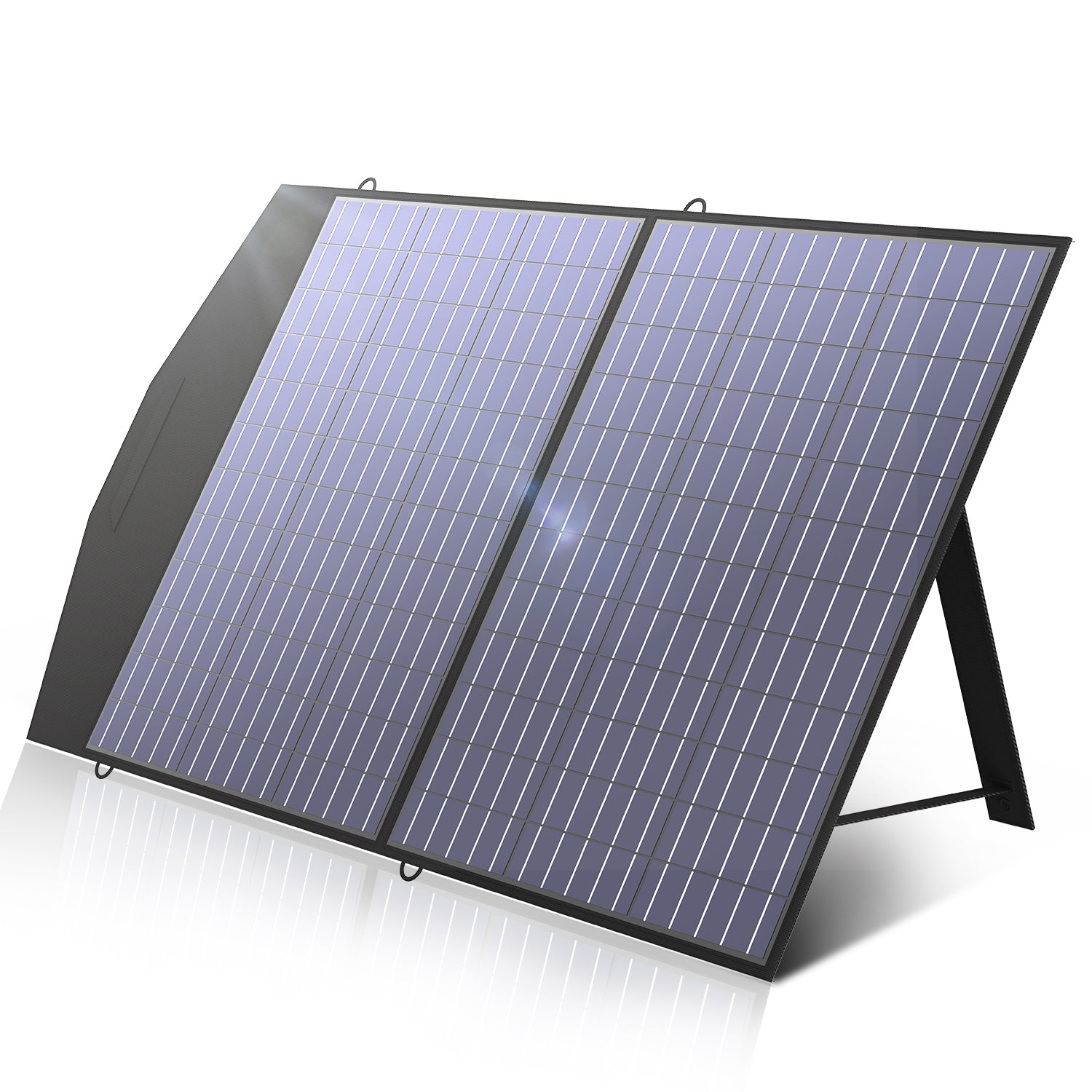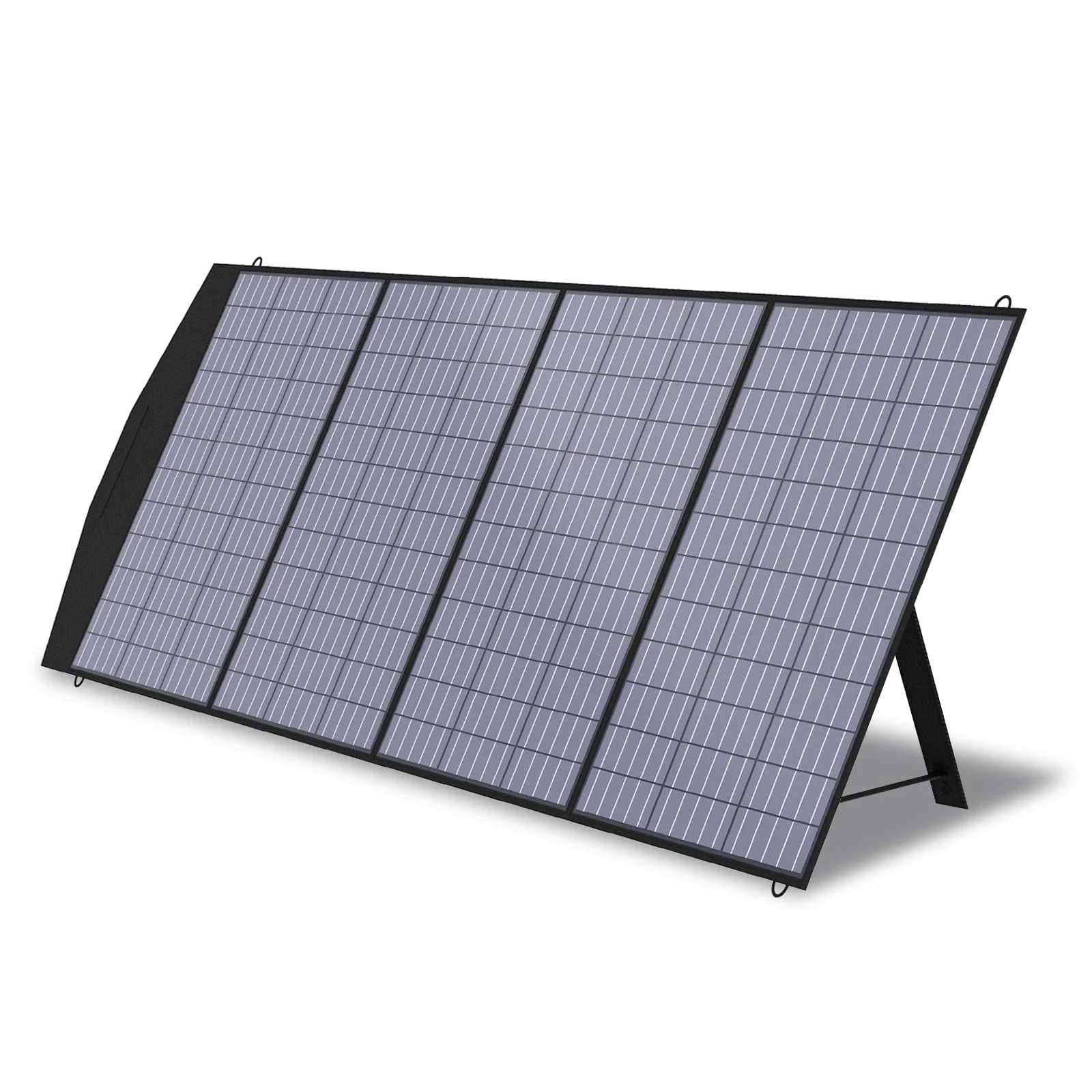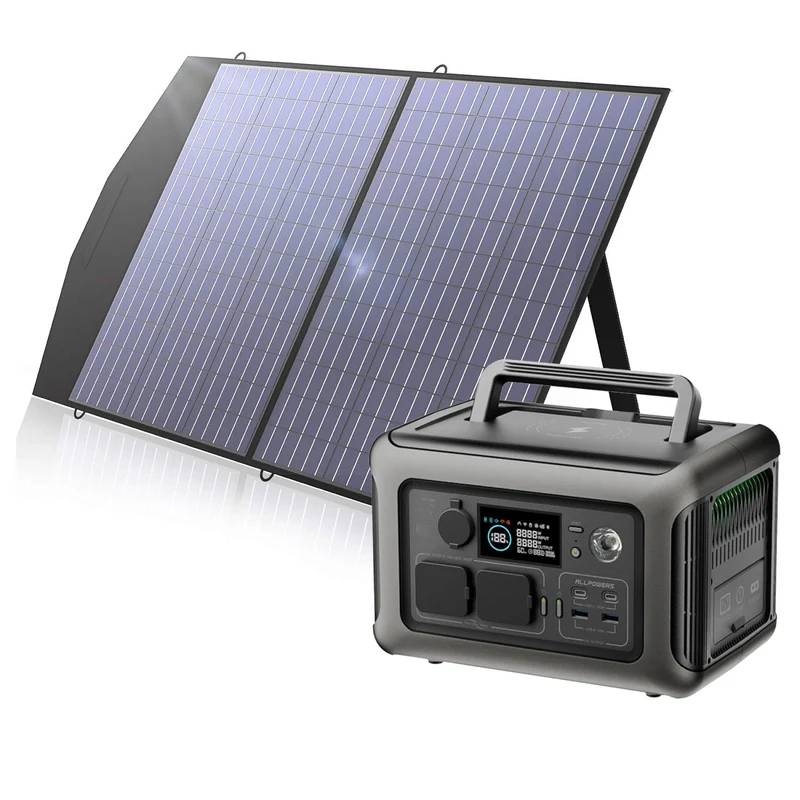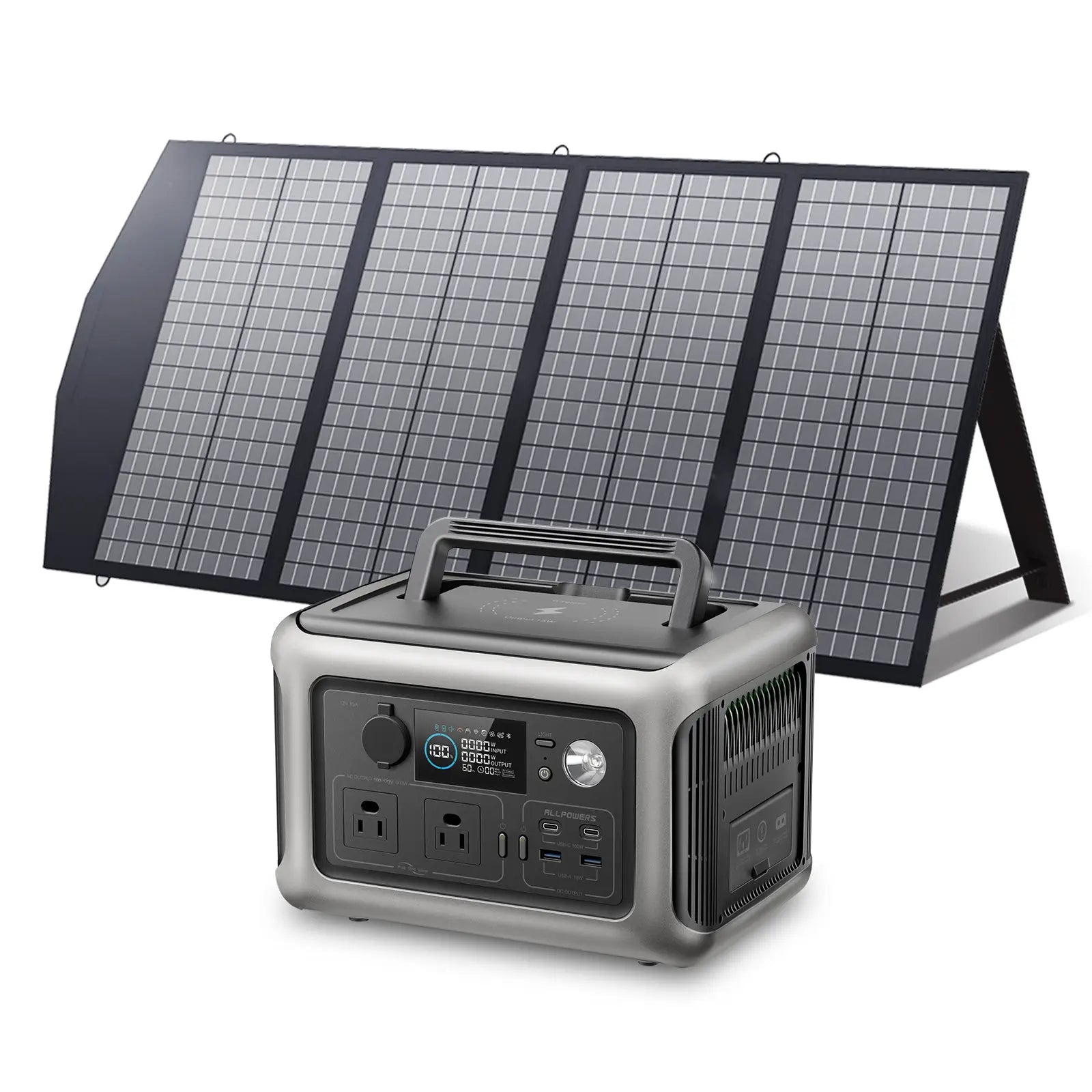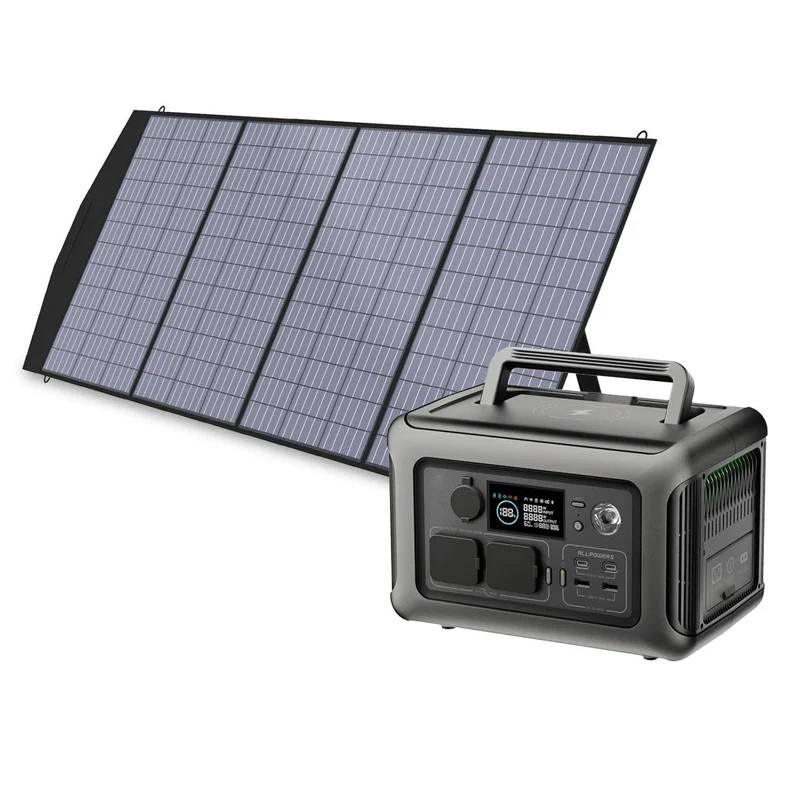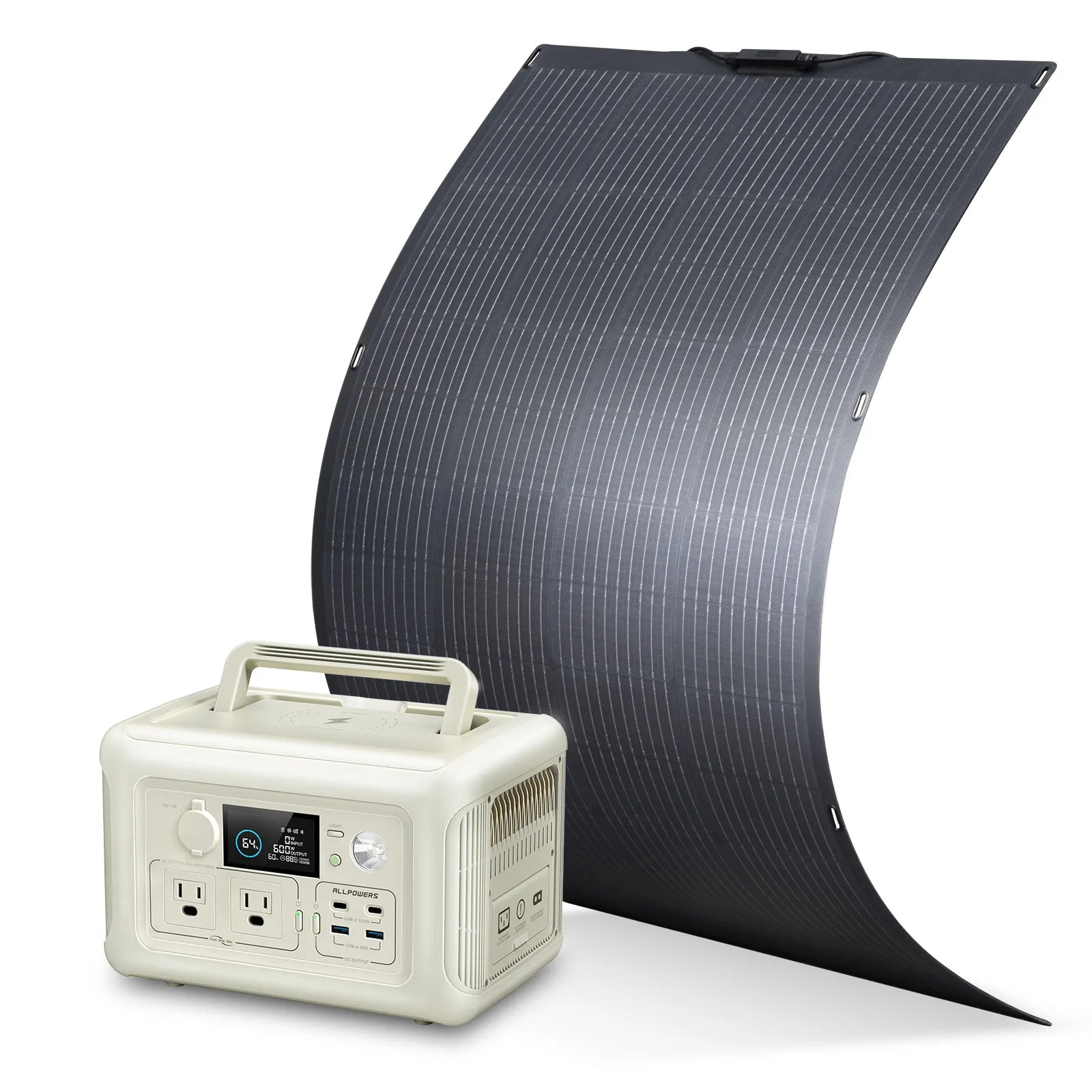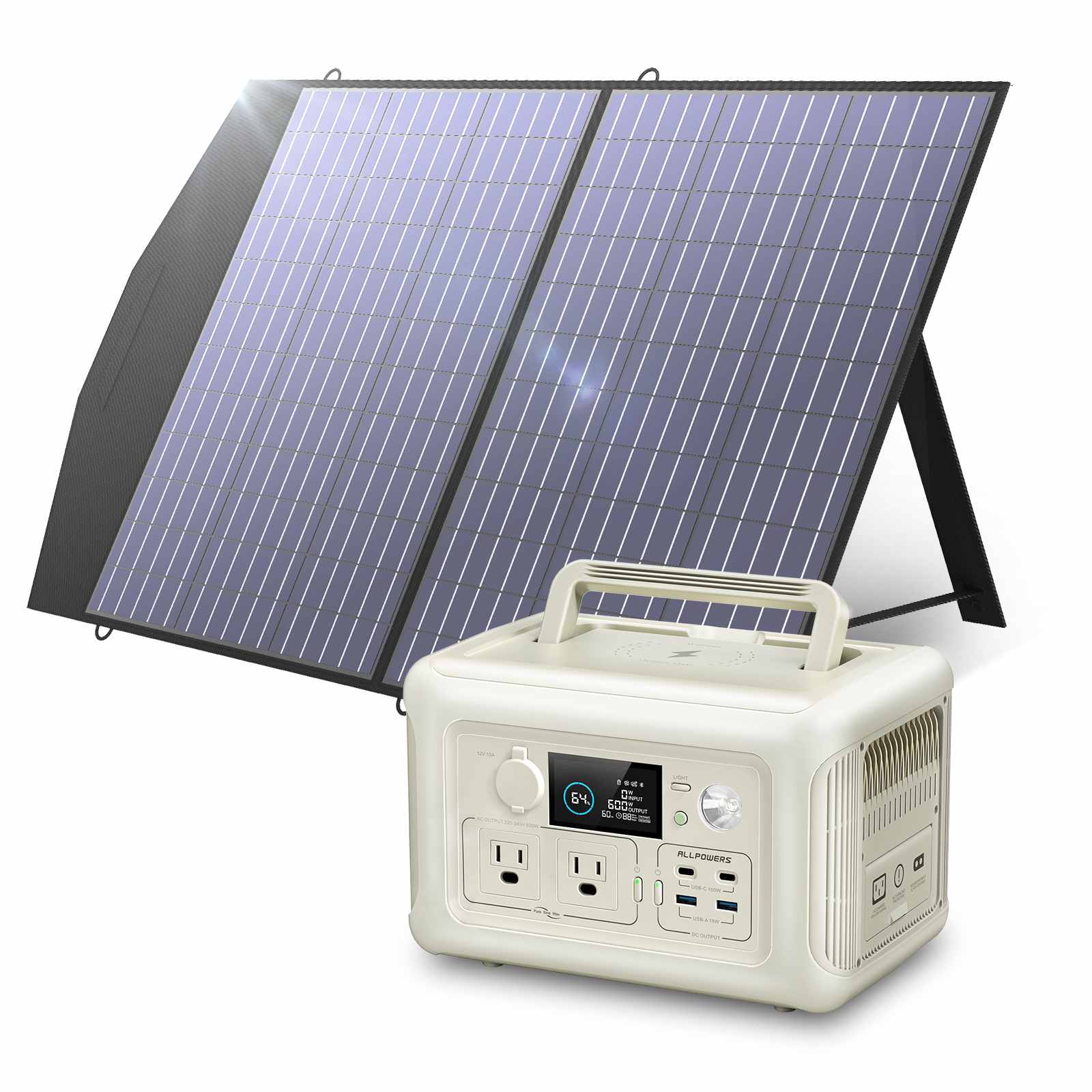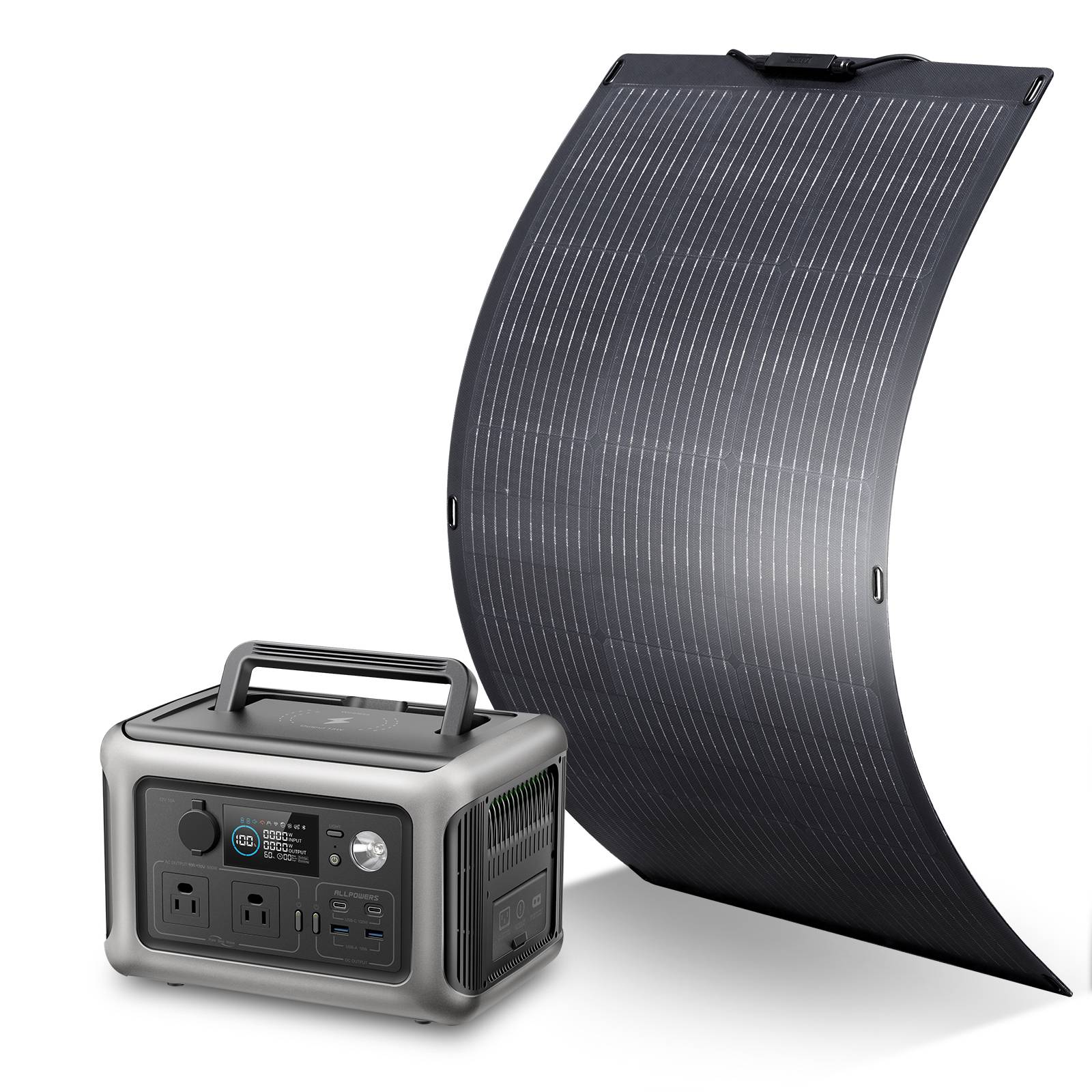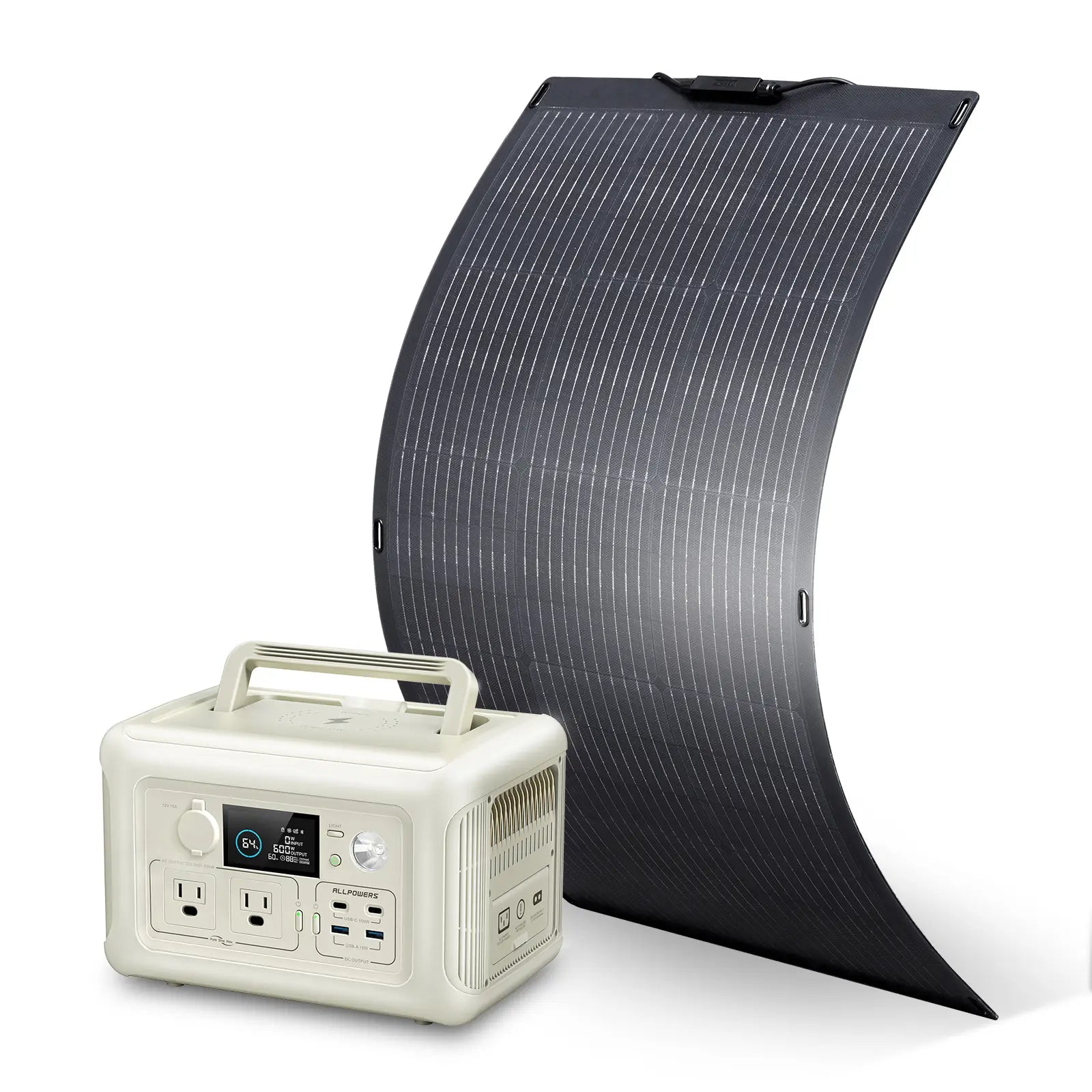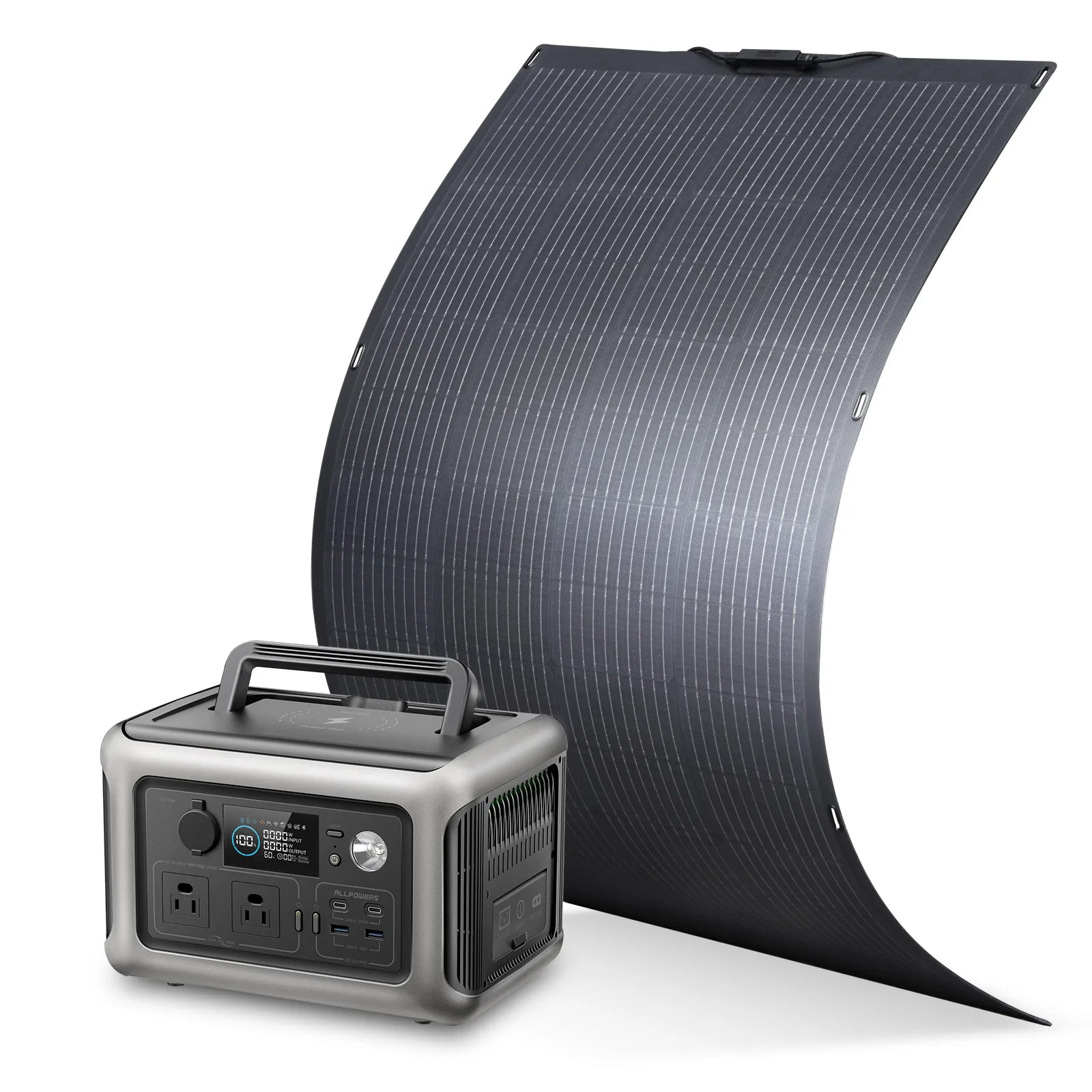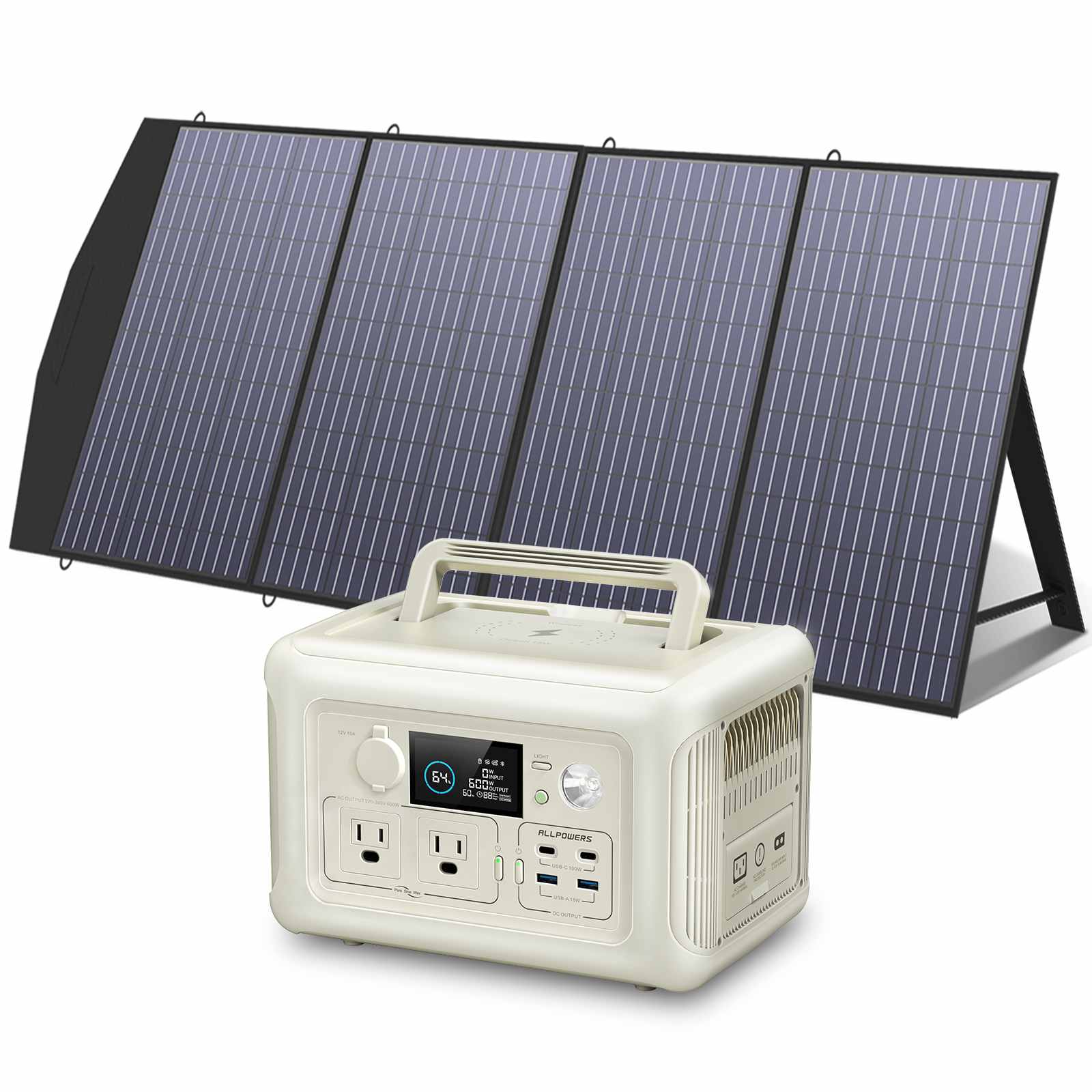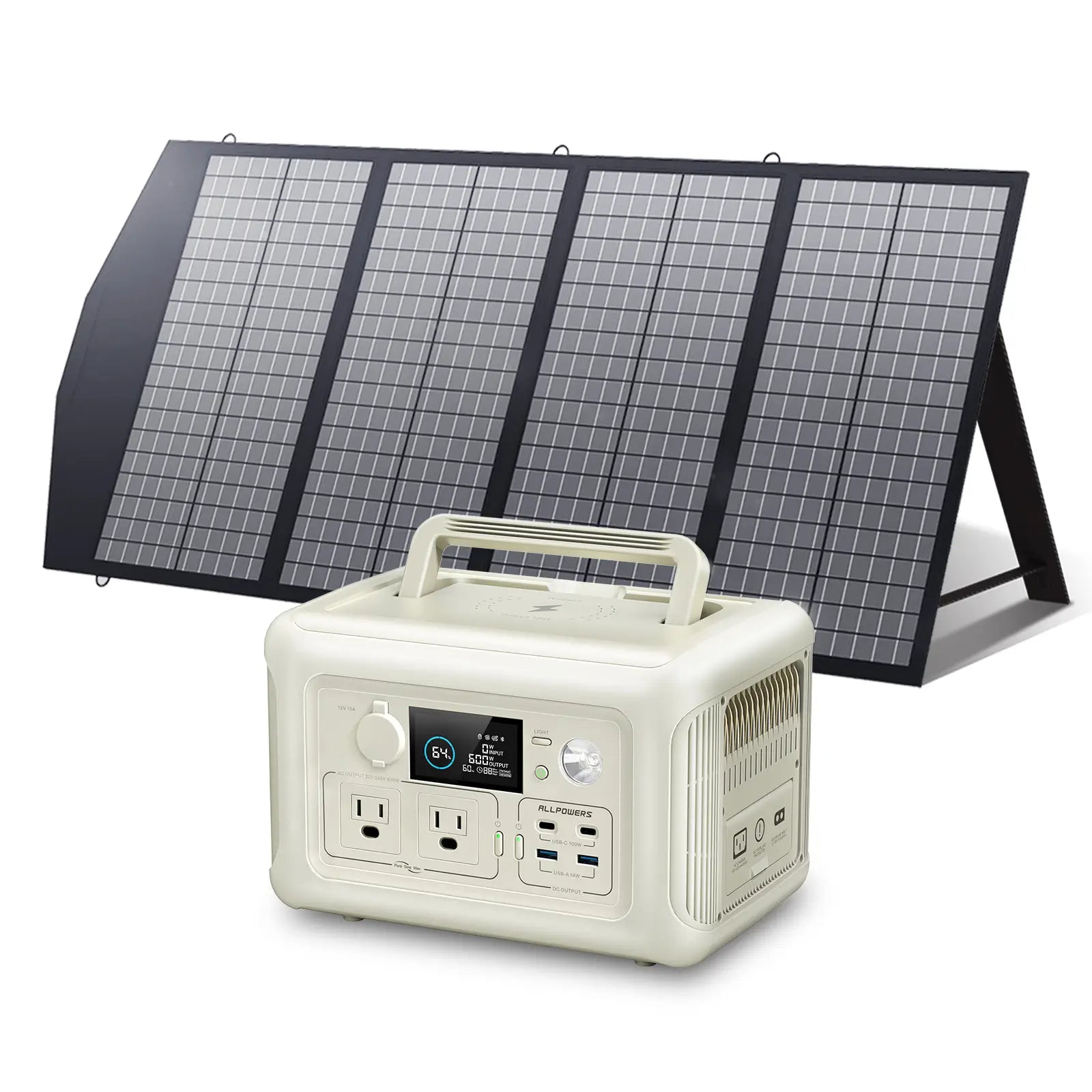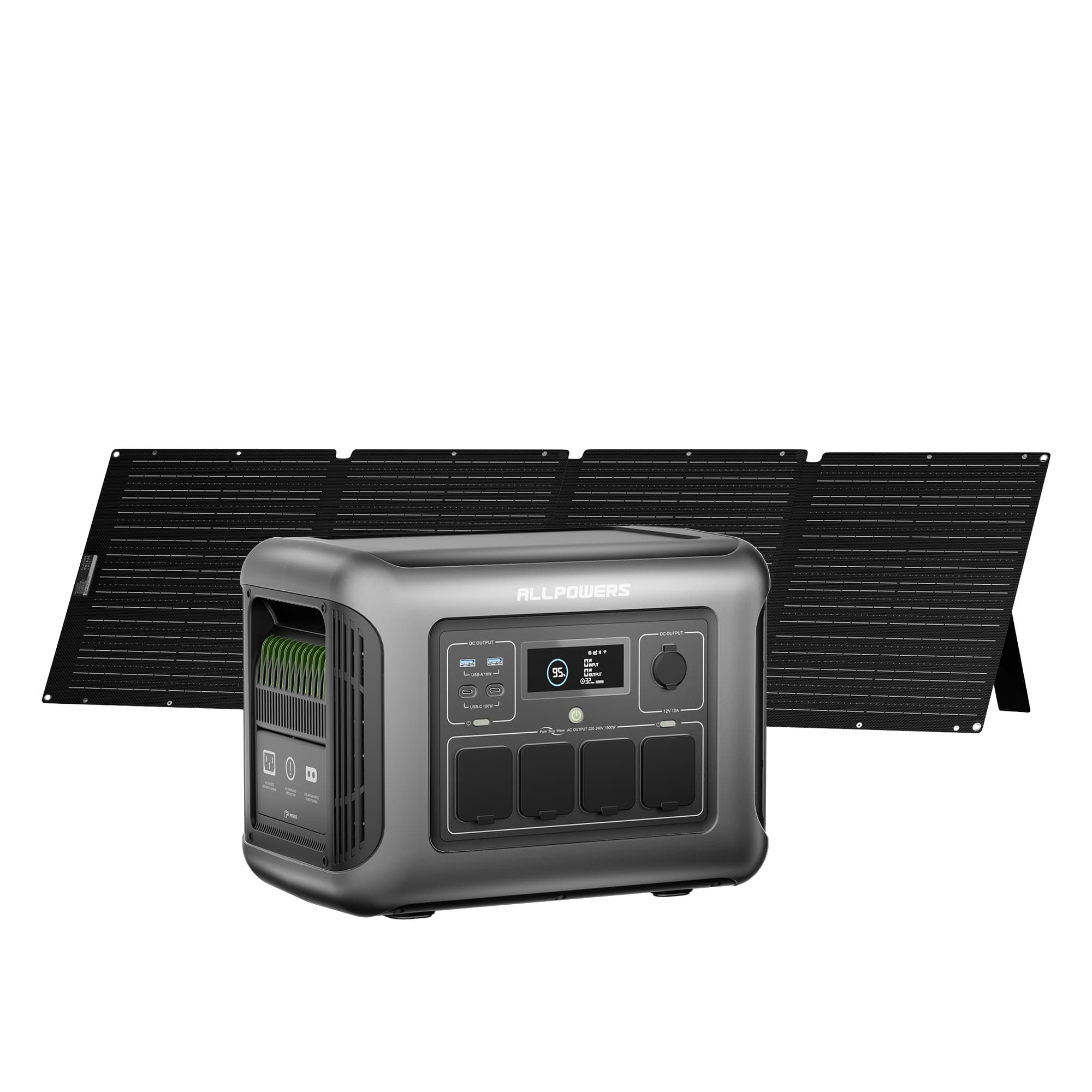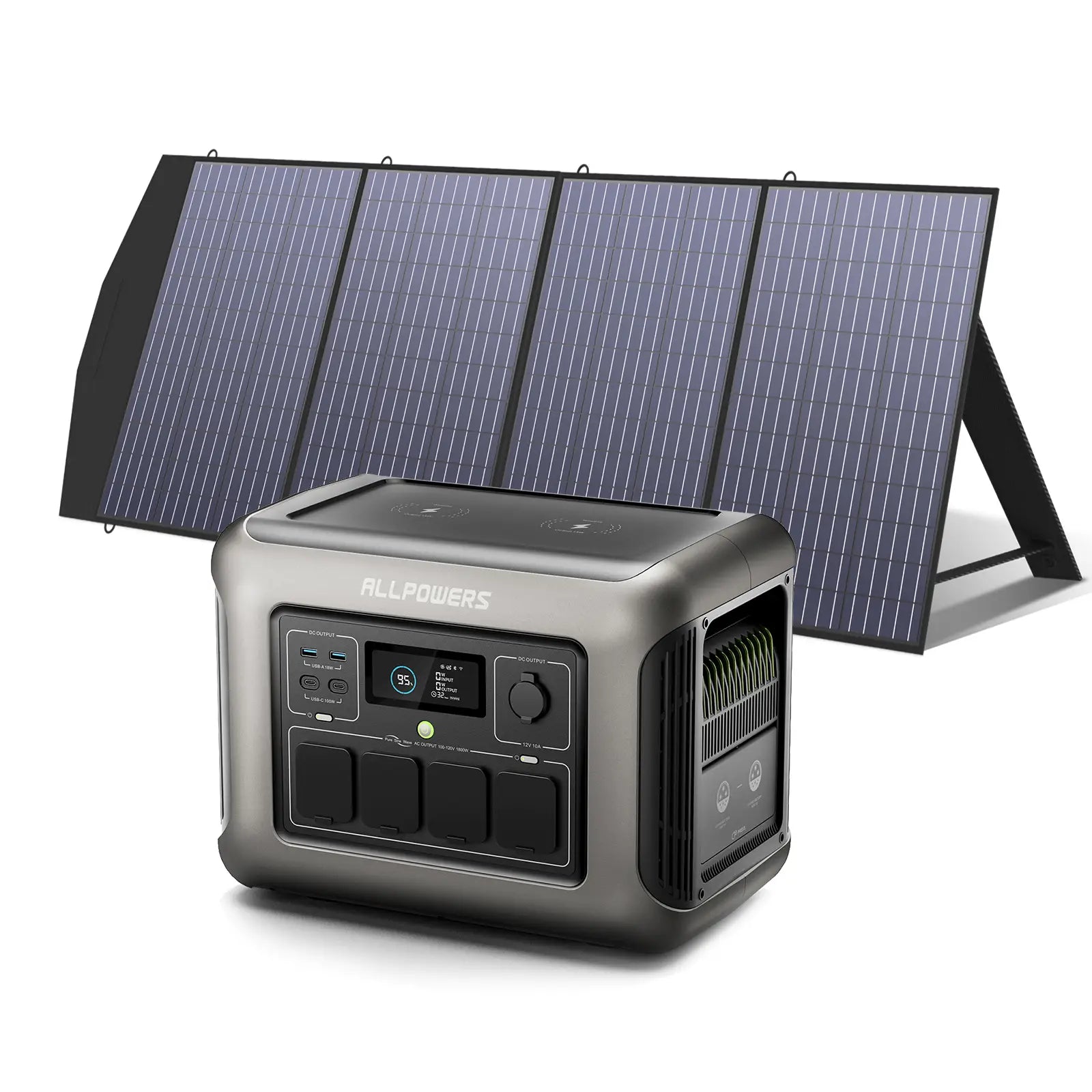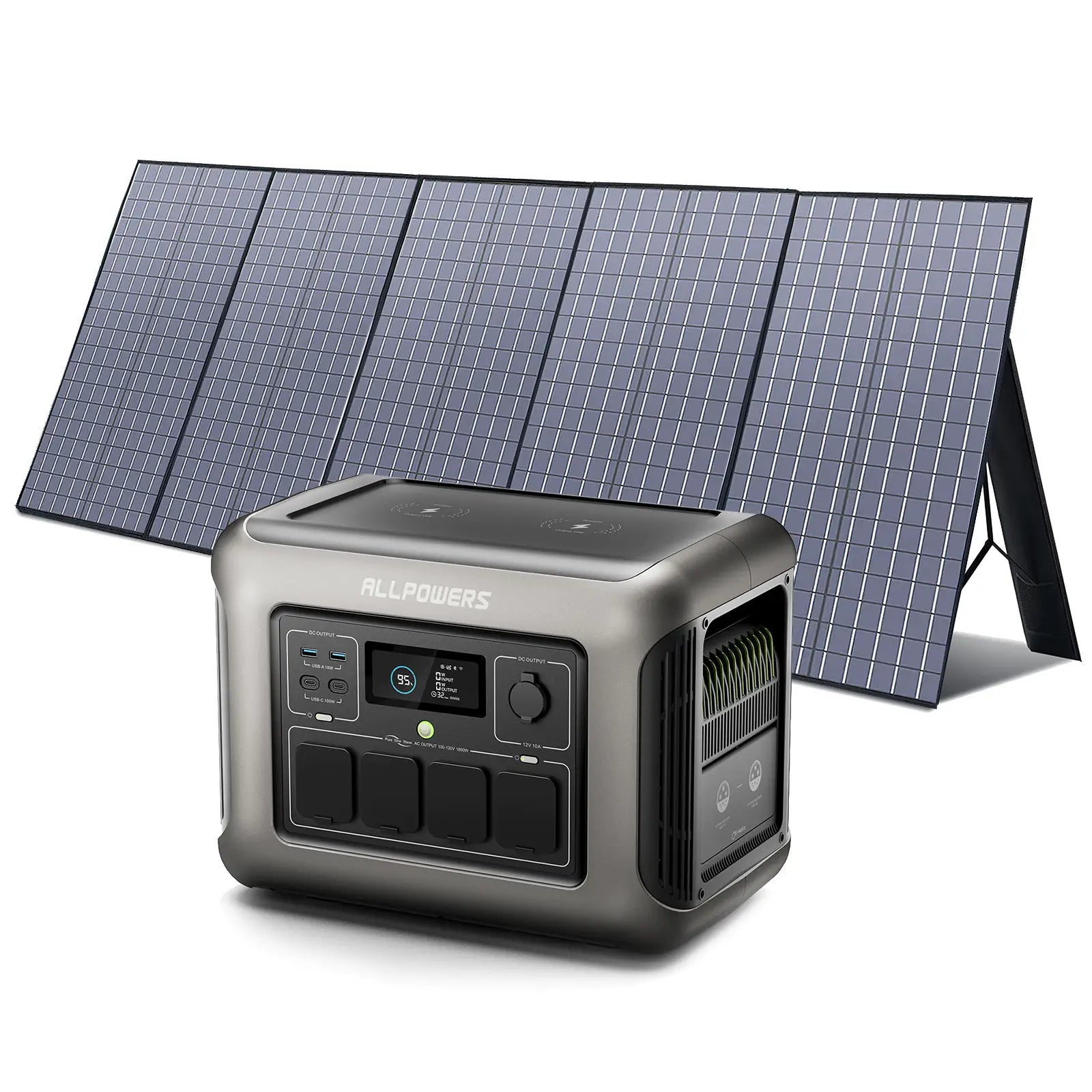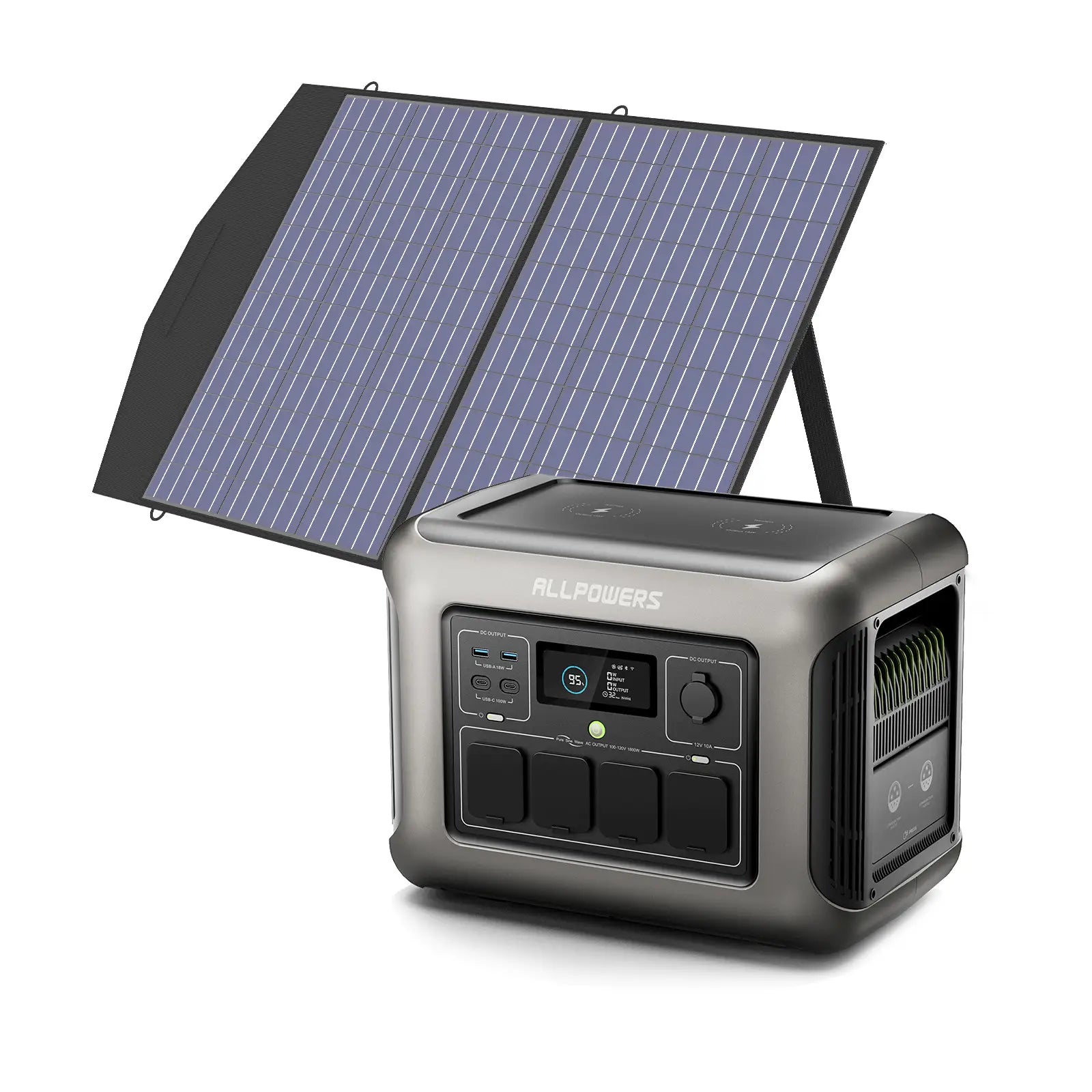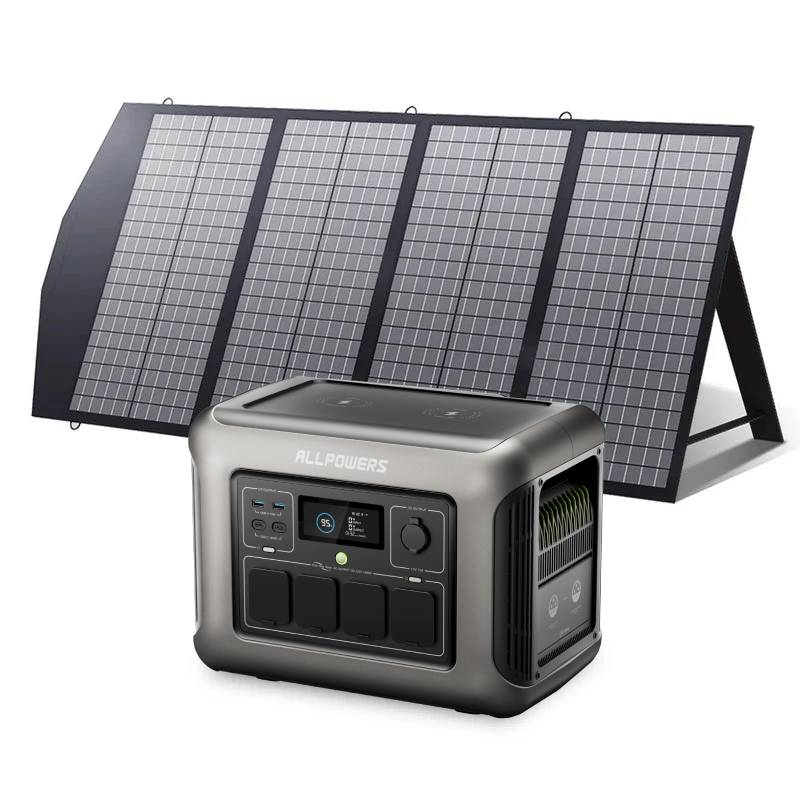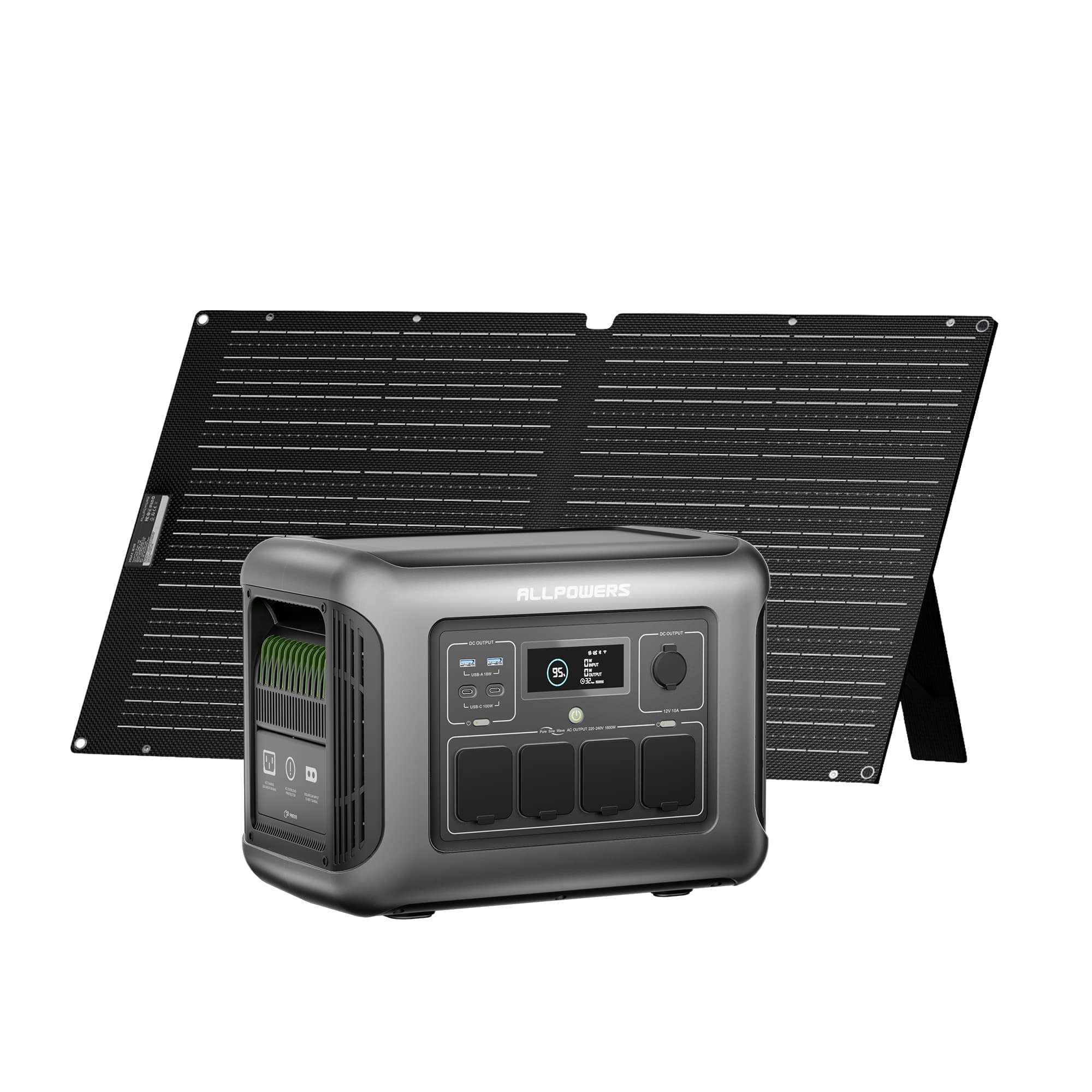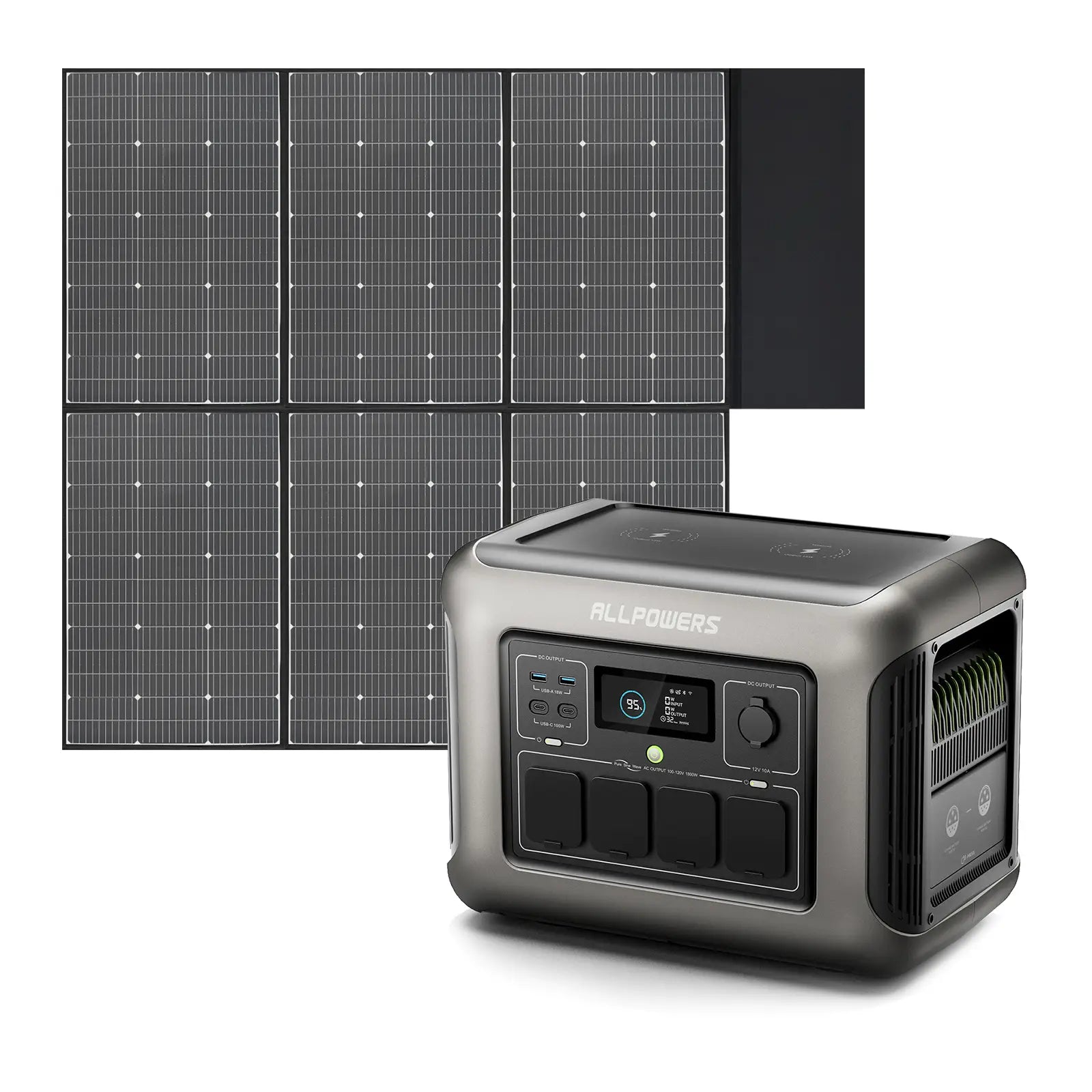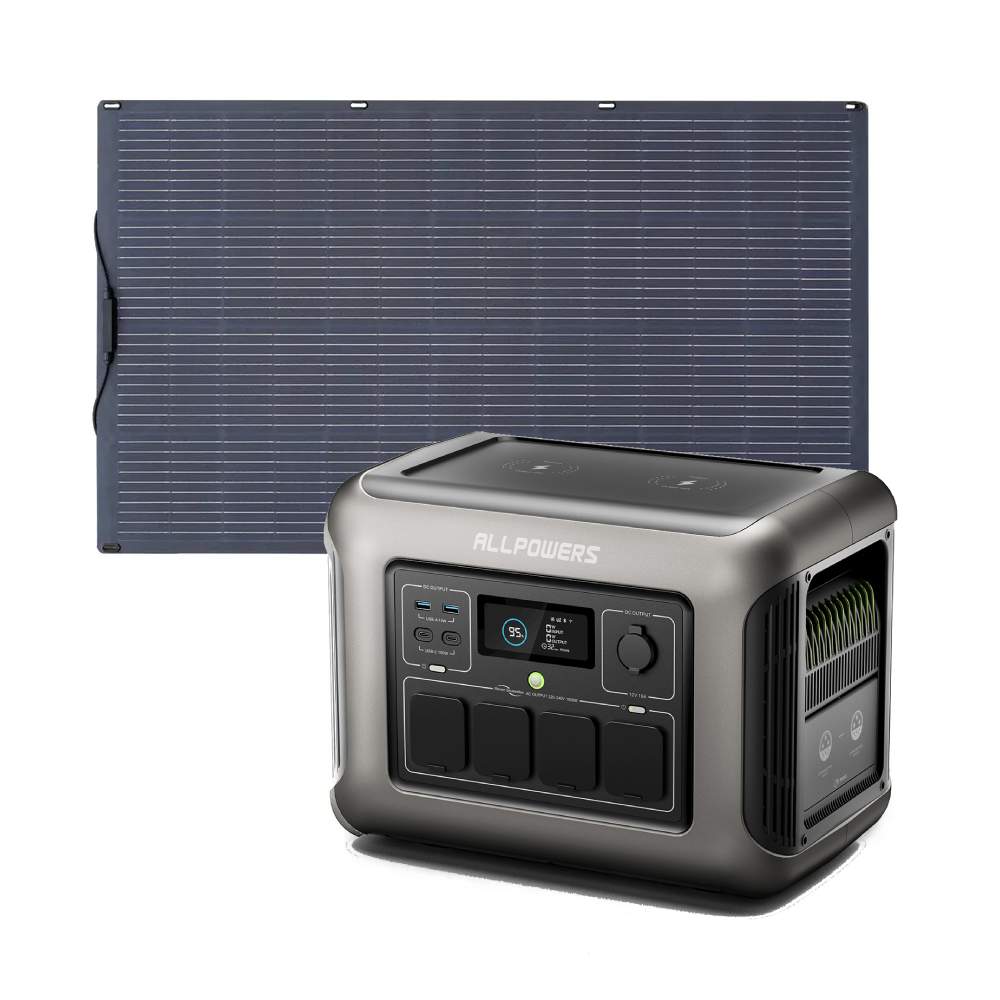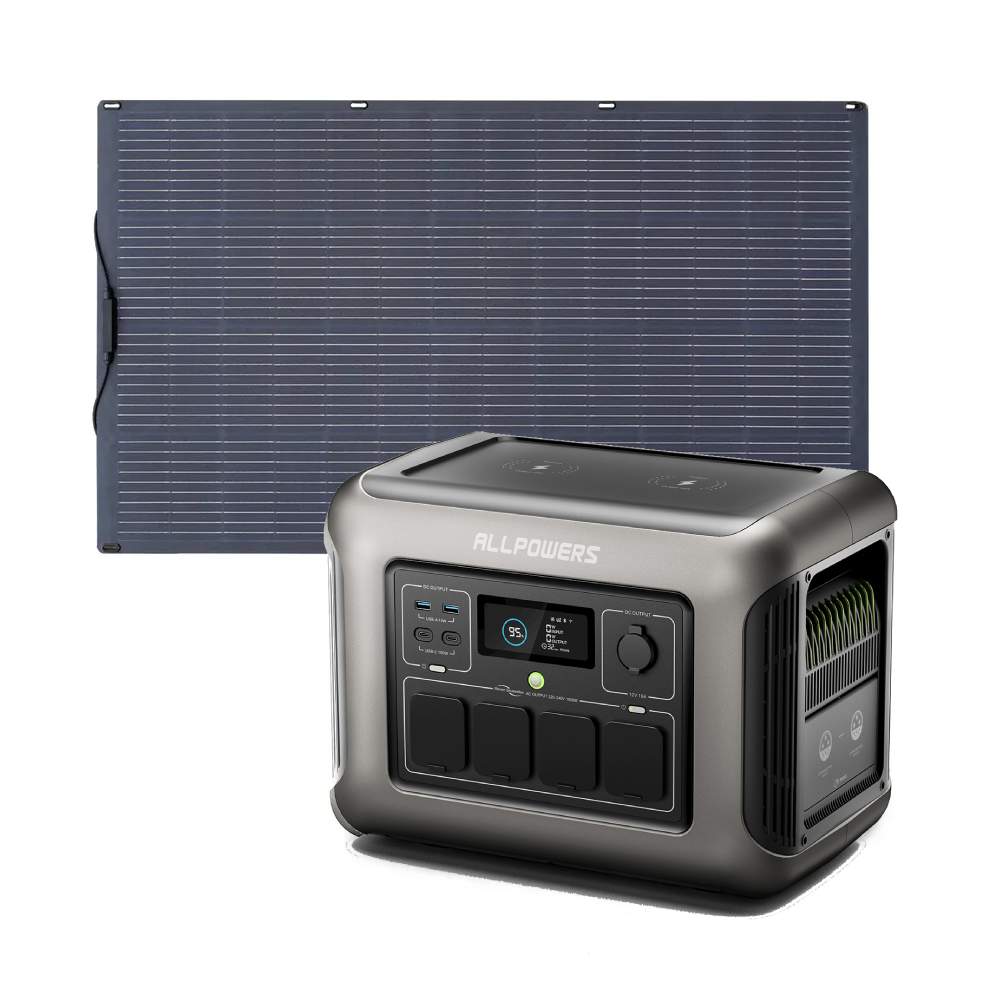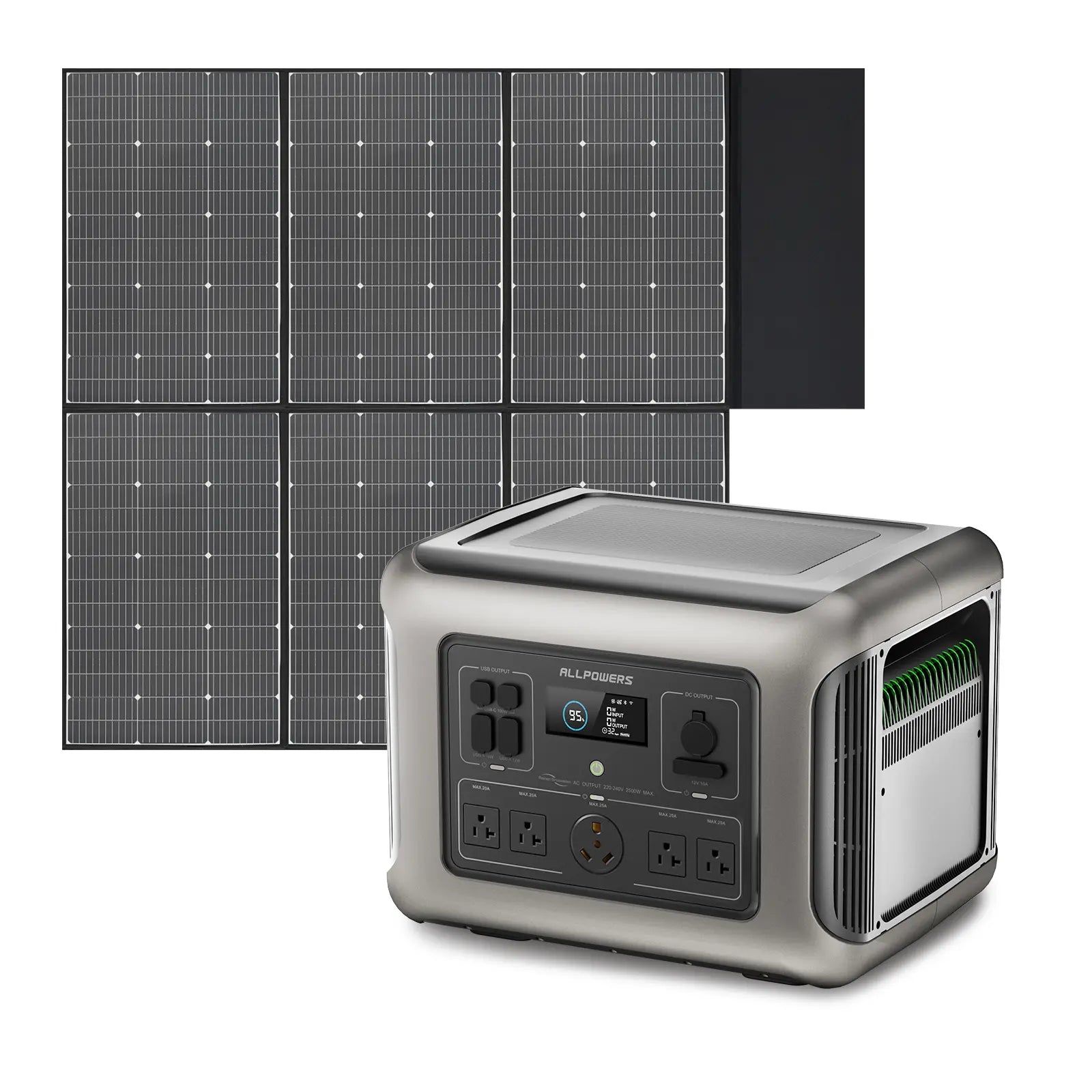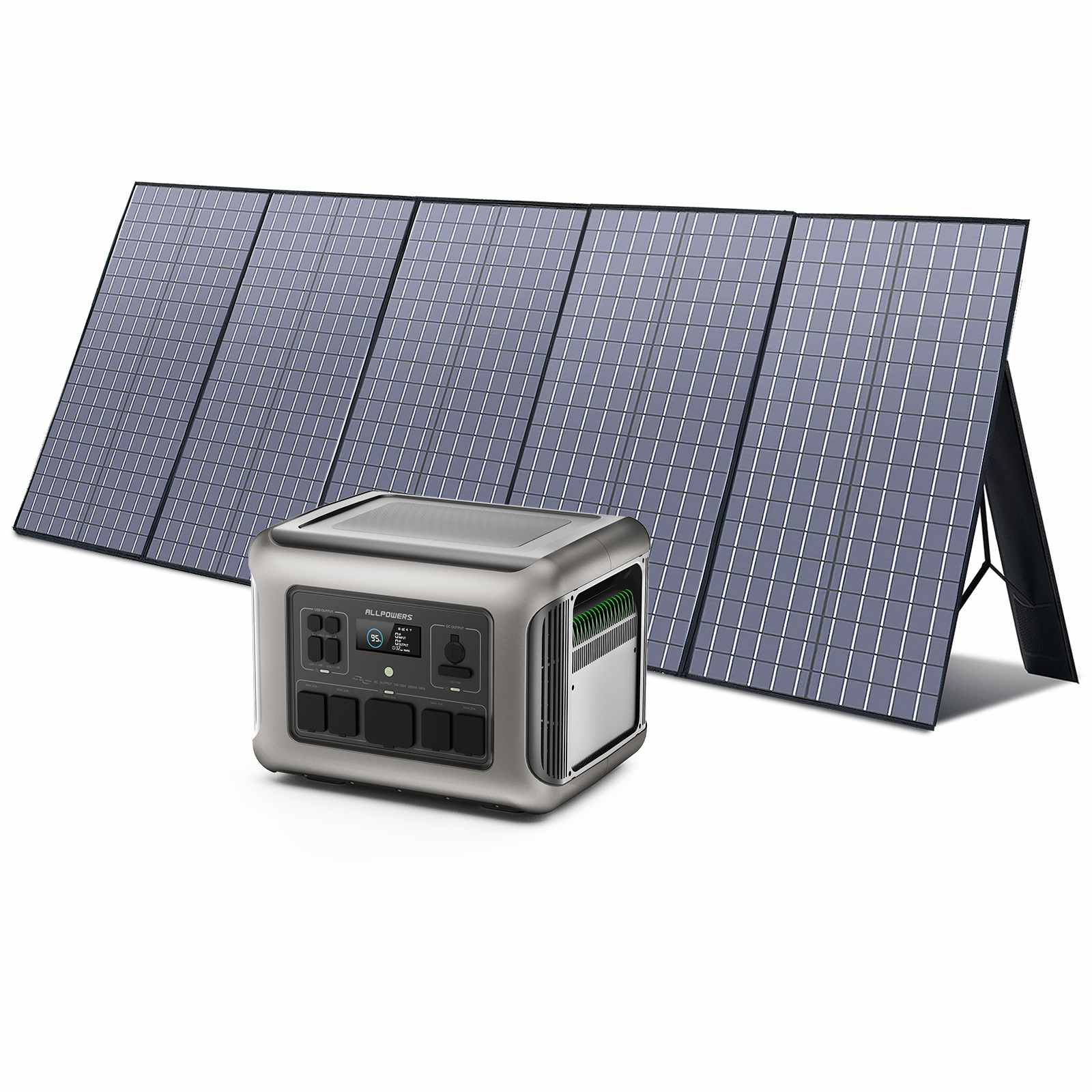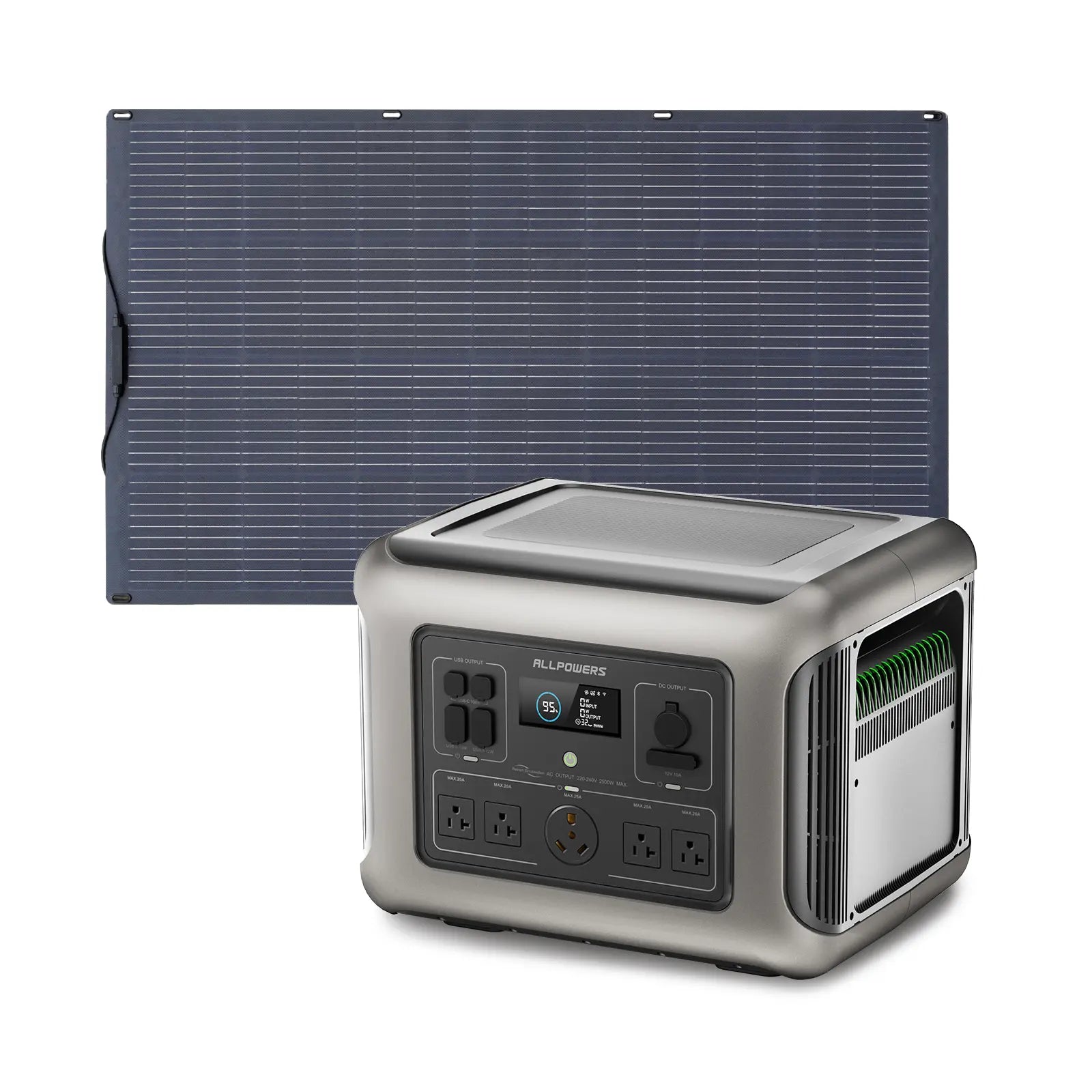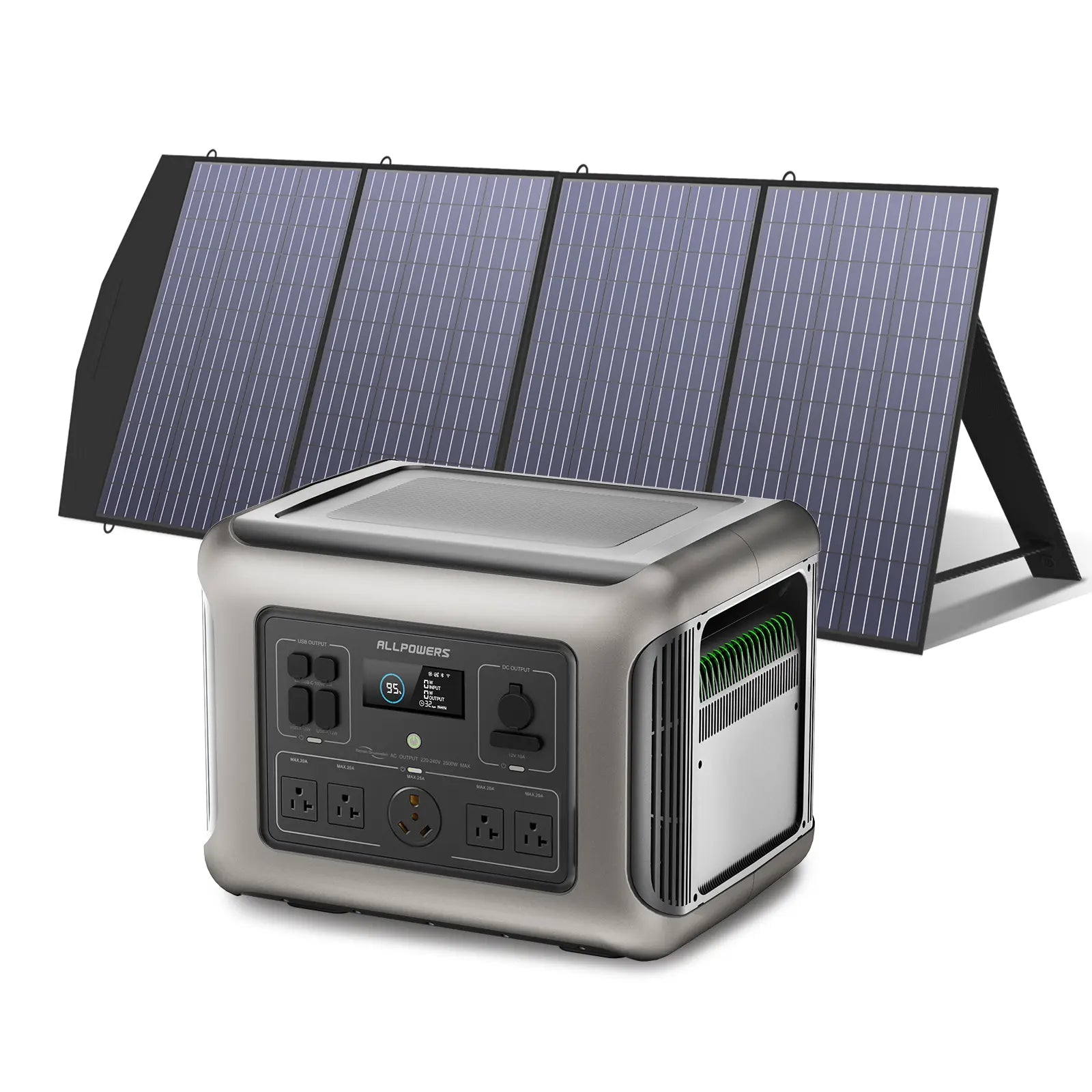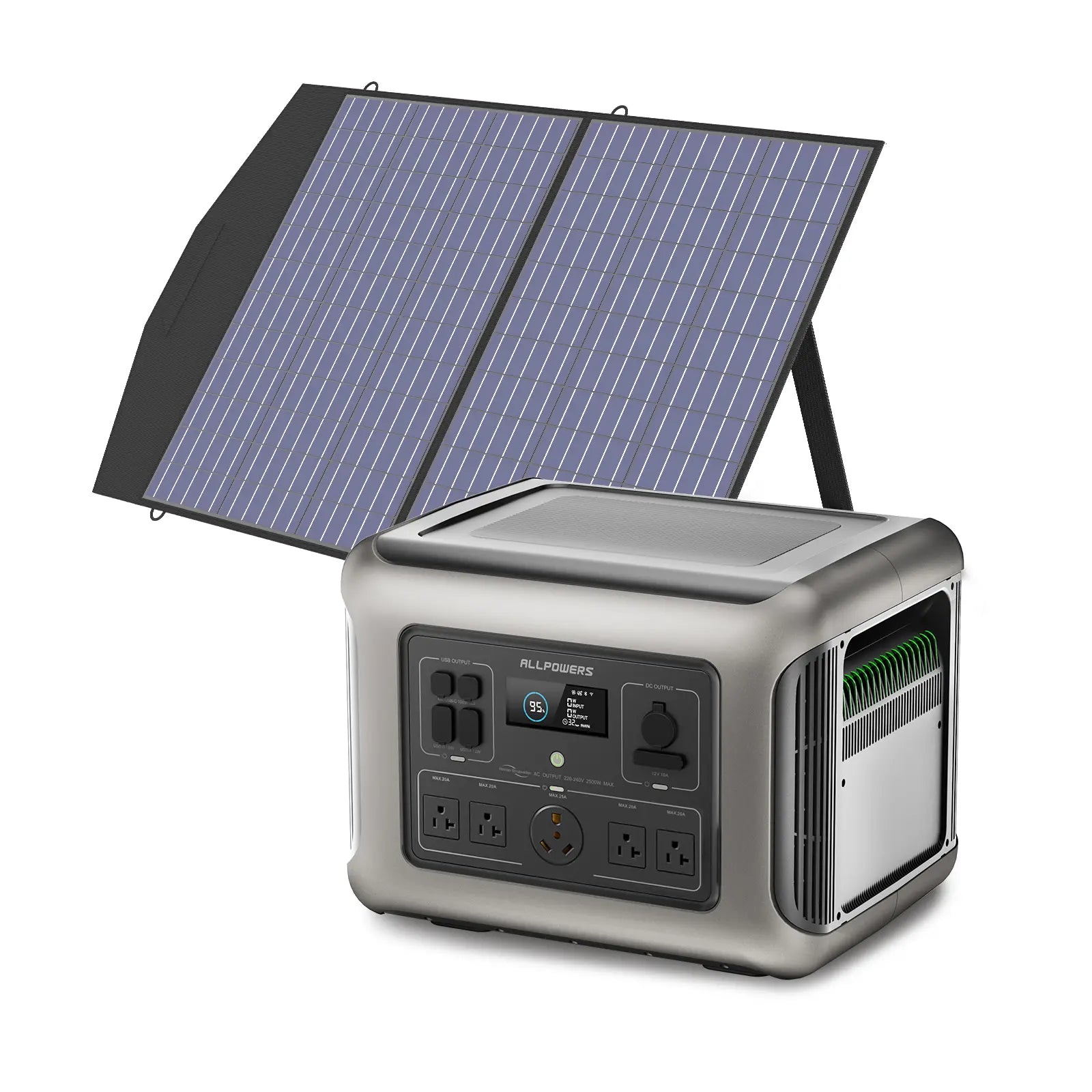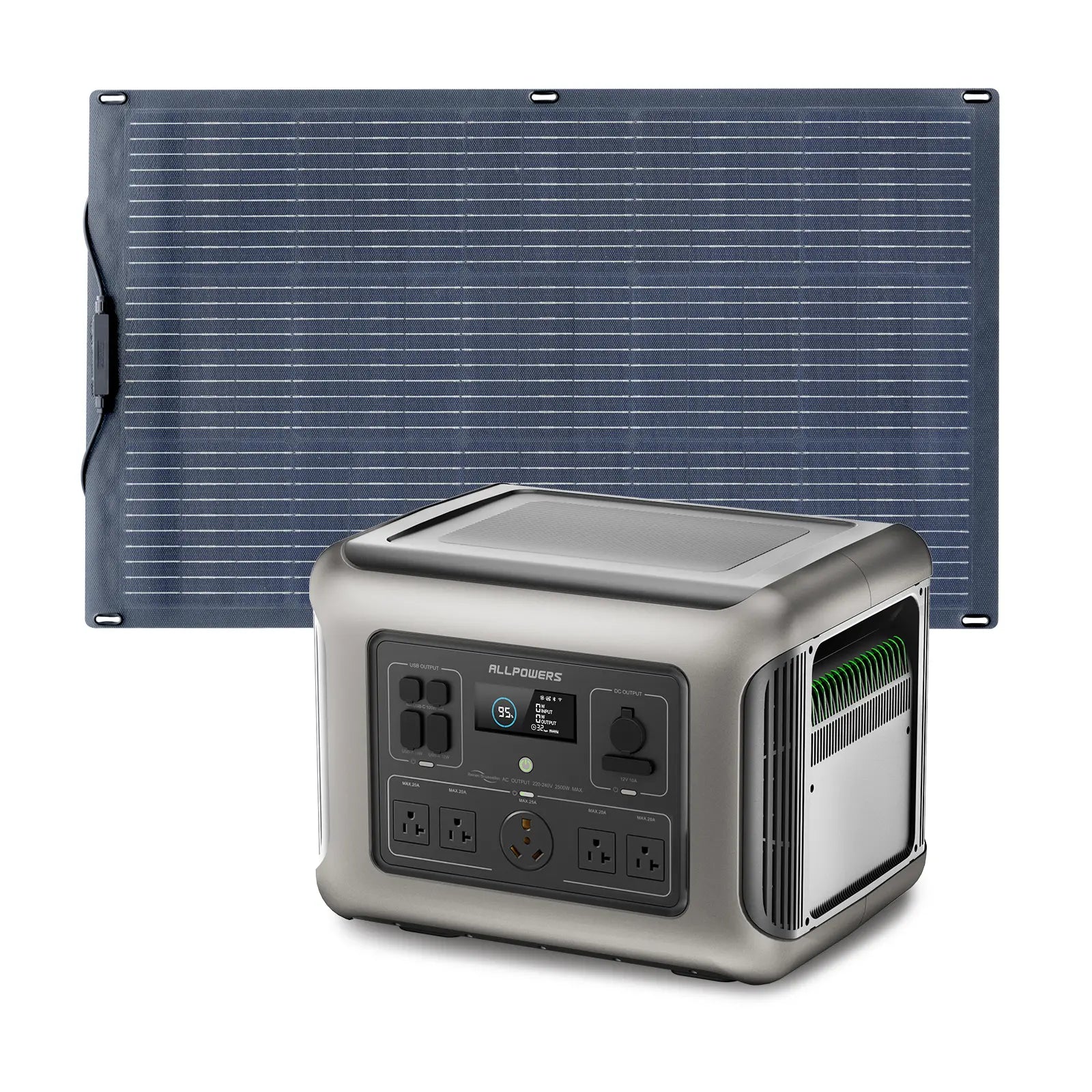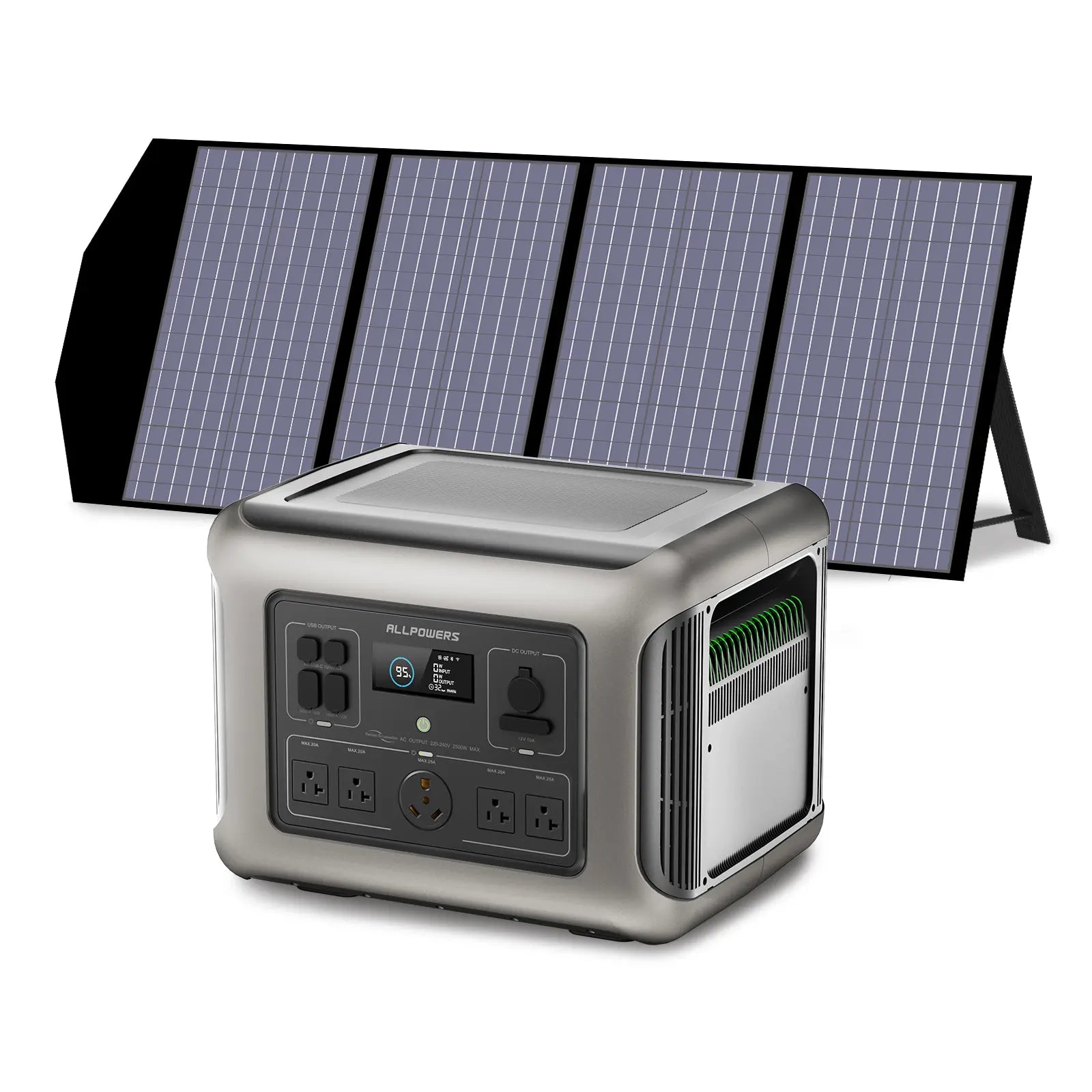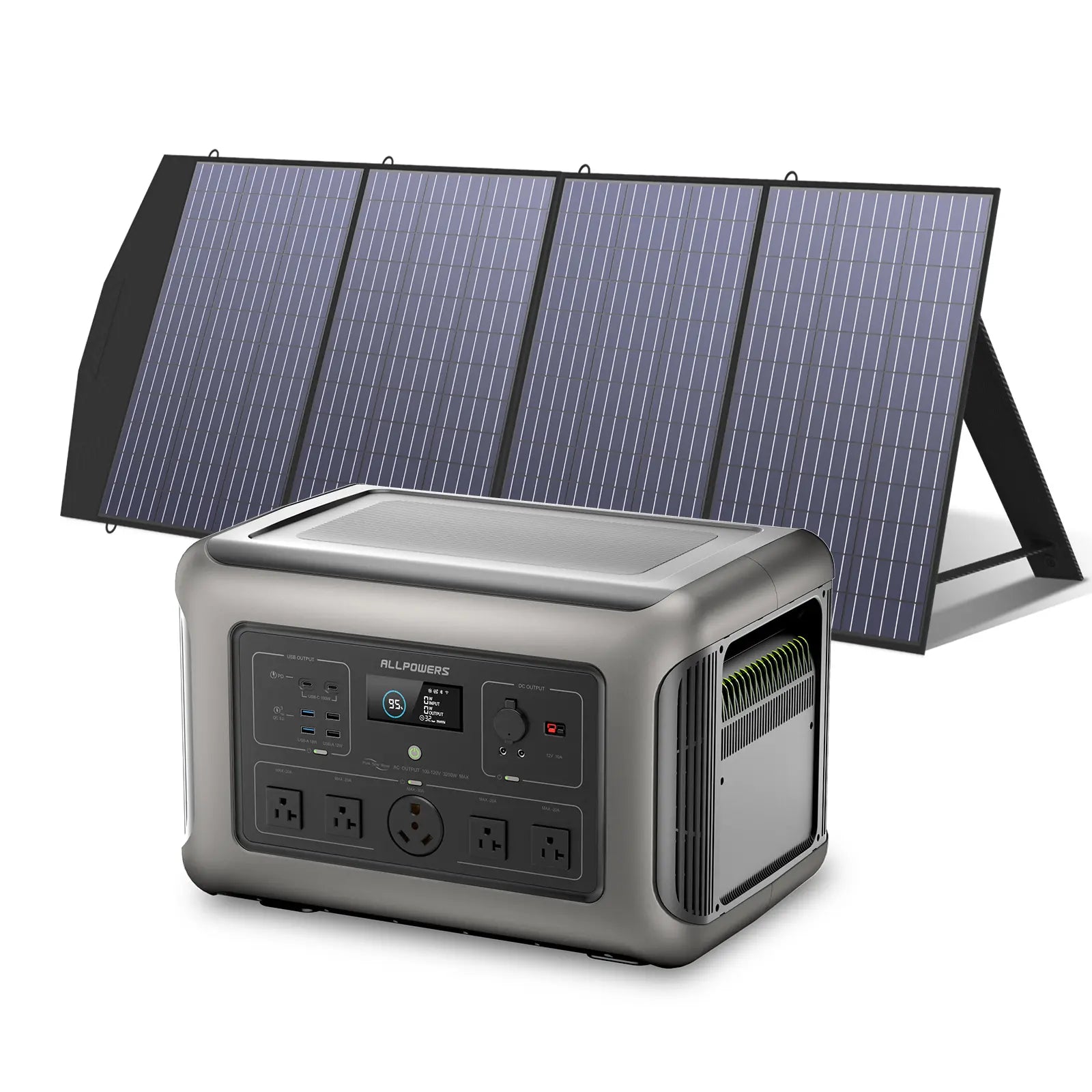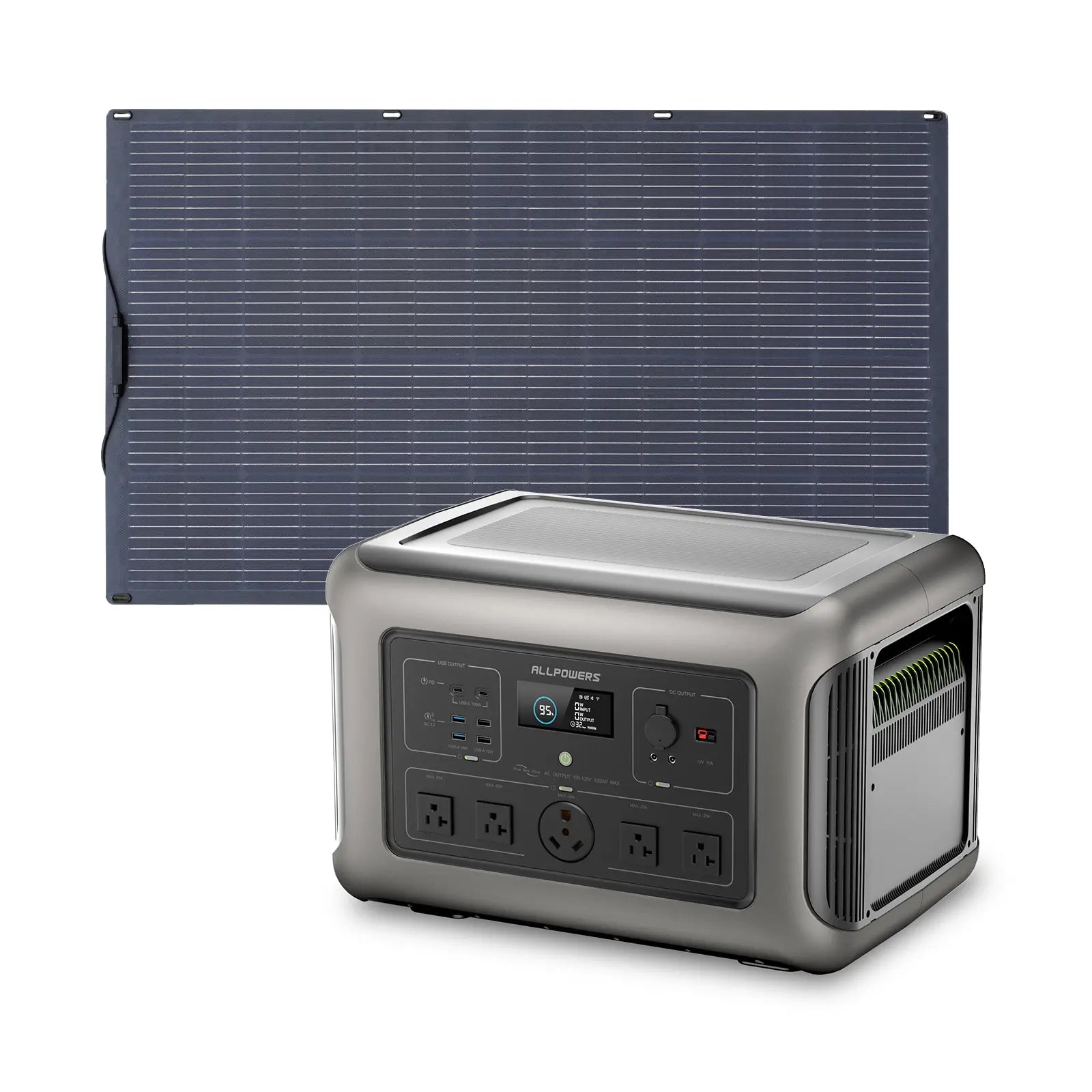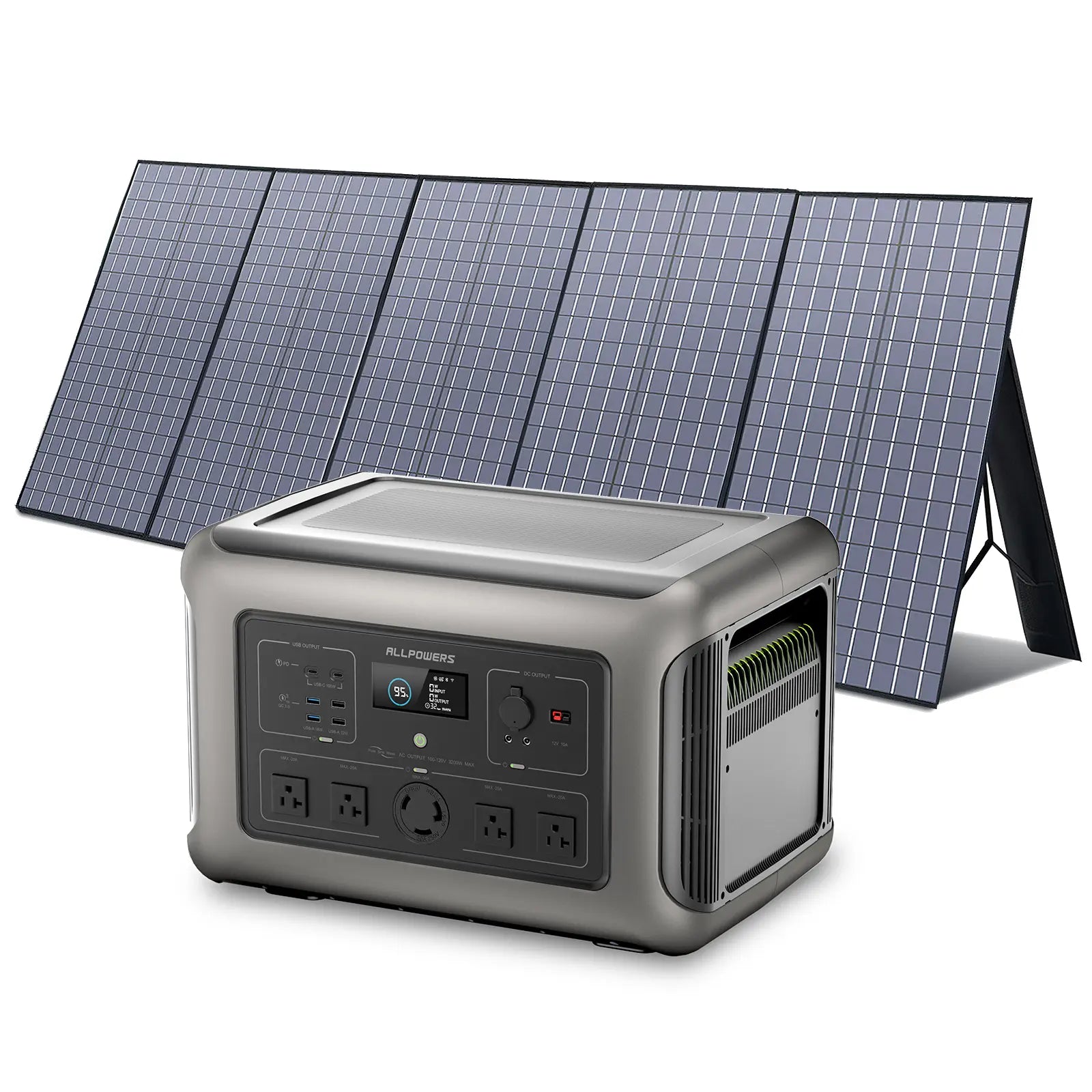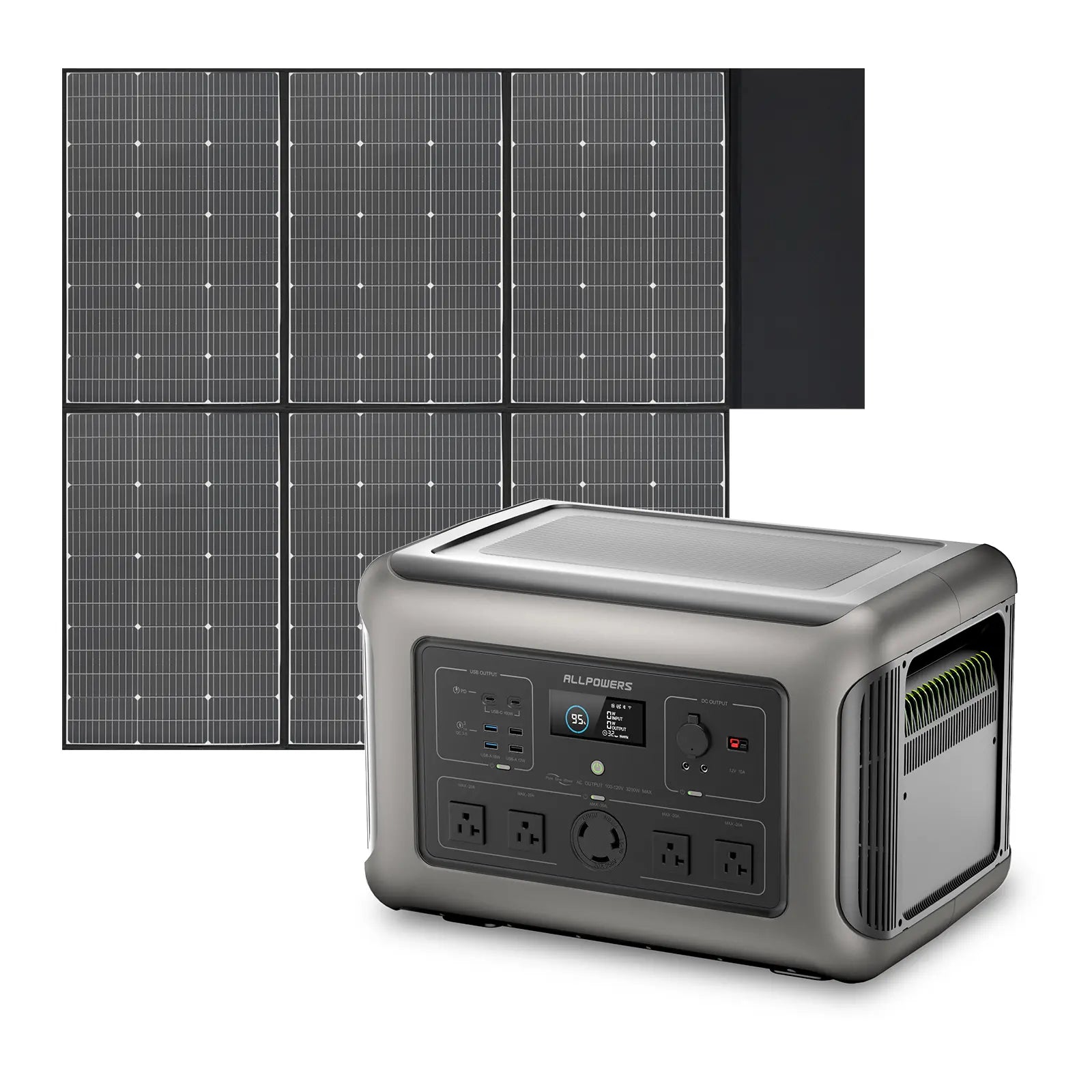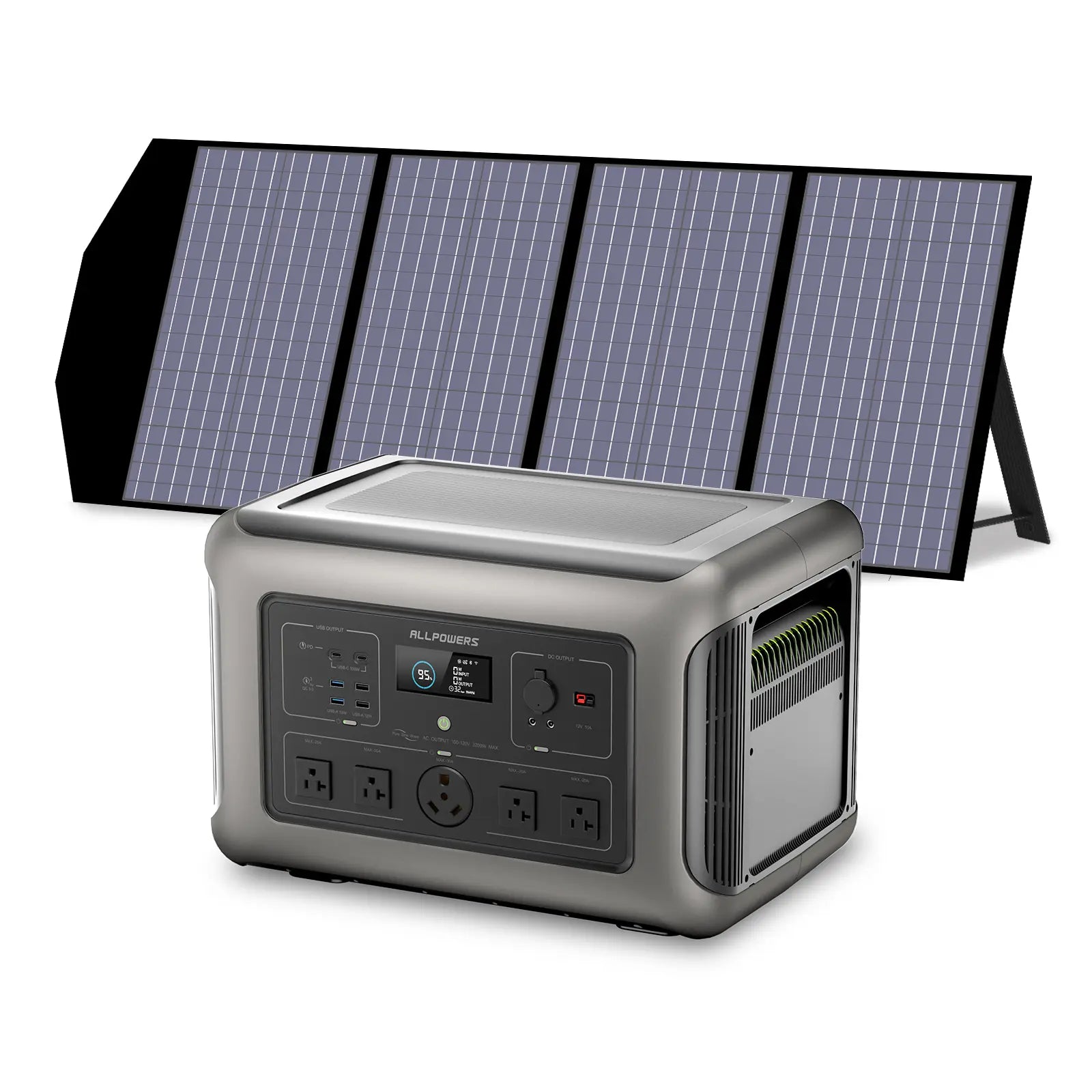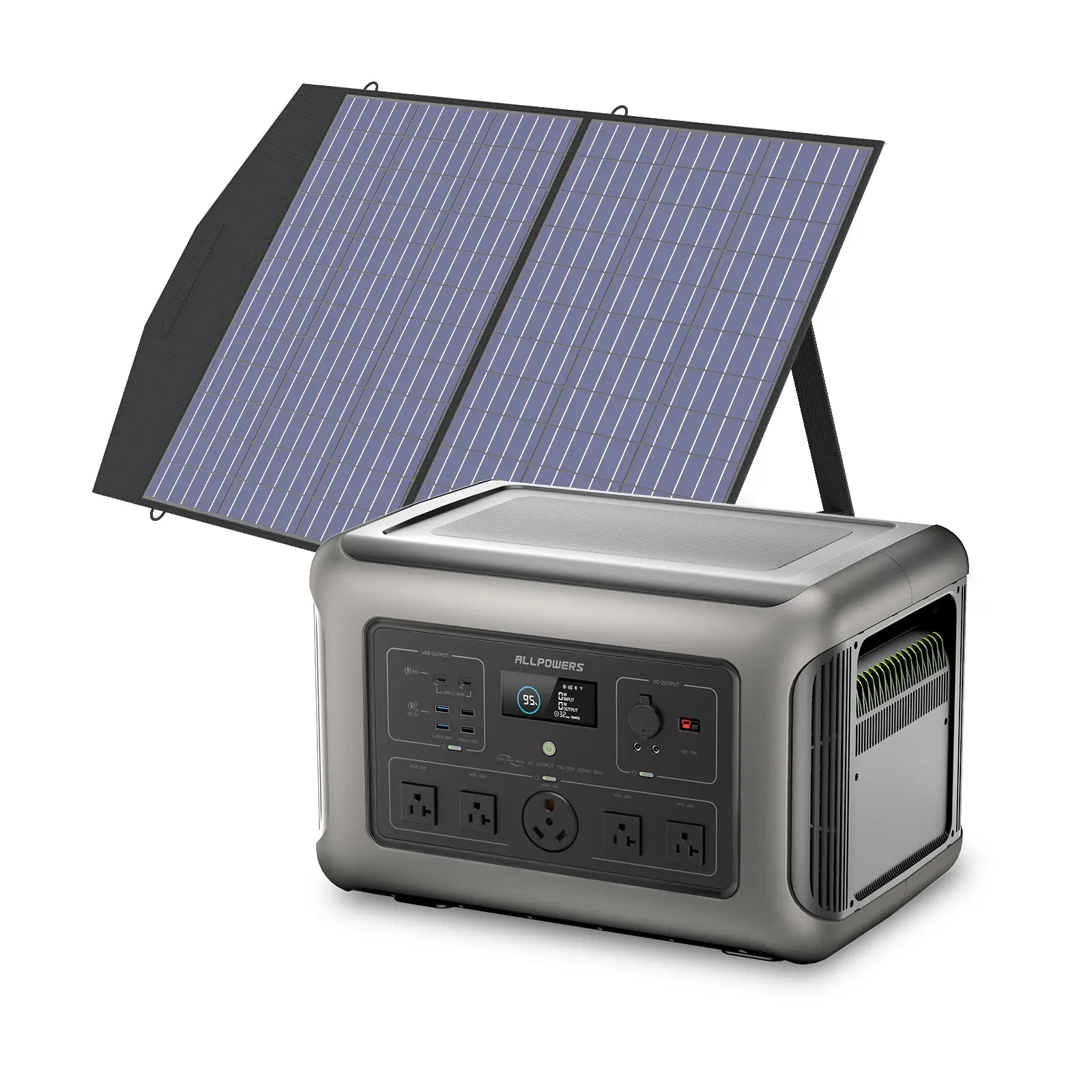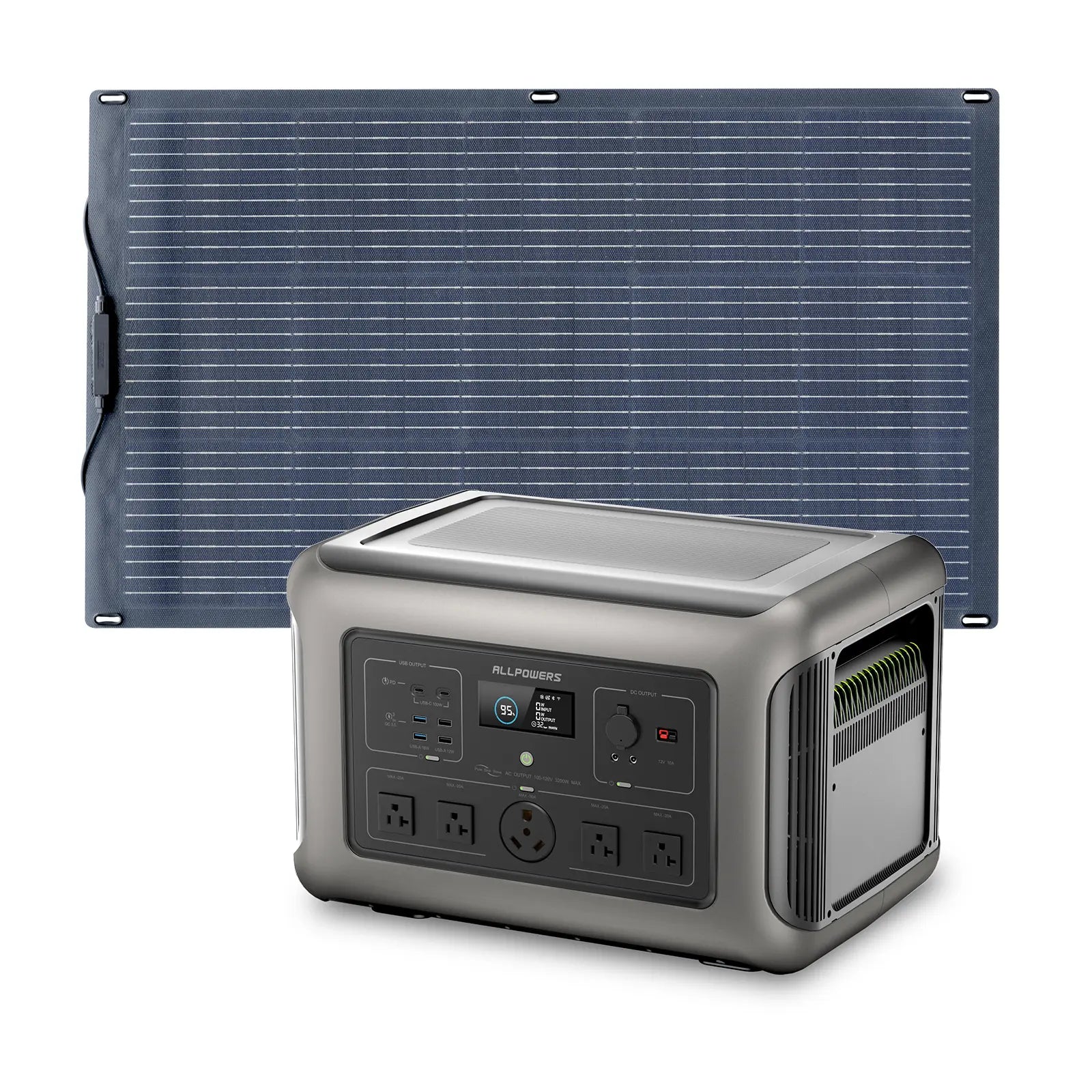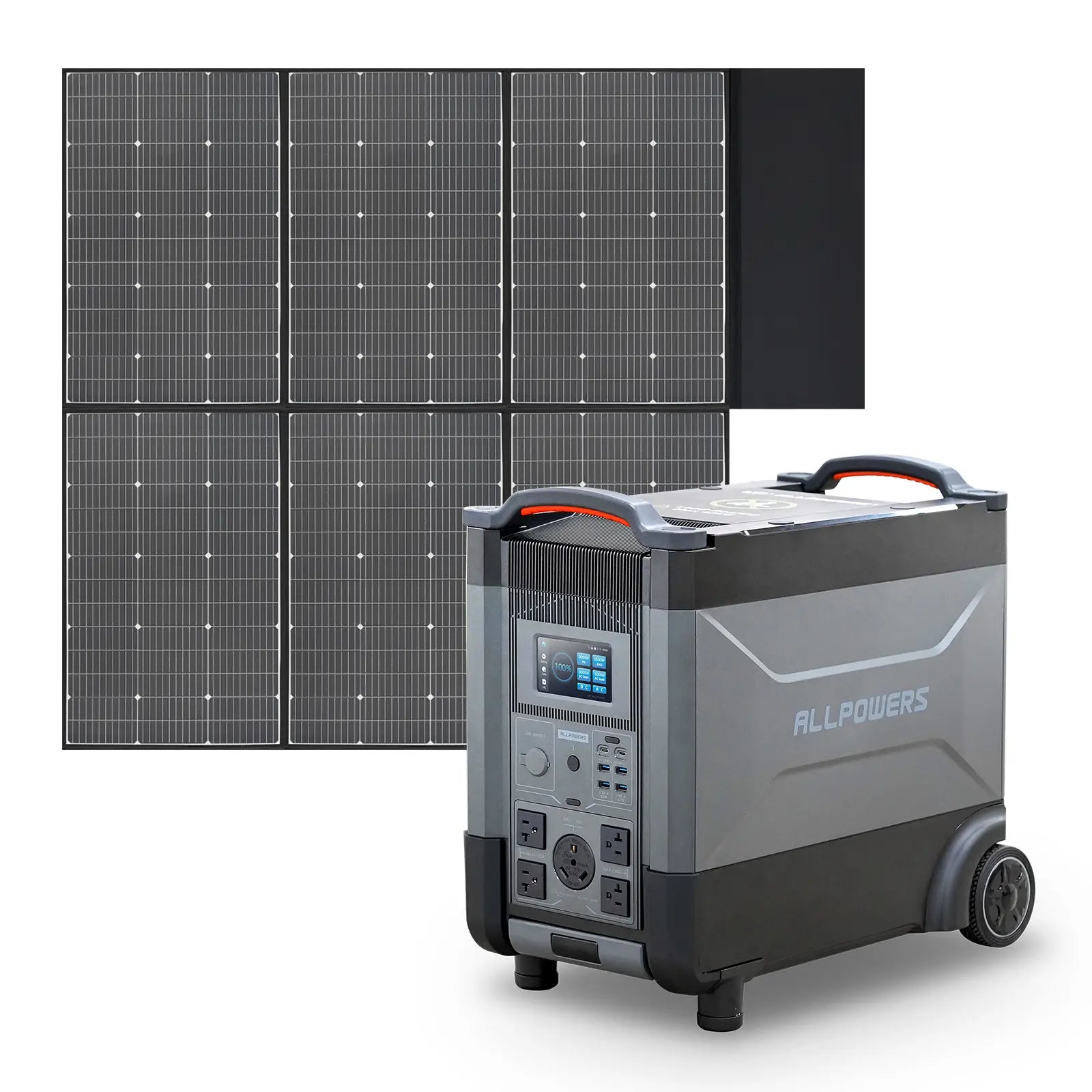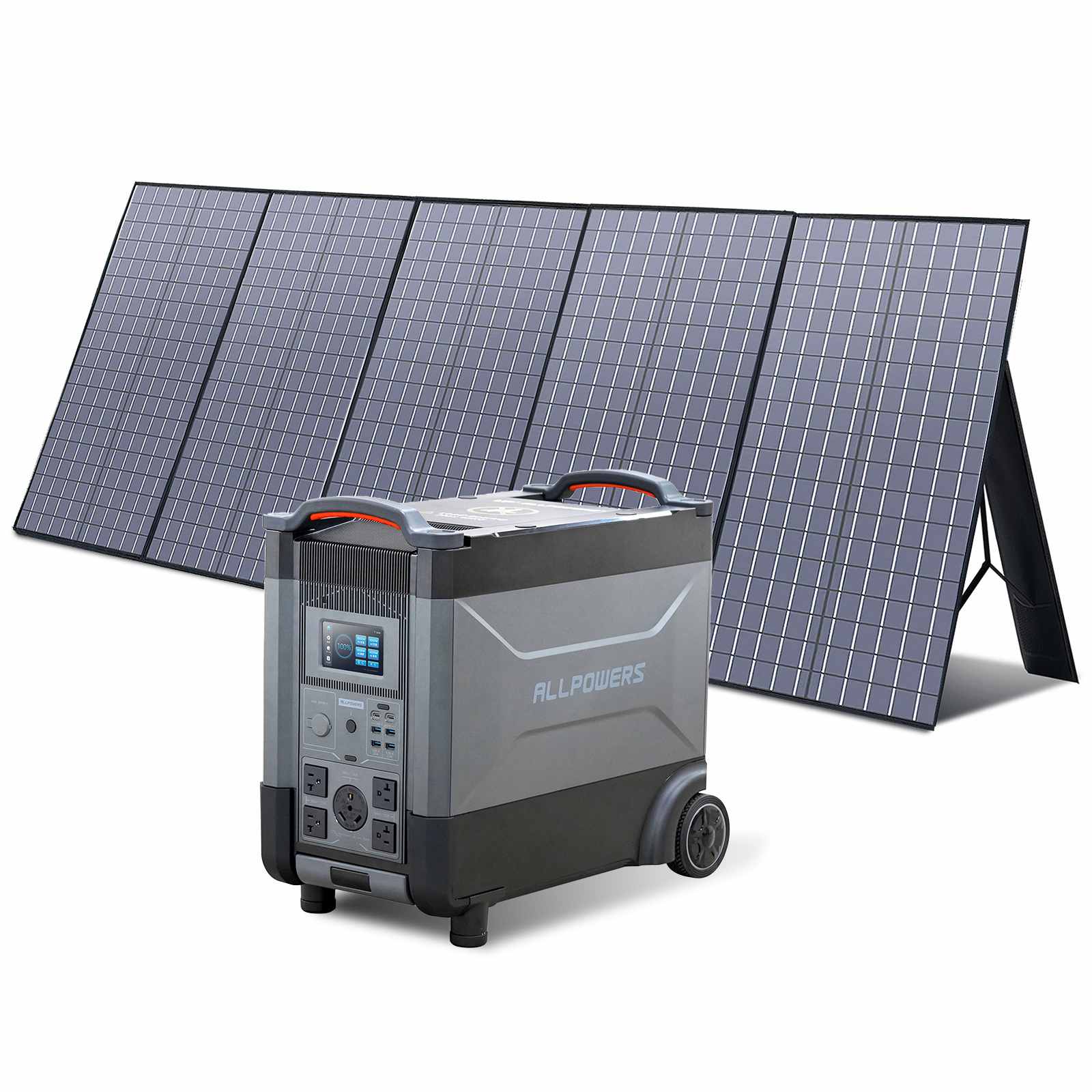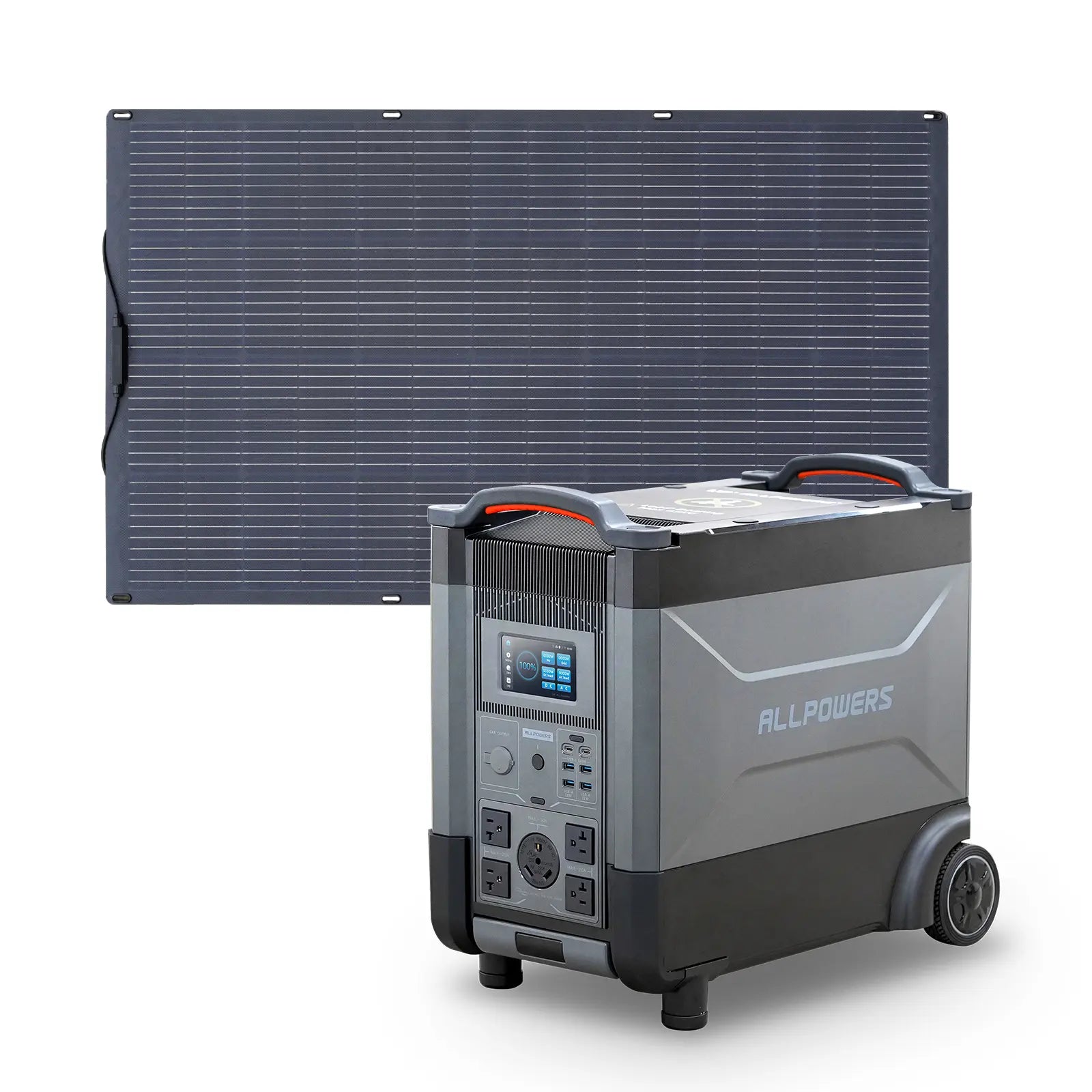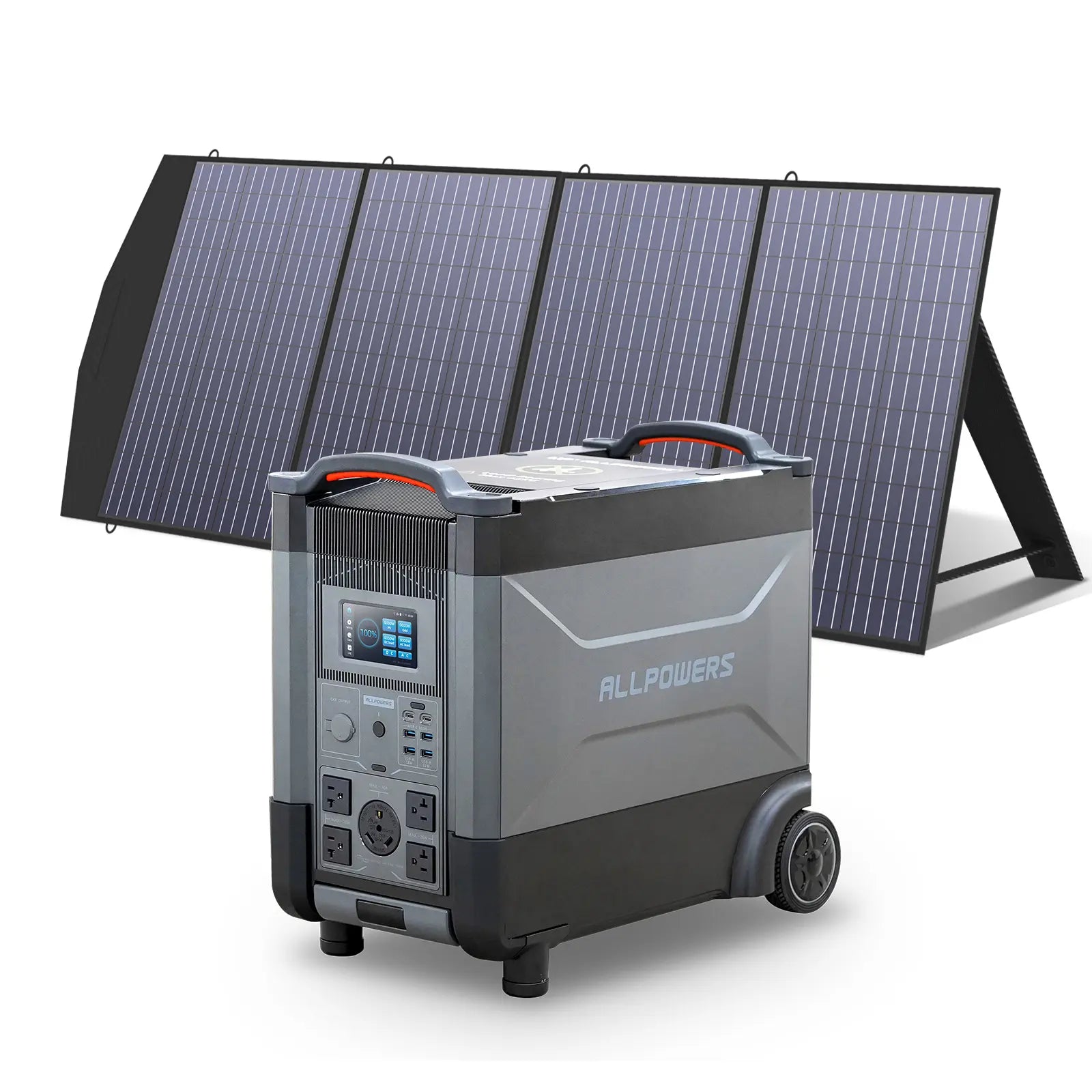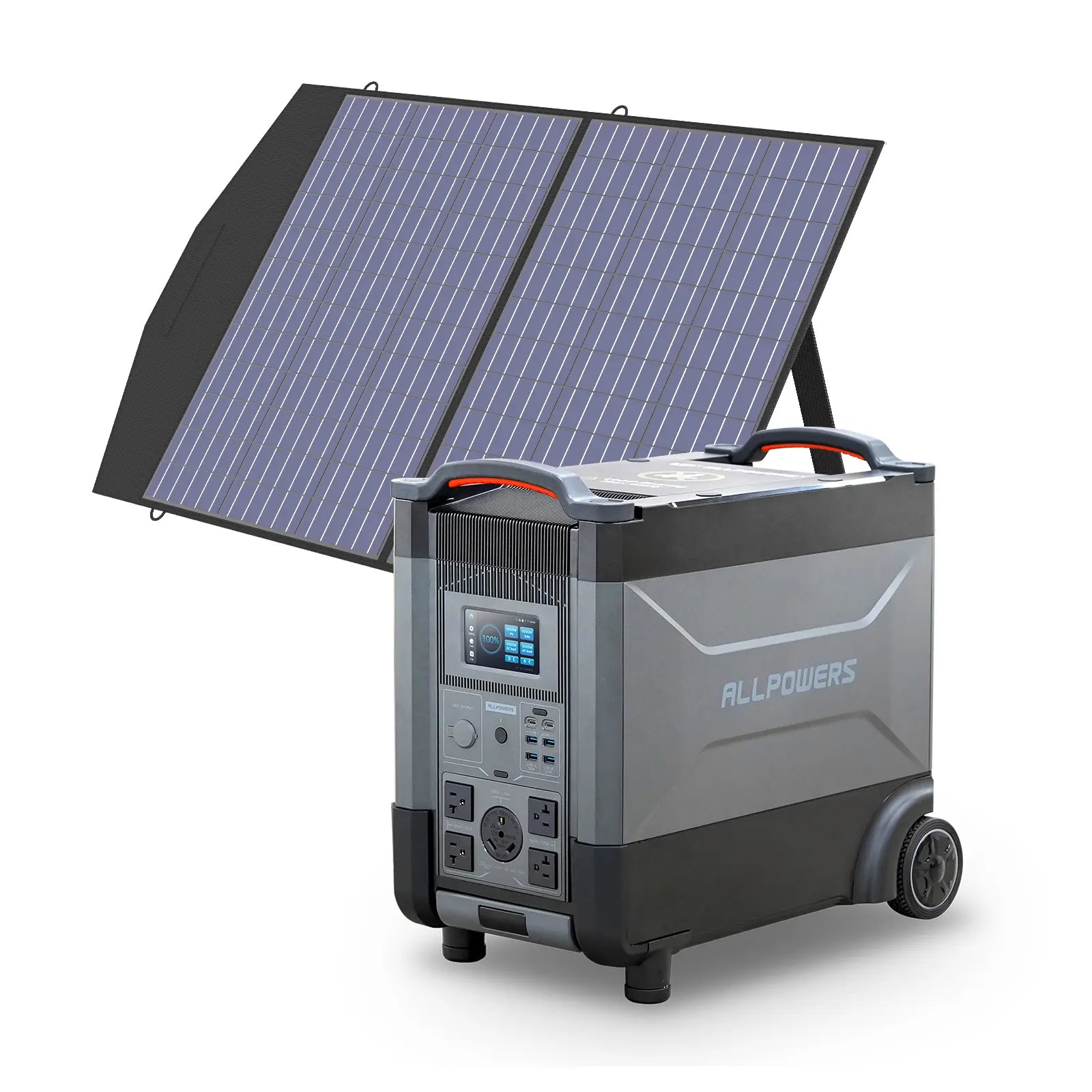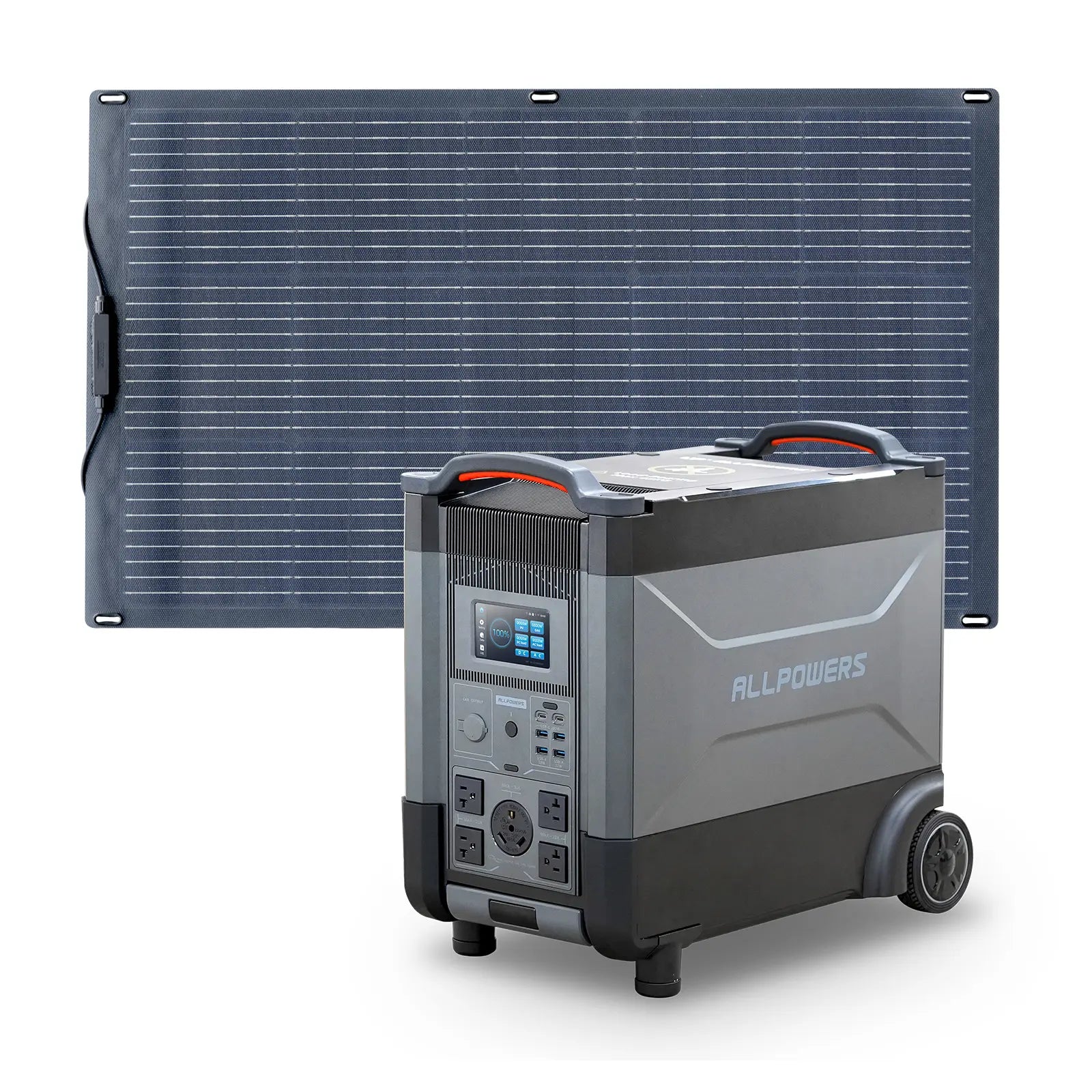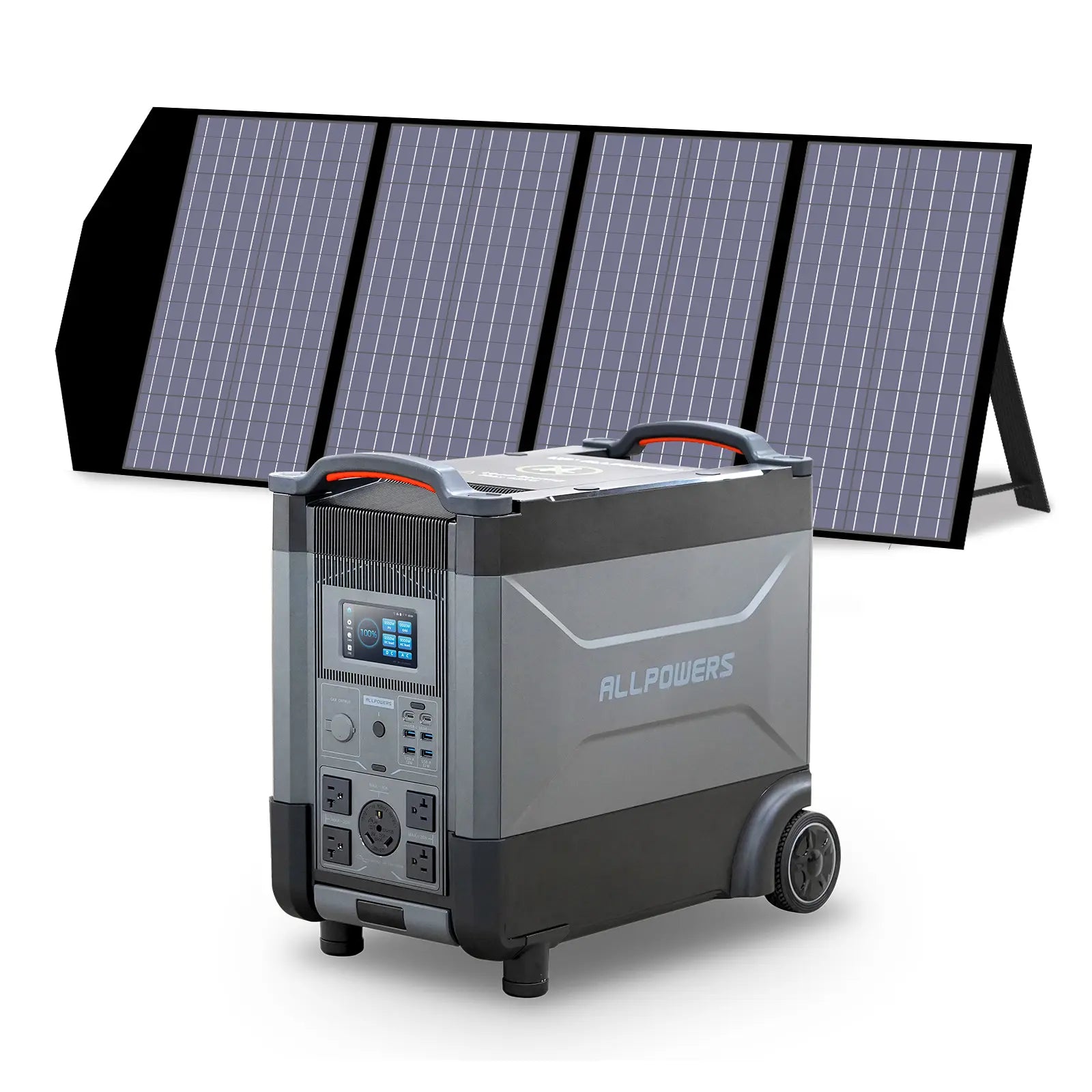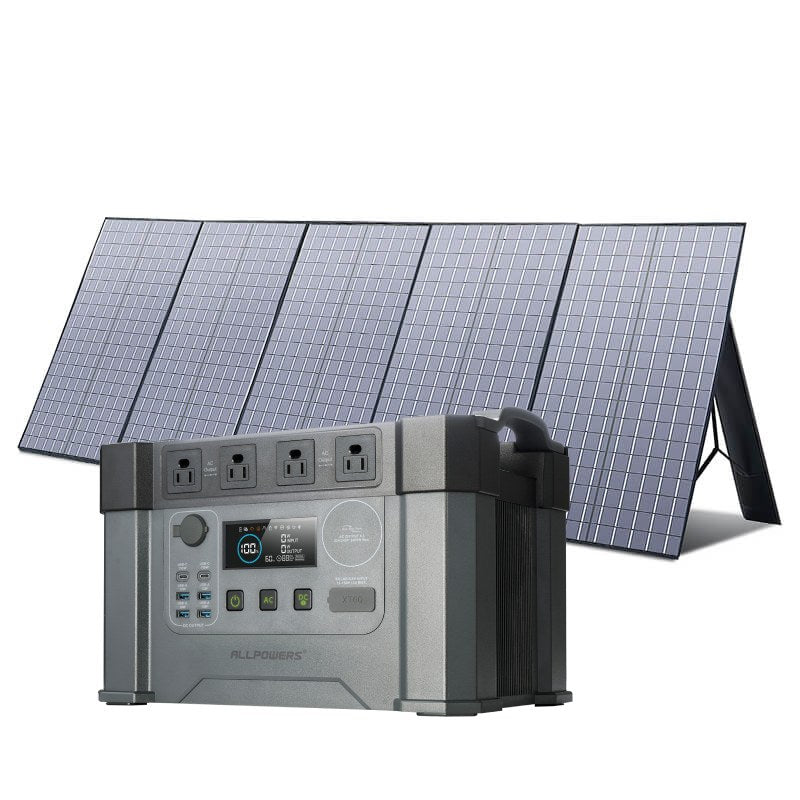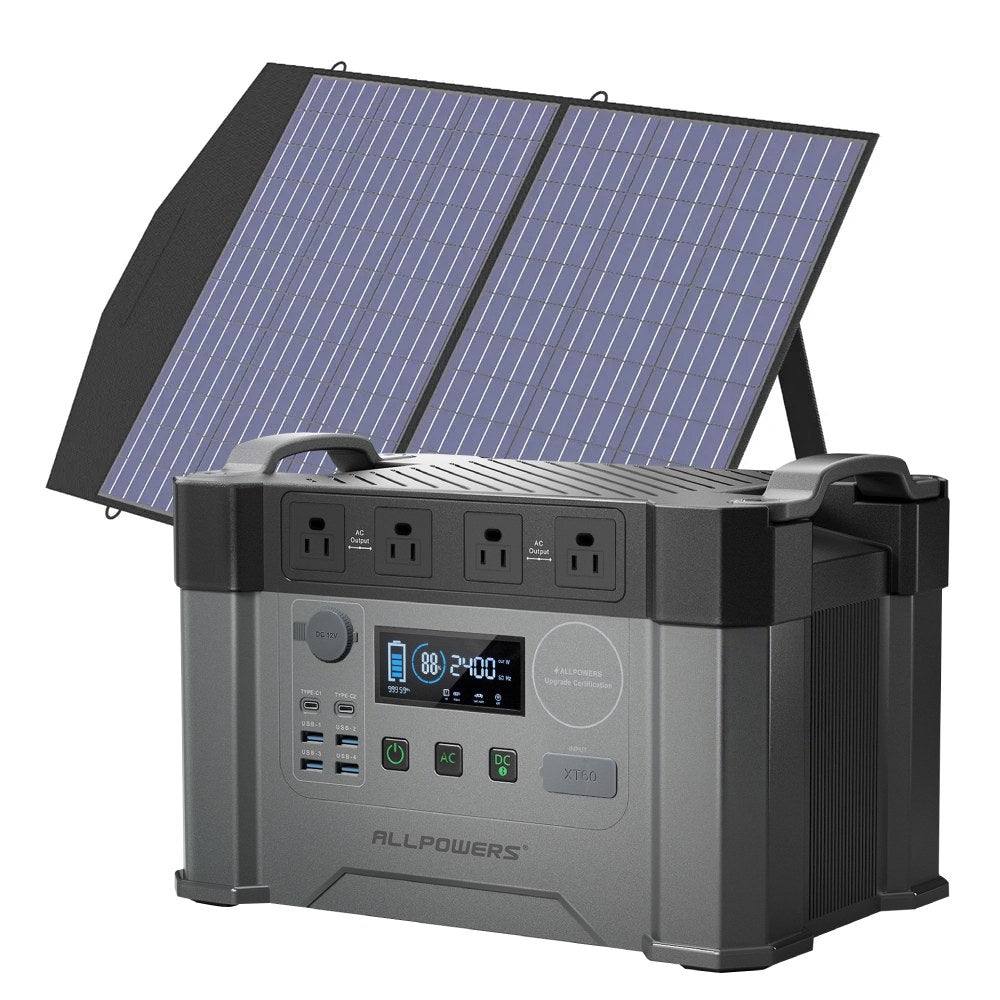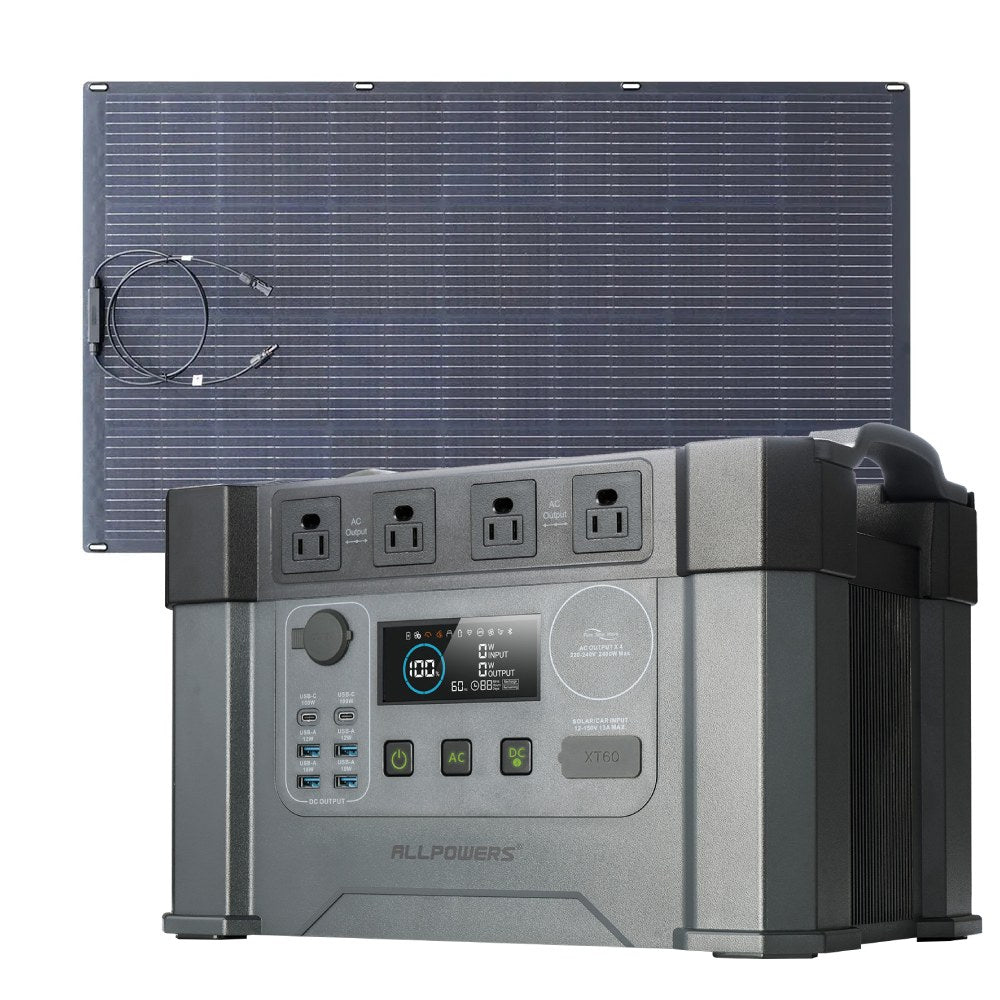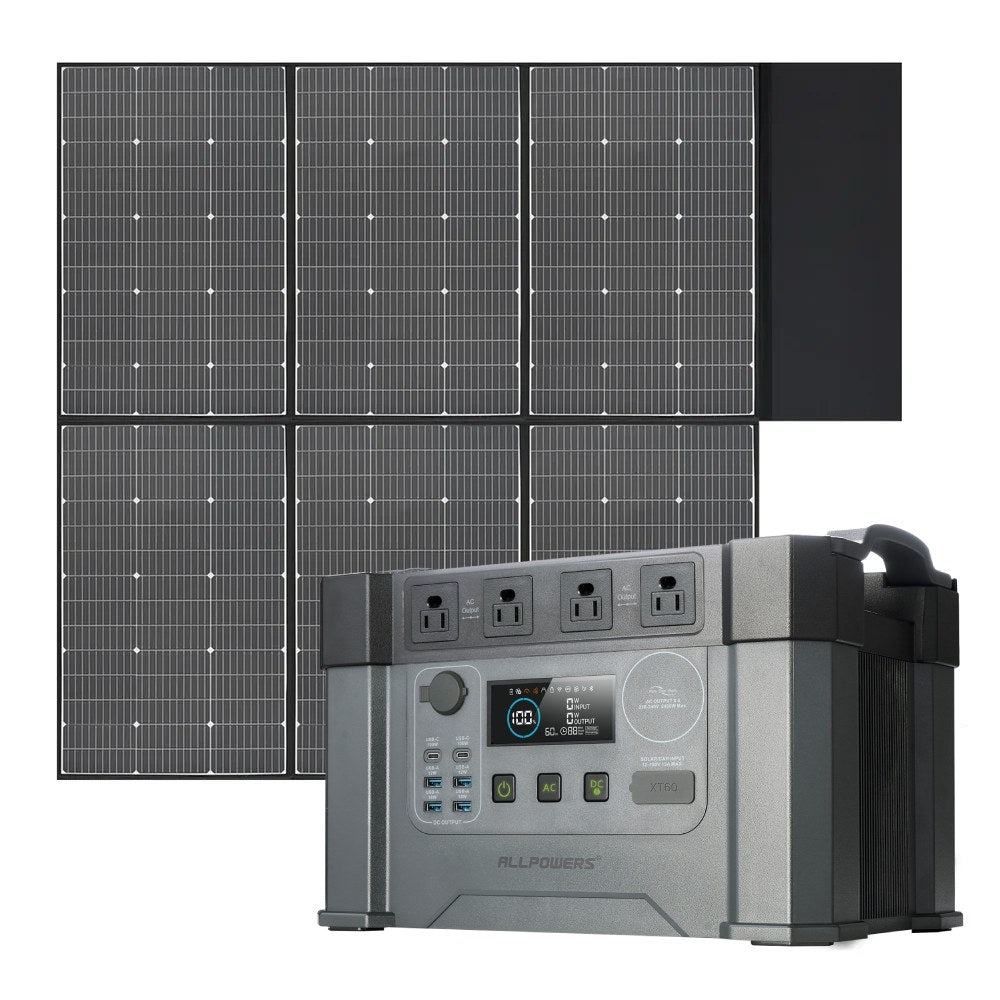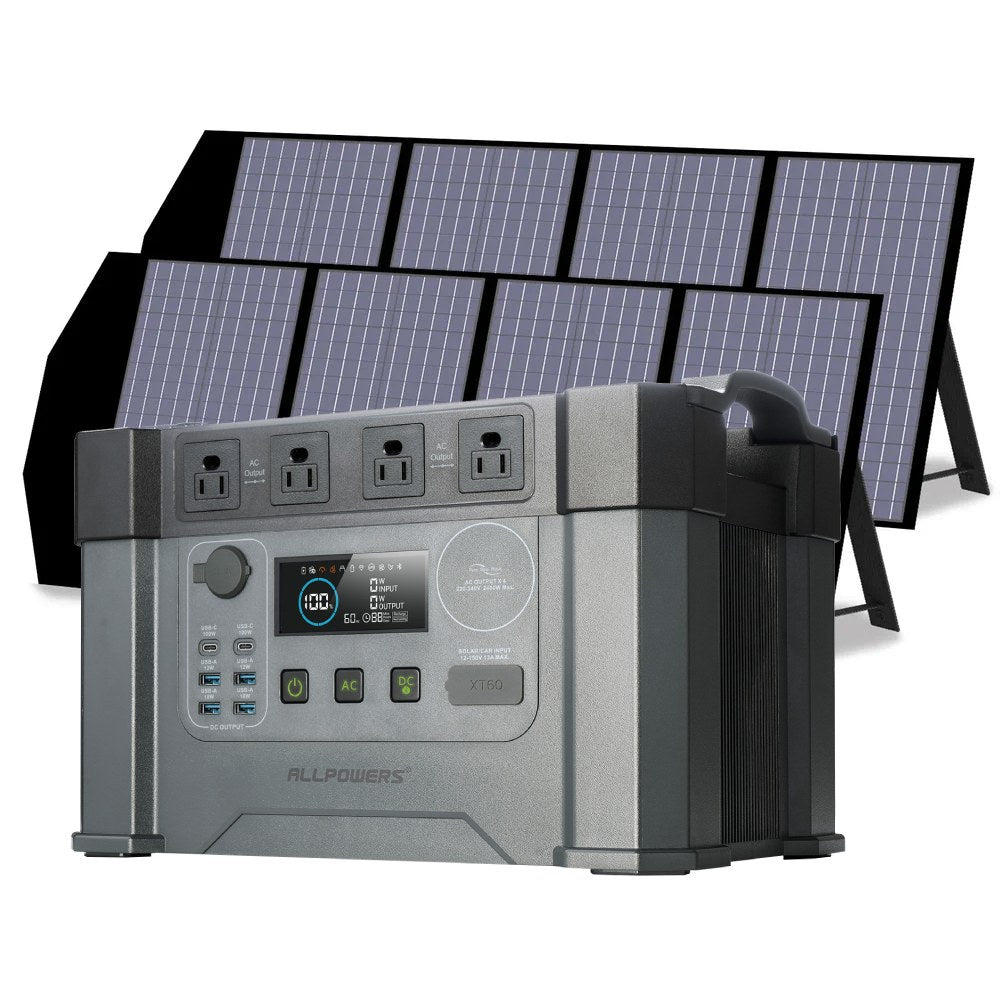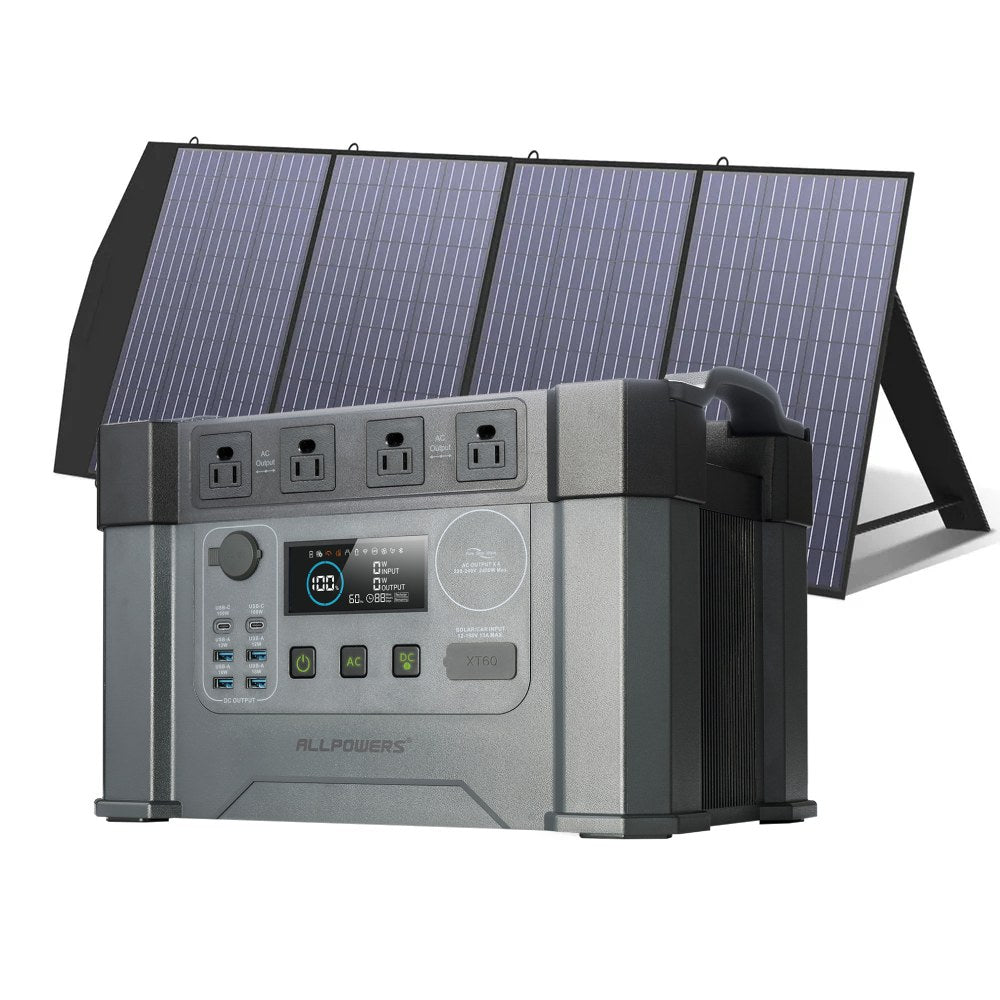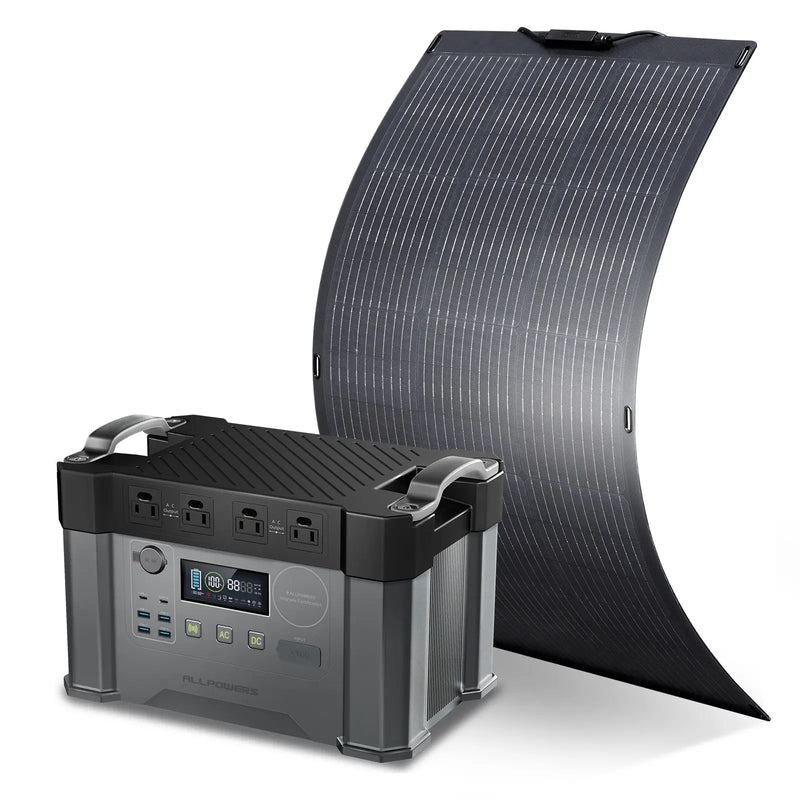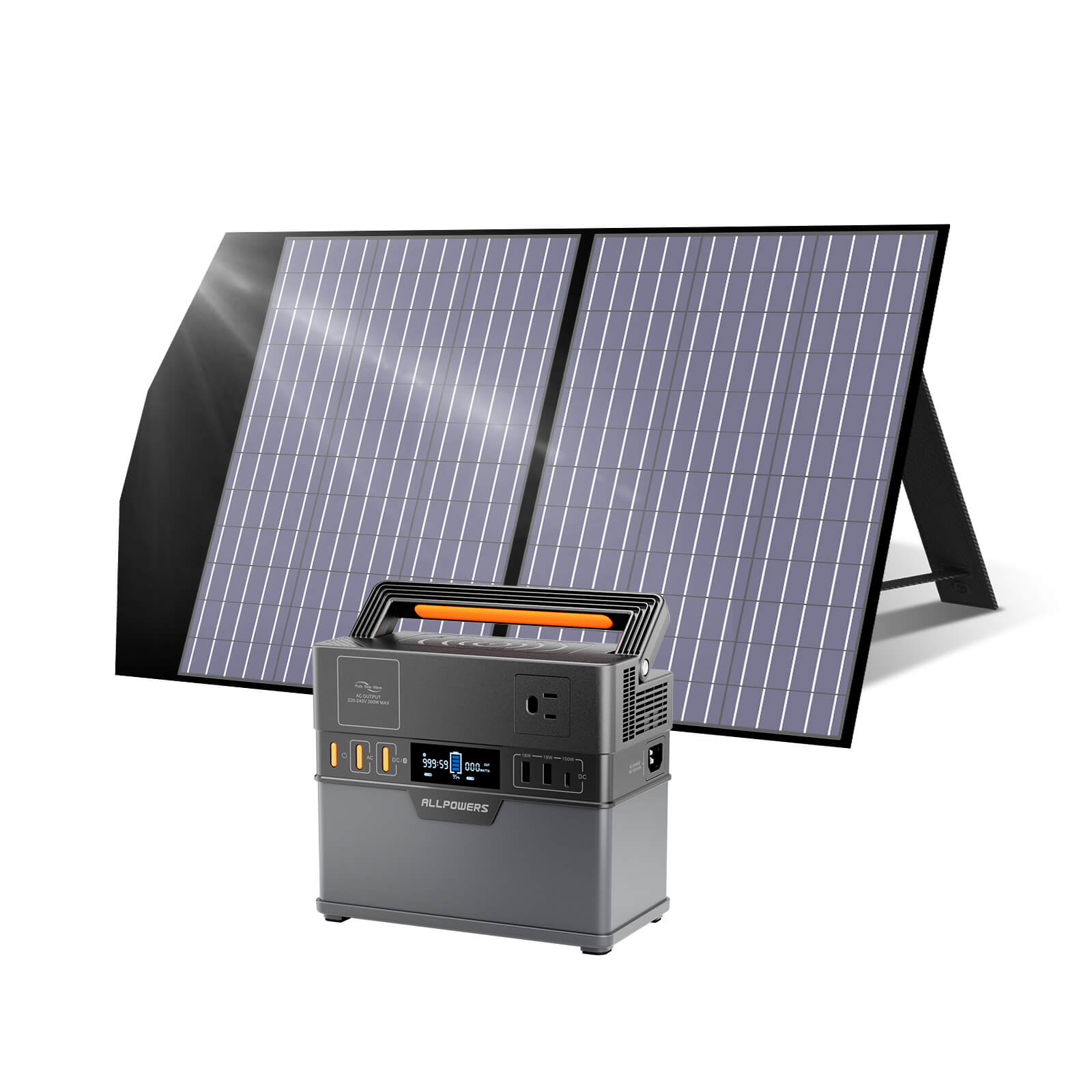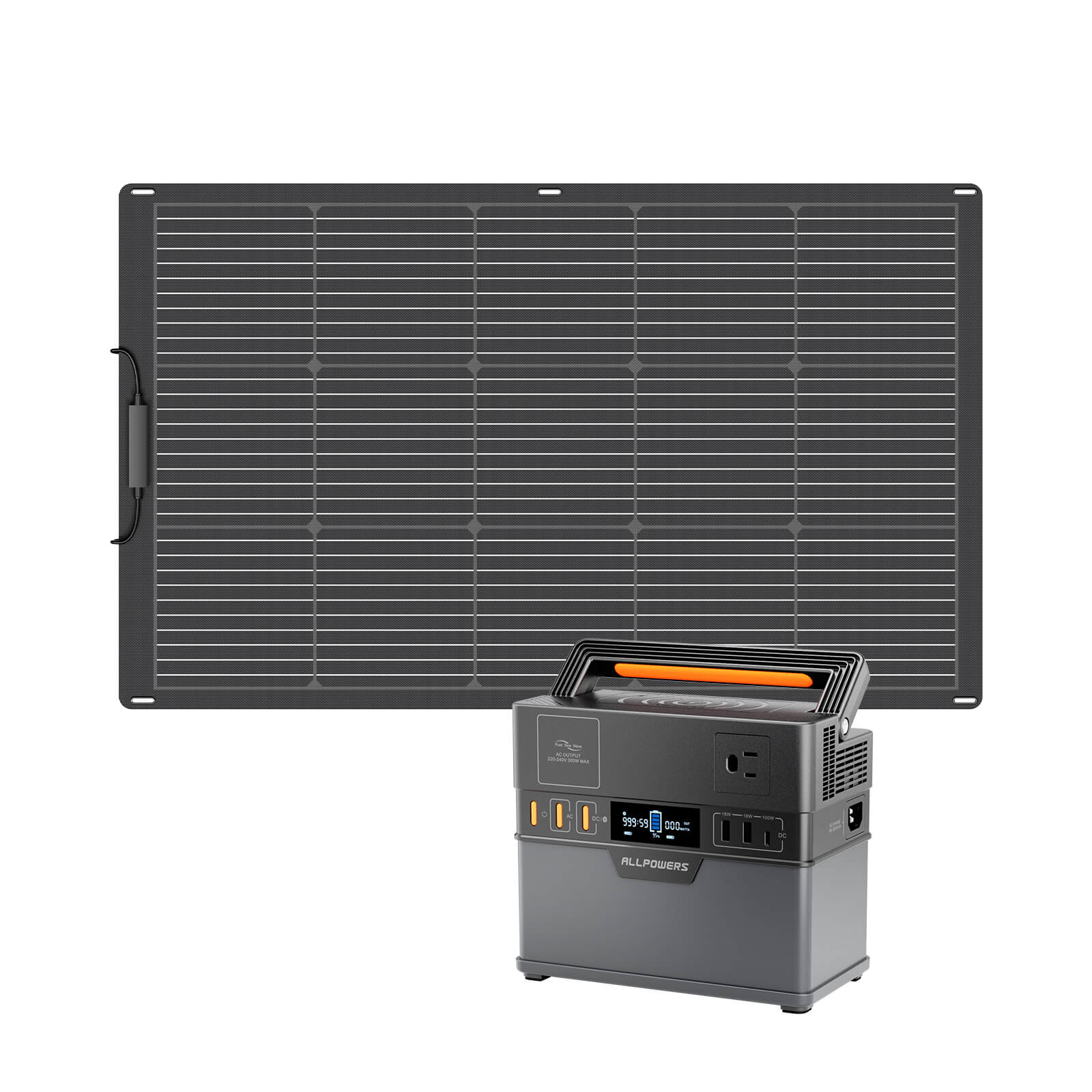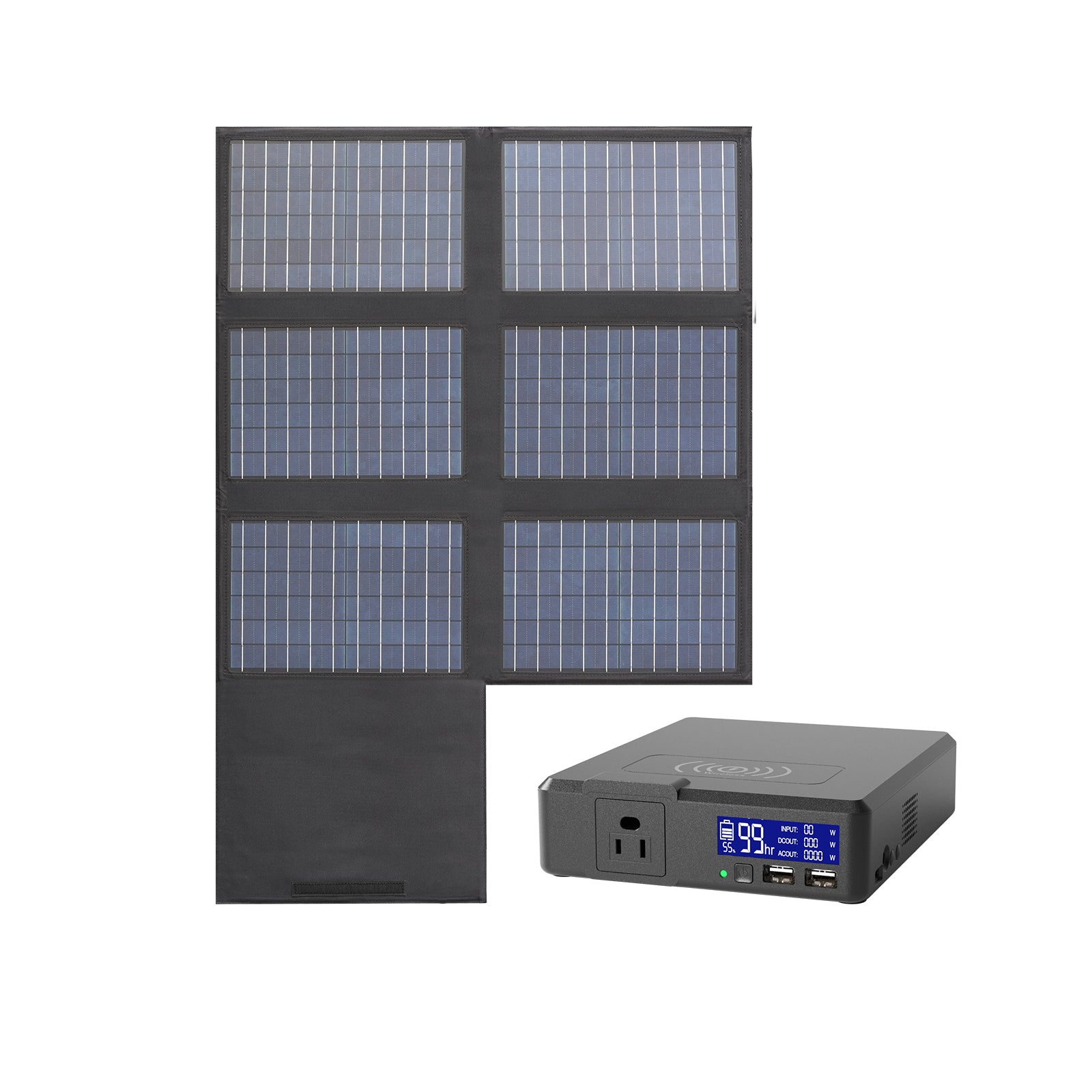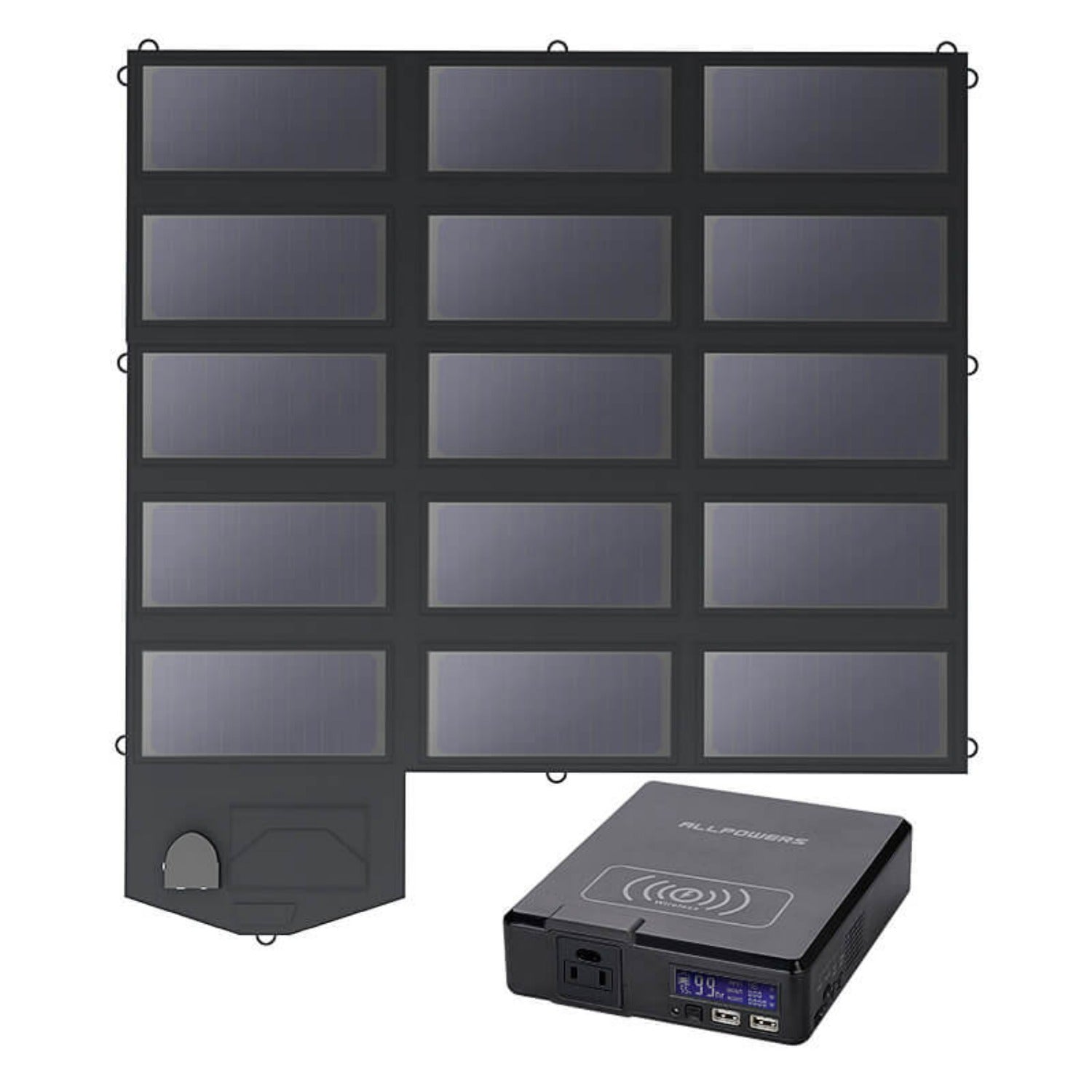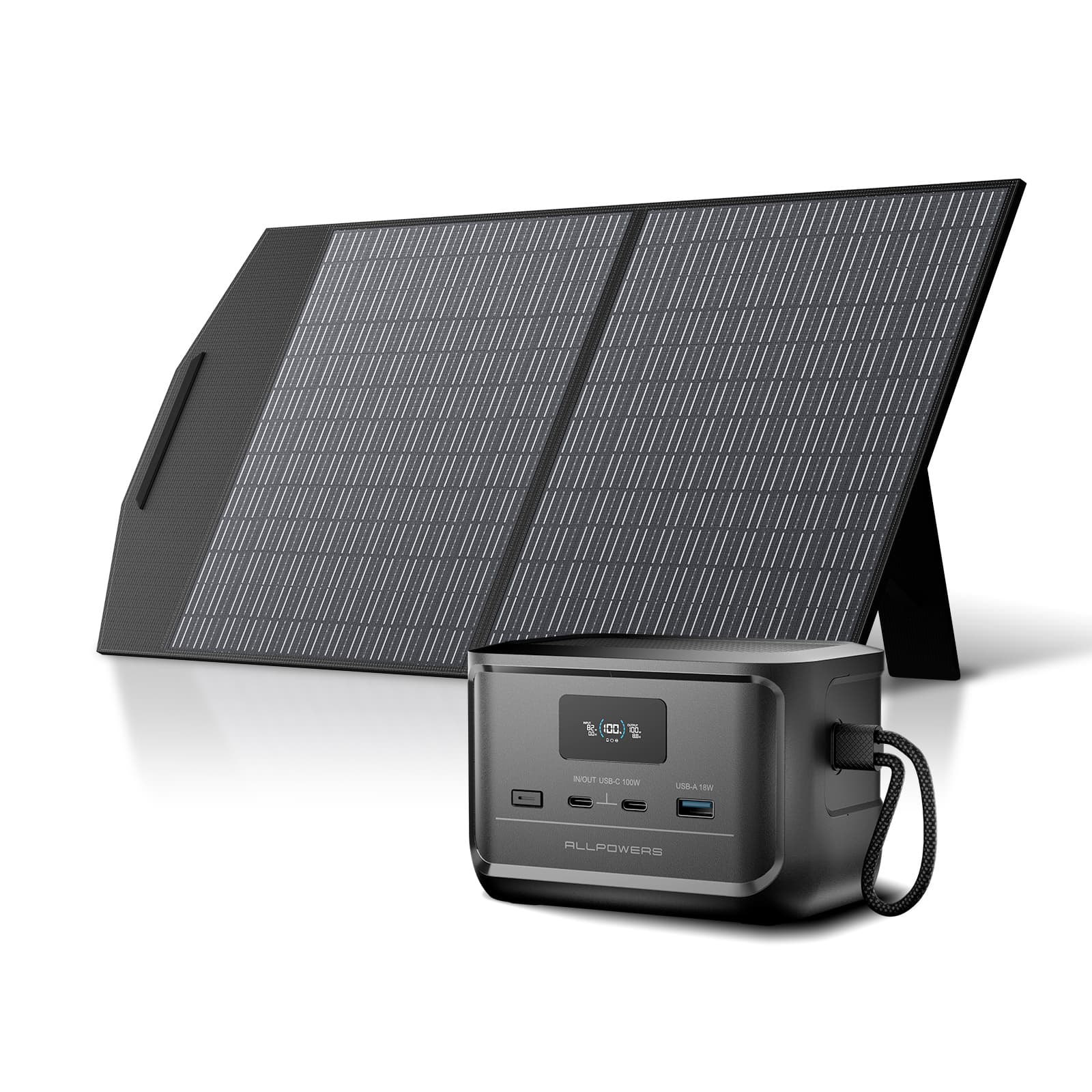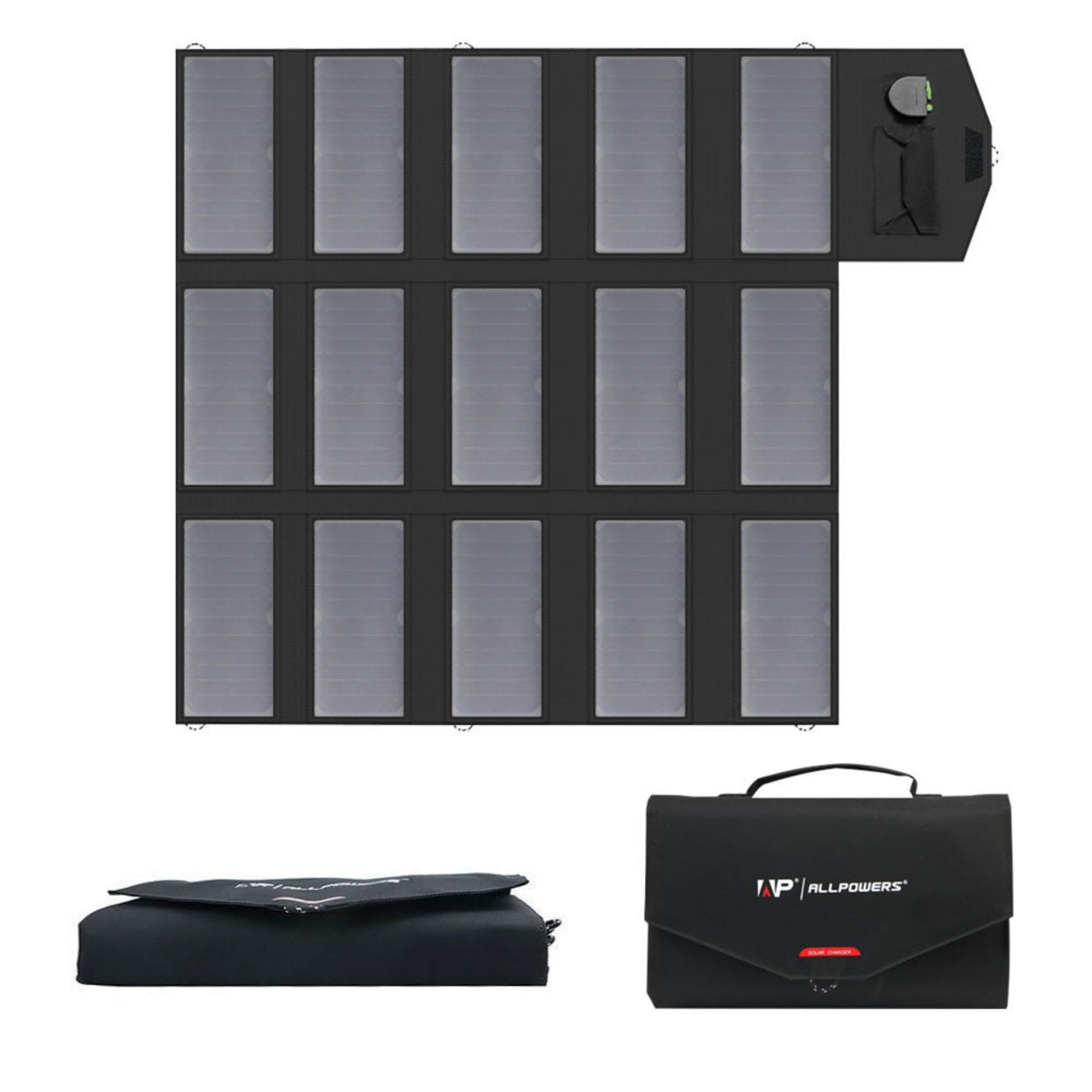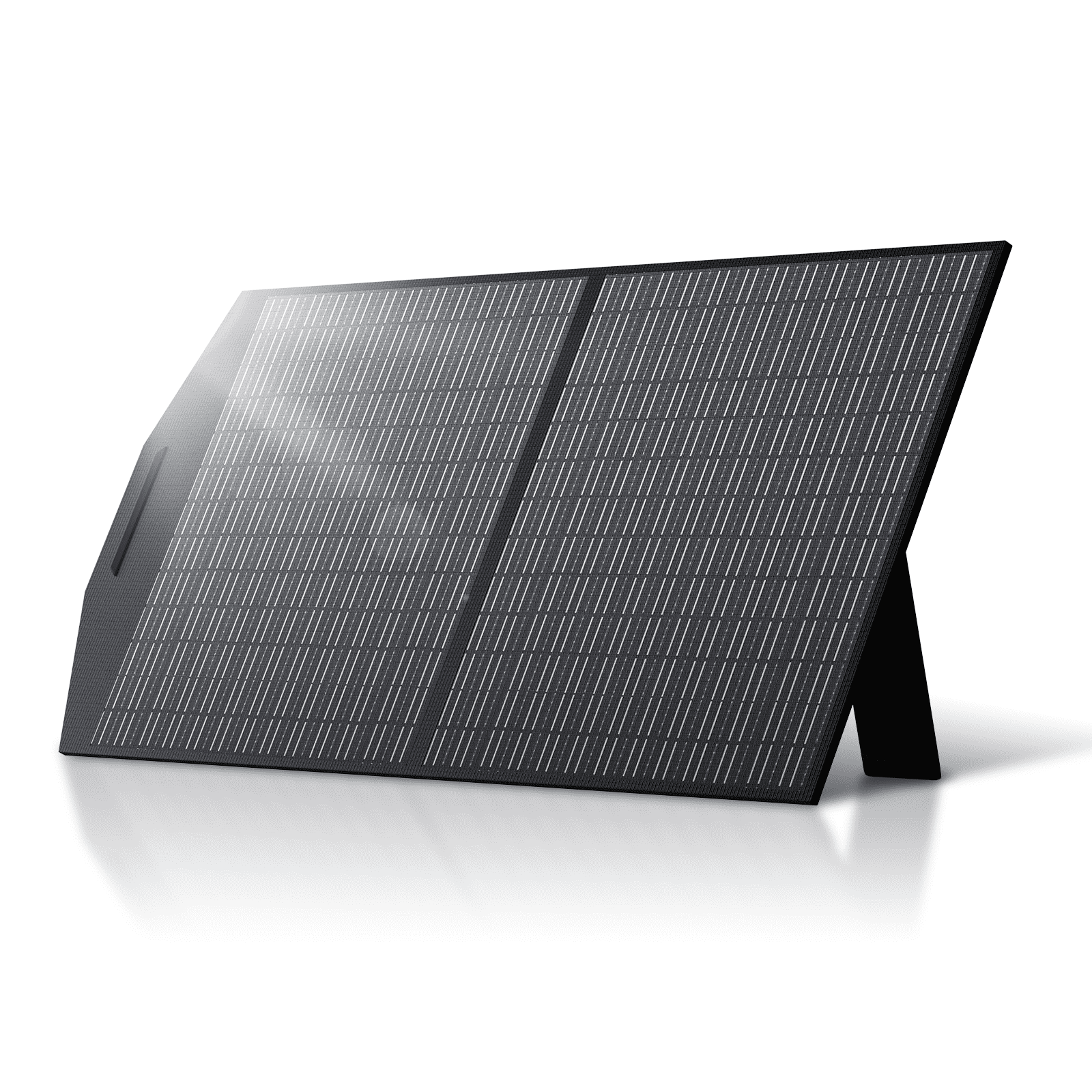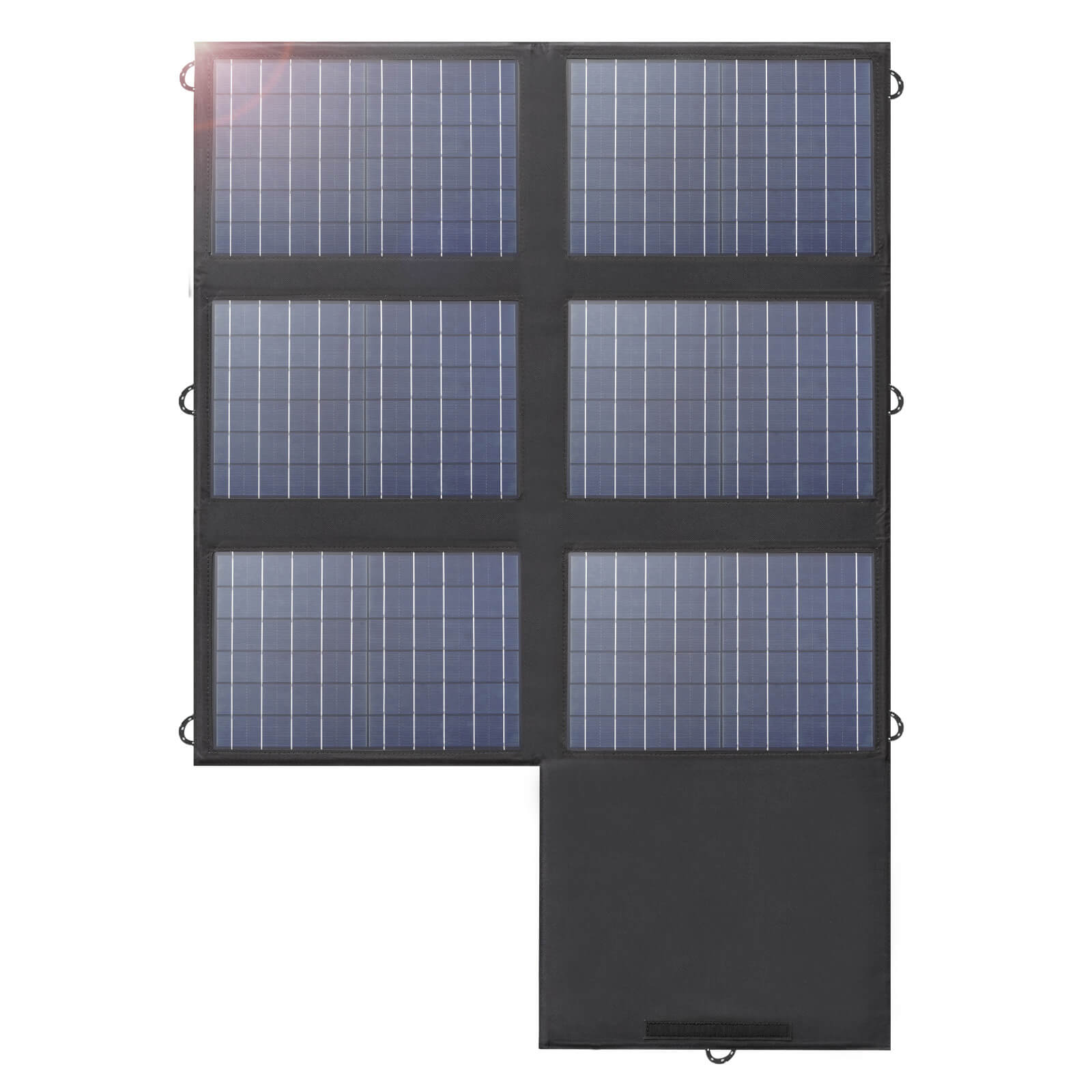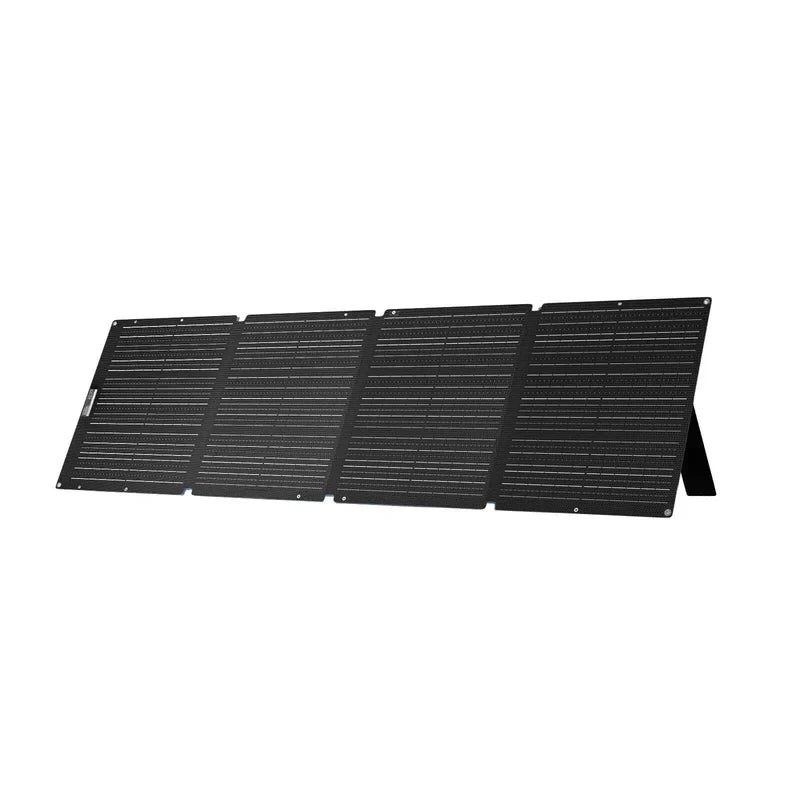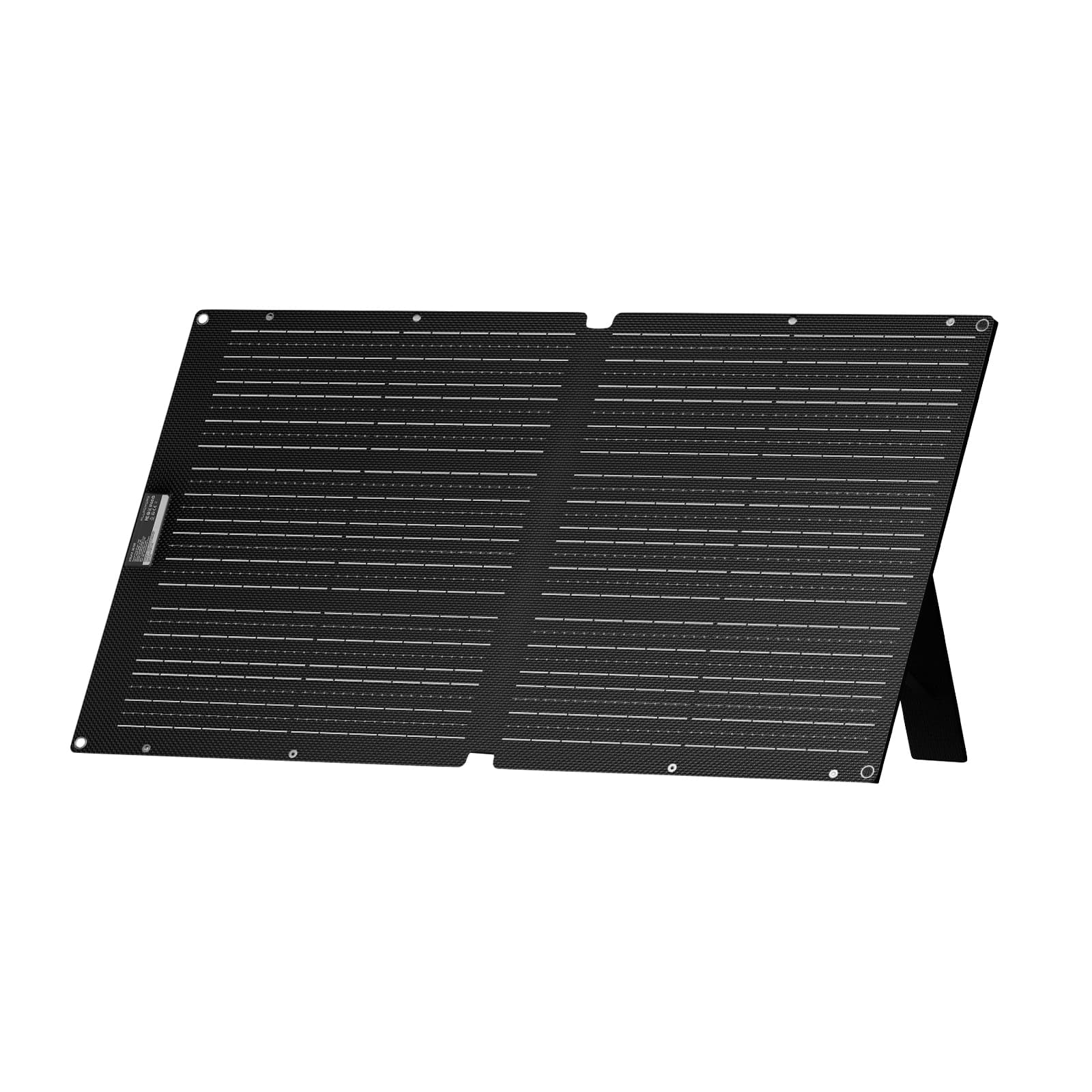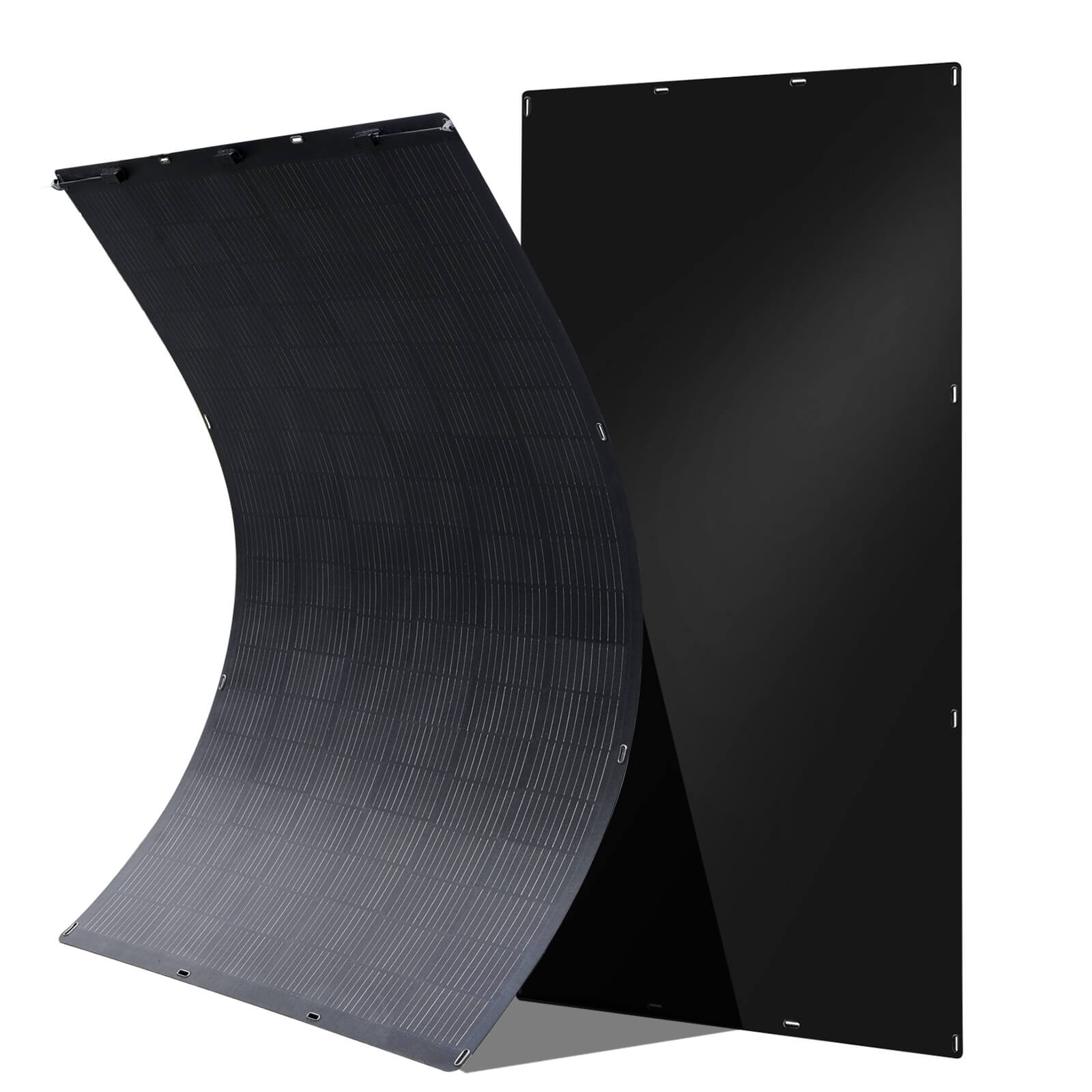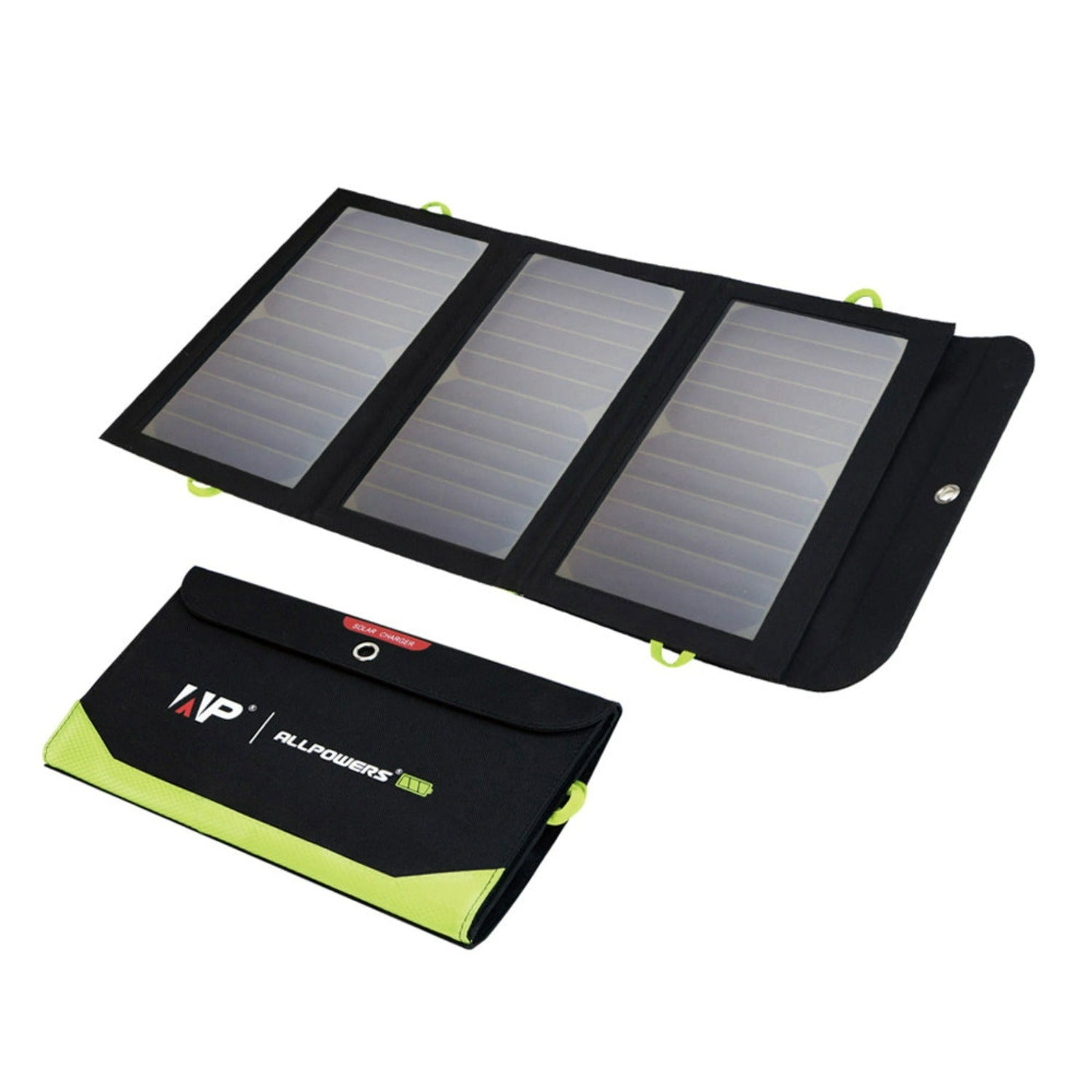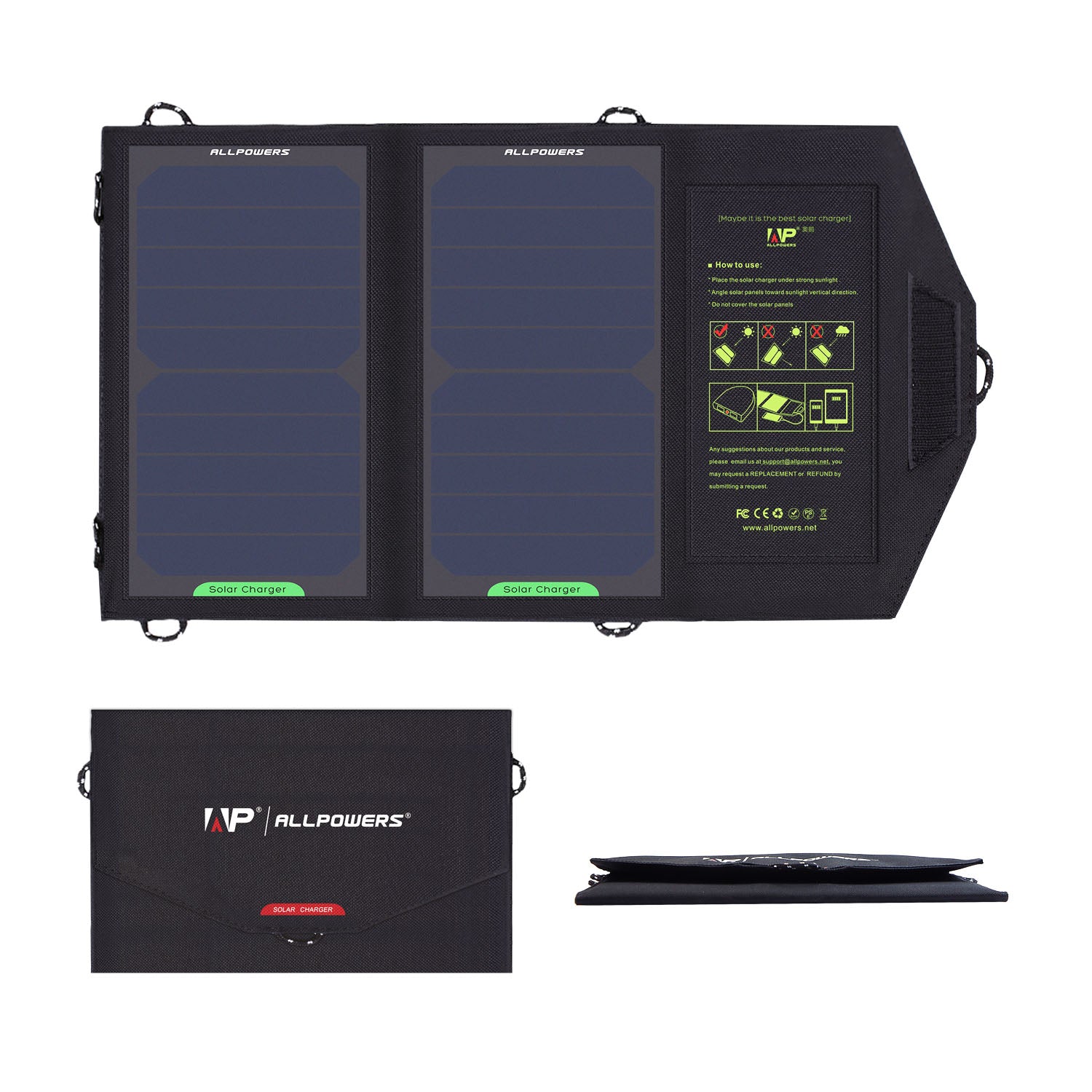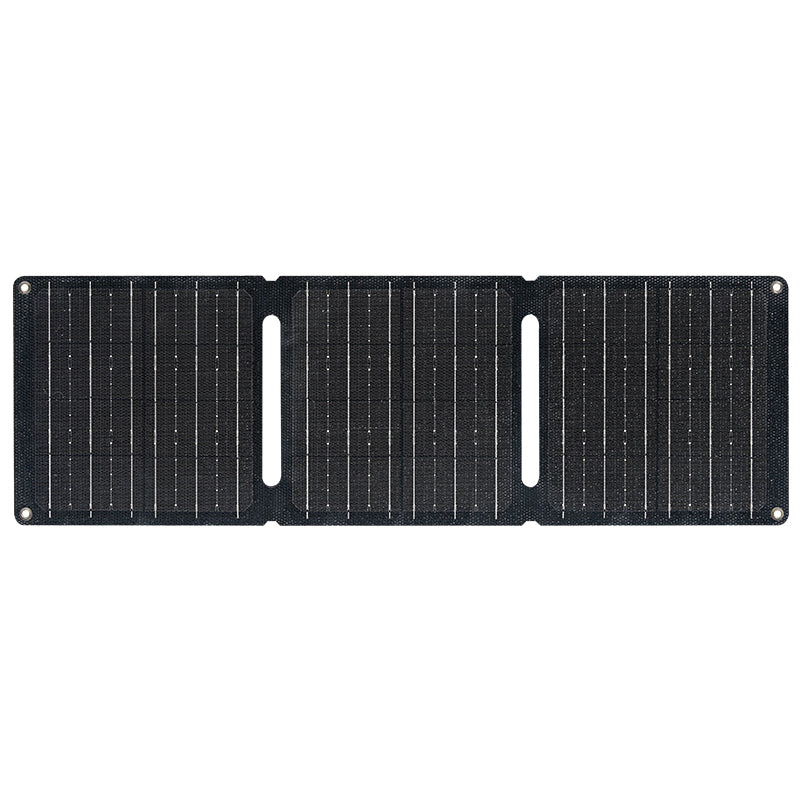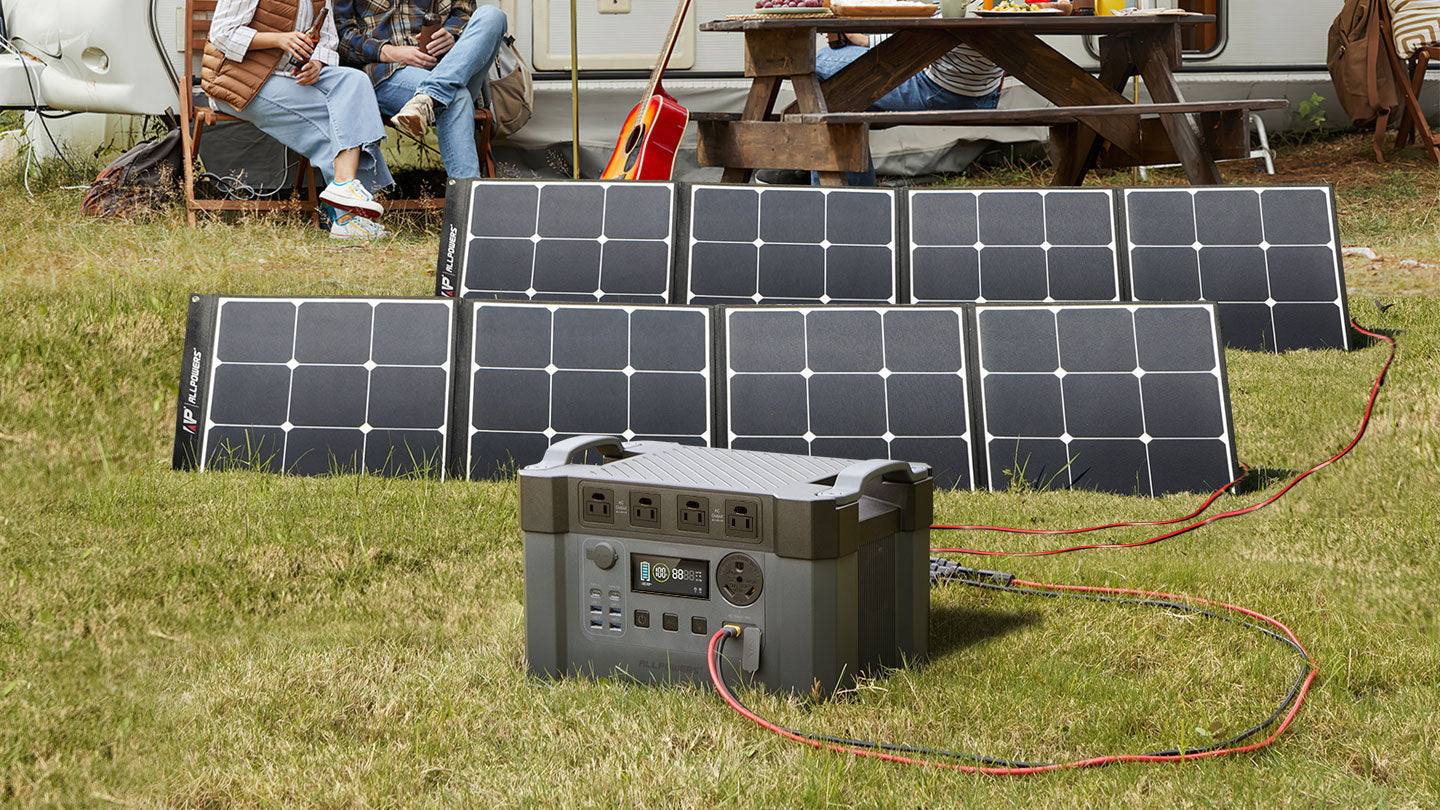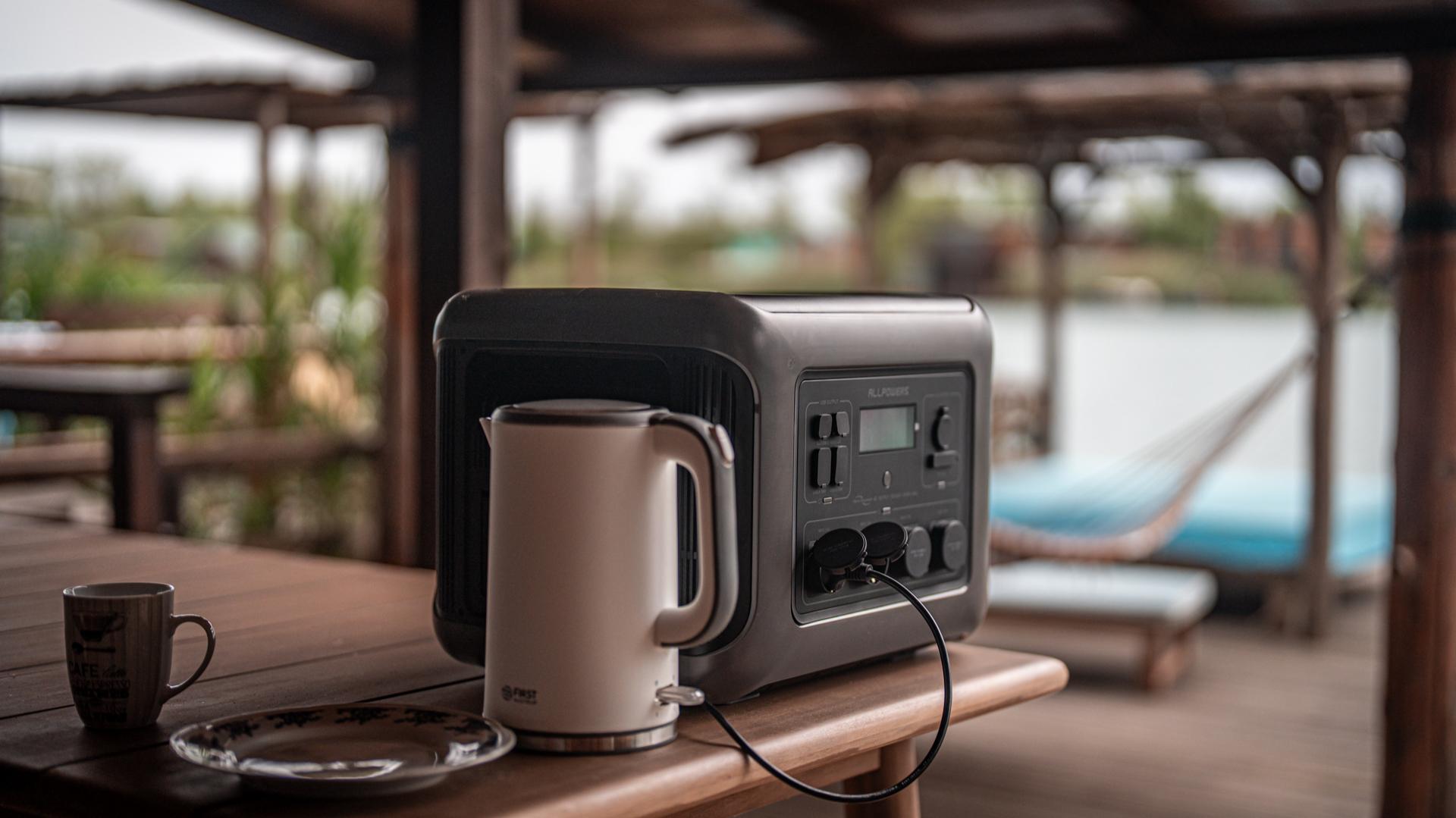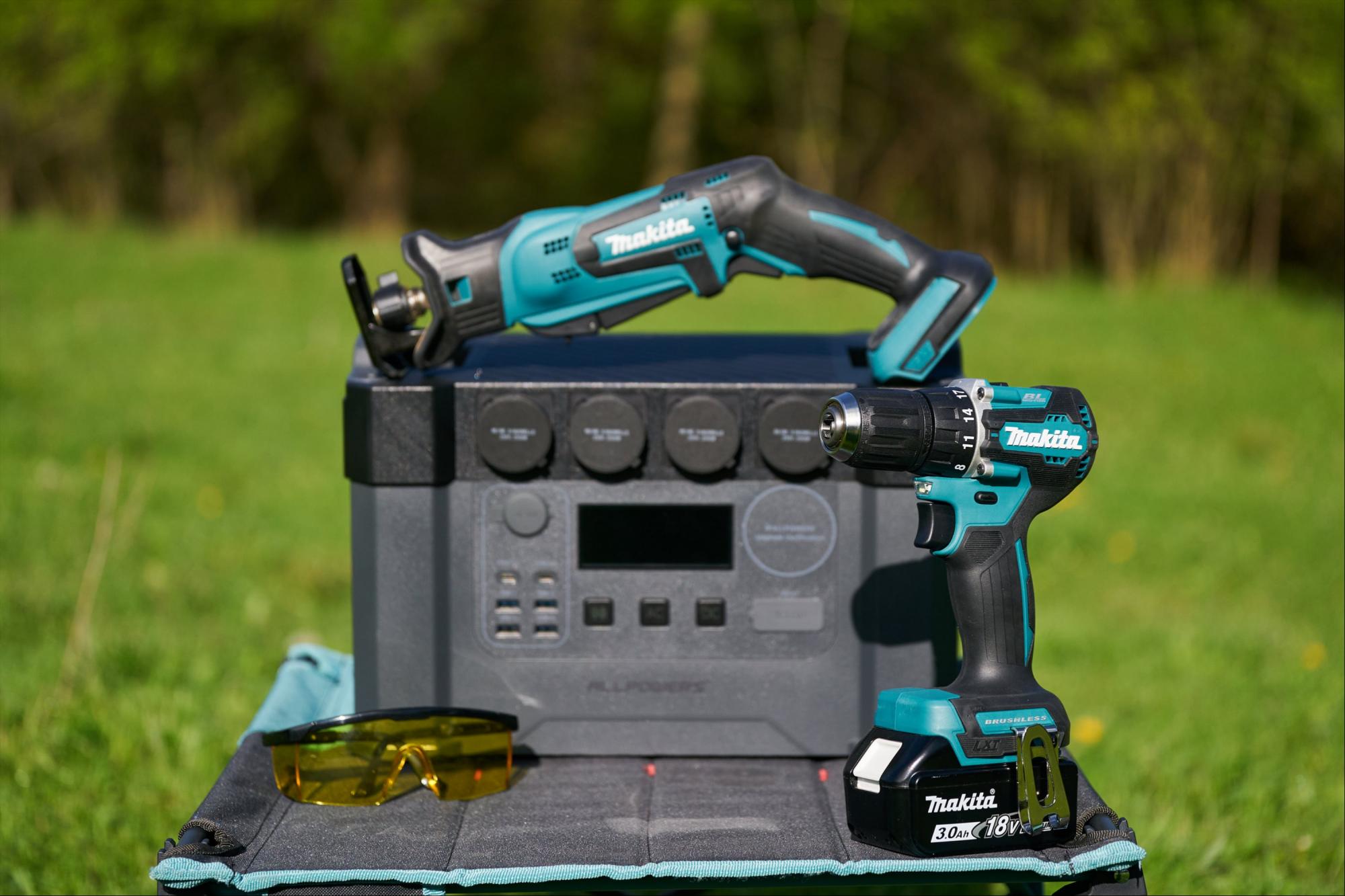For years, the trusty gas generator has been the go-to solution when the lights went out—roaring to life with a pull of the cord.
But these days, solar generators are stepping into the spotlight, promising quiet operation and clean energy straight from the sun.
So, when it comes to choosing your backup, what’s the better bet—sunlight or gasoline?
How each generator powers up?
Let’s keep it simple. Gas generators work like a car engine. You pour in gasoline, turn a key or yank a cord, and boom—power on.
They burn fuel to spin a motor, which turns an alternator and sends electricity out through an outlet.
Solar generators, though? They’re a different animal. No engine. No combustion.
They soak up sunlight through panels, store that energy in power stations, and quietly release it through an inverter when you need juice.
Learn more: How Does the Solar Generator Work?
Output power:
Gas generators have been the go-to for decades, and there’s a reason for that. They’re strong.
Whether you're trying to run a fridge, a heater, or even an entire RV, a decent gas generator can typically handle high-wattage devices with ease.
Some of them push out 5,000 watts or more without breaking a sweat.
Solar generators? It’s getting there.
With pure sine wave inverters and increasingly powerful output ports, many can now push out 2,000–4,000 watts continuously. That’s enough for most daily essentials—and some of the bigger units climb even higher.
Learn more: What Size Solar Generator Do I Need?
But you won’t be firing up a whole house with one—at least not without chaining several together and maxing out your solar input.
It’s a bit like comparing a sprinter to a marathon runner. Gas is explosive and immediate. Solar’s got endurance, but it asks for sunlight.
Reliability:
As long as you've got fuel, gas generators will keep chugging. You can refill, restart, and go all night. Solar? It depends on battery size, how fast you recharge, and whether Mr. Sun shows up.
In a long blackout, a gas generator might run your fridge and heater without blinking.
Solar generators? Charging via solar isn’t instant. If you’re in a rush or dealing with constant rain, that can be frustrating.
But, you can store the energy in large-capacity batteries to use later—like a squirrel hoarding acorns for winter.
Portability:
Gas generators have bulk. Even the "portable" ones weigh upwards of 50 pounds—and that’s without fuel.
They usually require a stable surface, plenty of ventilation, and distance from living areas for safety.
Solar generators, especially newer models, are sleek by comparison. Many are suitcase-sized with built-in handles, and solar panels fold like origami.
Plus, they can be used indoors. No carbon monoxide, no danger, no dragging the thing 50 feet from your tent in the rain.
Noise and smell:
Gas generators are loud. No way around it. Even the so-called “quiet” ones growl like a motorcycle in your backyard.
And the fumes? Well, burning gasoline has a scent that lingers. It gets on your clothes, into your tent, under your skin.
Solar generators? They hum along quietly. No noise. No emissions. Just silent, steady power.
Maintenance:
Here’s something people don’t always factor in: upkeep.
Gas generators require oil changes, filter swaps, spark plug checks—the whole shebang. If you don’t keep up, they stall. And they usually stall right when you need them most.
Solar generators? There’s basically no maintenance. You wipe the panels off every now and then, and maybe check the charge levels. That’s it.
Total Cost:
Now let’s talk money.
Yes, gas generators are cheaper up front. A decent 2000-watt model might cost you under $500. Even high-end ones rarely cross $2,000. That makes them attractive—especially for folks who just want insurance for occasional blackouts.
But what about gas, oil, filters, and maintenance? That adds up. Plus, they wear out. Parts break. Carburetors clog.
Solar power stations feel expensive at first glance. A high-capacity one can set you back $1,000 to $4,000 or more. And panels? Those aren’t cheap, either.
But here’s the thing—once you’ve paid, that’s it. No fuel costs. No maintenance. No oil changes or spark plugs. And they last for years. Add in federal tax credits (yes, many solar systems qualify), and the gap starts to close.
It’s the old story—pay now or pay later. But with solar, at least you’re not always paying.
Environmental impact:
It’s 2025. Clean energy isn’t just a buzzword anymore—it’s where the world is headed.
Gas generators burn fuel. They release carbon monoxide, volatile organic compounds (VOCs), and a slew of greenhouse gases.
Some states are even phasing them out for that reason. California already passed legislation to ban gas-powered small engines, including many generators, starting in 2028.
Solar? It’s the cleanest energy source we’ve got. No combustion, no noise pollution, no waste. Just sunlight, absorbed and stored. Over time, the environmental benefits stack up massively.
Which one actually keeps you running longer?
A typical 2000-watt gas generator might give you 8–10 hours on a single tank. A solar generator with a 1500Wh battery might power your devices for just as long, but it depends heavily on what you're plugging in.
But here's the kicker—solar power is renewable. Once the gas runs dry, that generator’s just a heavy metal box. Meanwhile, solar panels keep sipping energy from the sky—day after day.
So, if you’re thinking long haul? Solar has a kind of resilience that gas just can’t fake.
Learn more: How Long Does a Solar Generator Last?
So, which one wins?
It’s not that one is “better” across the board. It’s that each has a personality—and your choice should match your lifestyle.
If you're running heavy tools on a jobsite, living in an off-grid cabin, or powering an RV during sub-zero nights, gas might be the brawnier option. It's tried-and-true, and when maintained, it's solid.
But if you’re camping, prepping for outages, or just tired of pulling cords and smelling like a gas station—solar might just change your life. It’s peace of mind wrapped in a sleek, plug-and-play package.
It’s also worth noting: some folks go hybrid. Use gas for emergencies, solar for everything else. That’s not cheating—it’s smart.
Learn more: What Is the Best Solar Generator?
Conclusion
So, what’s the verdict?
Honestly? It depends on you. Your needs. Your lifestyle. Your backup plan.
Choosing between gas and solar isn’t always about “either-or.”
Some people use both.


